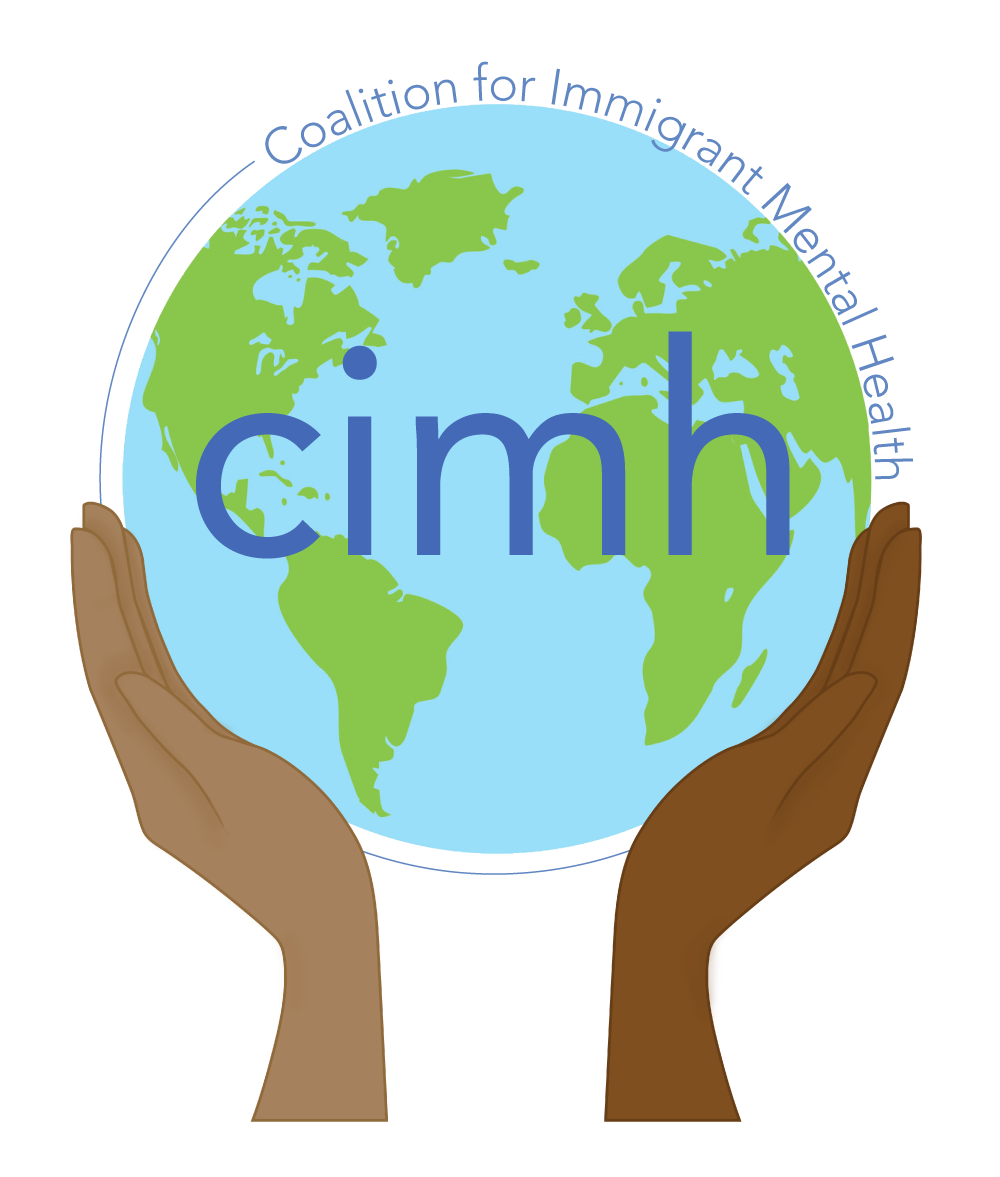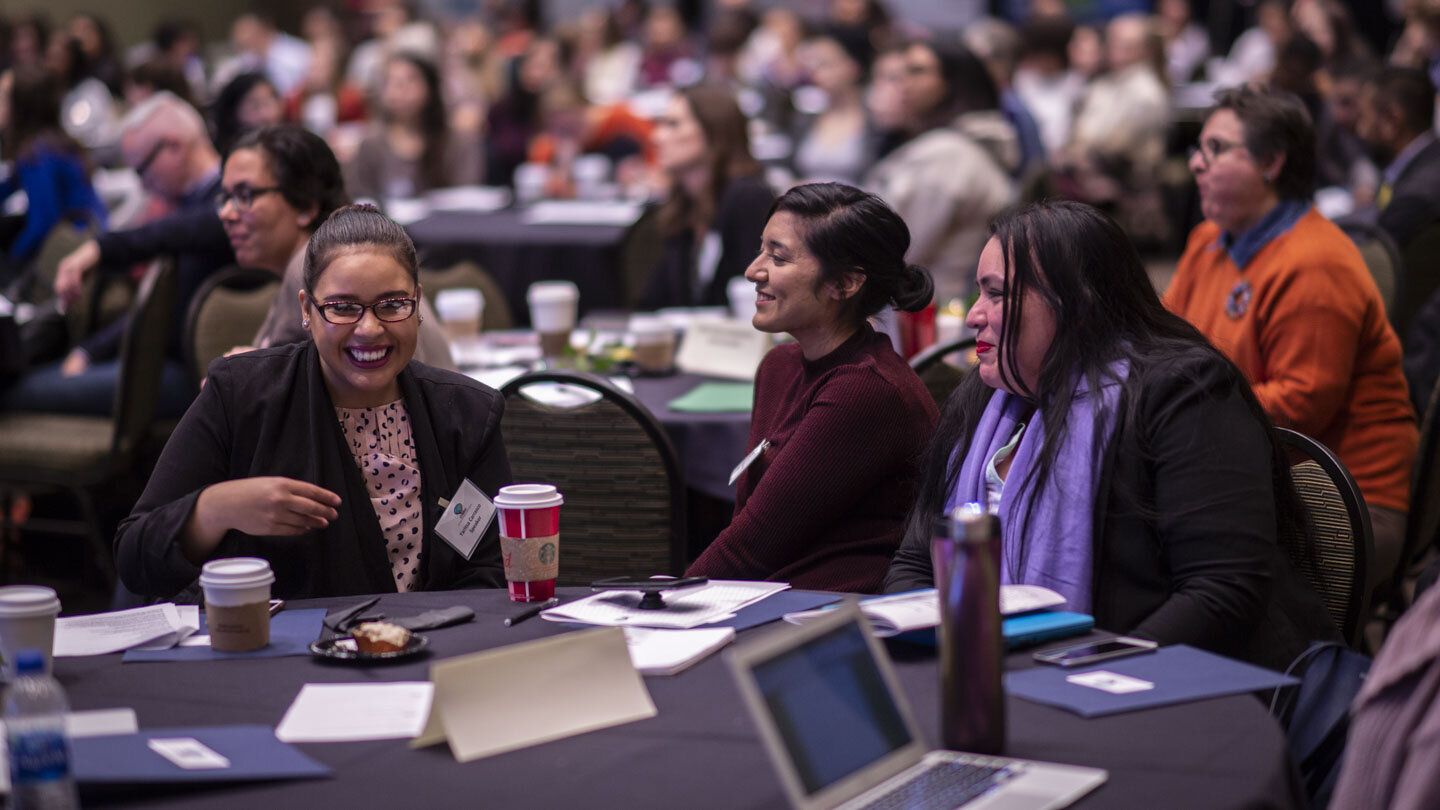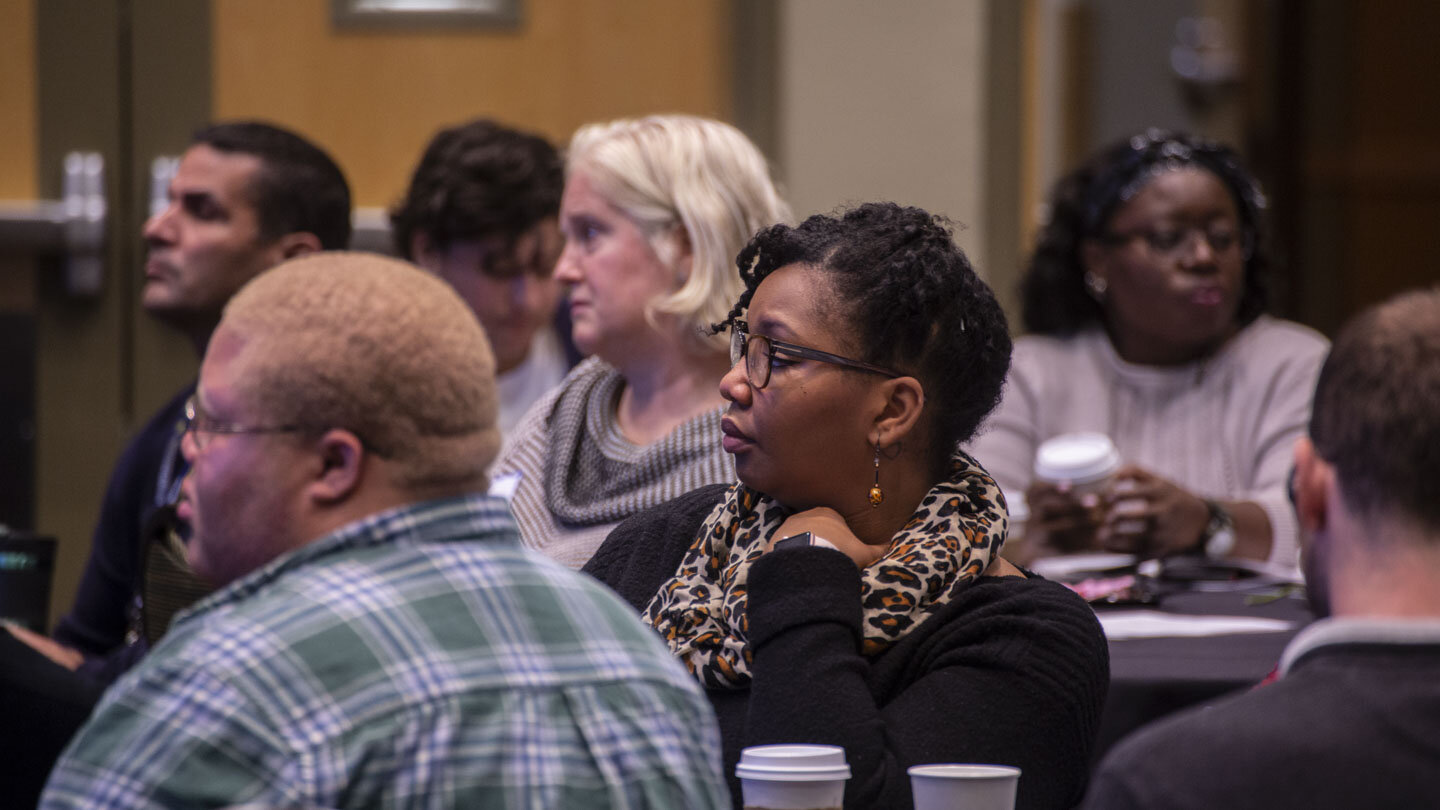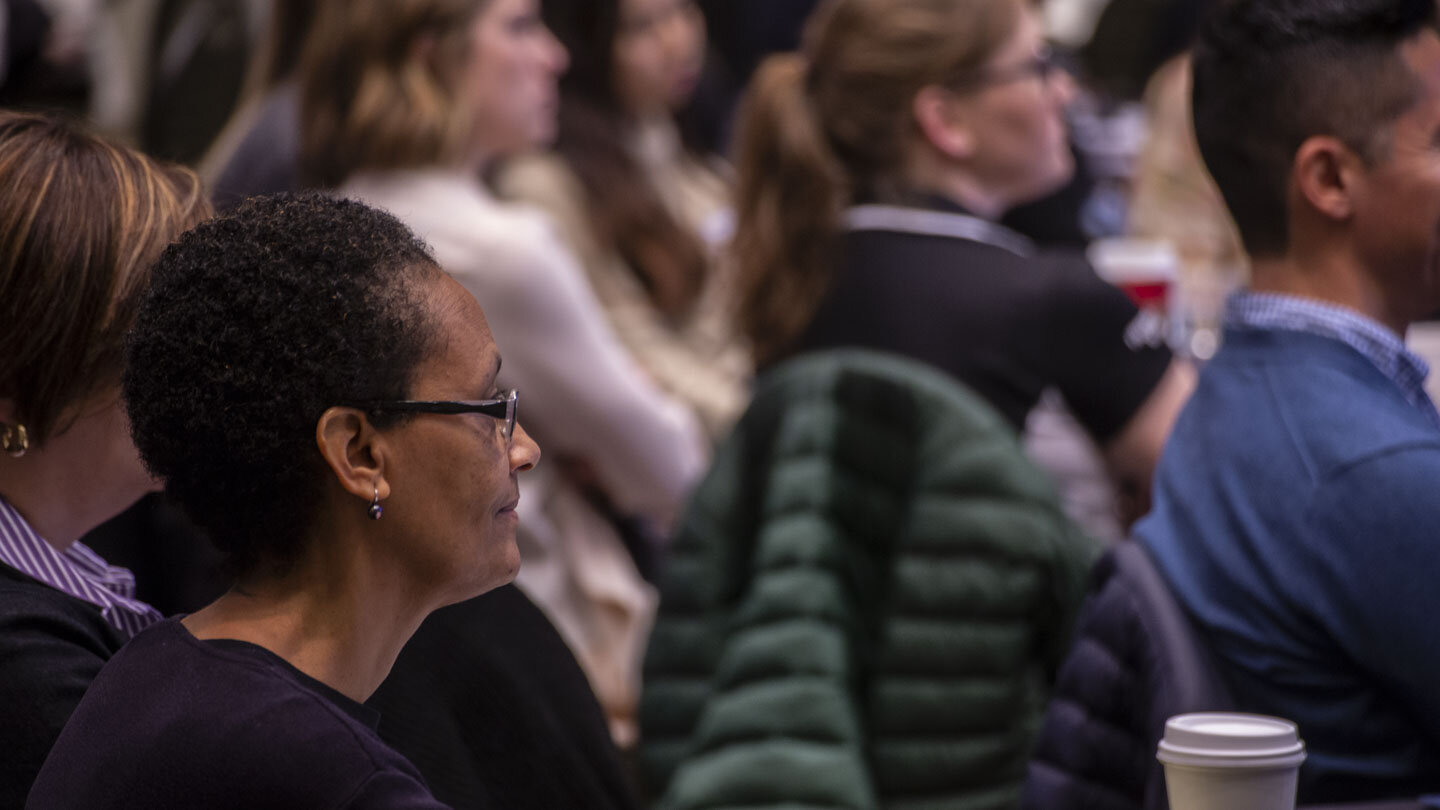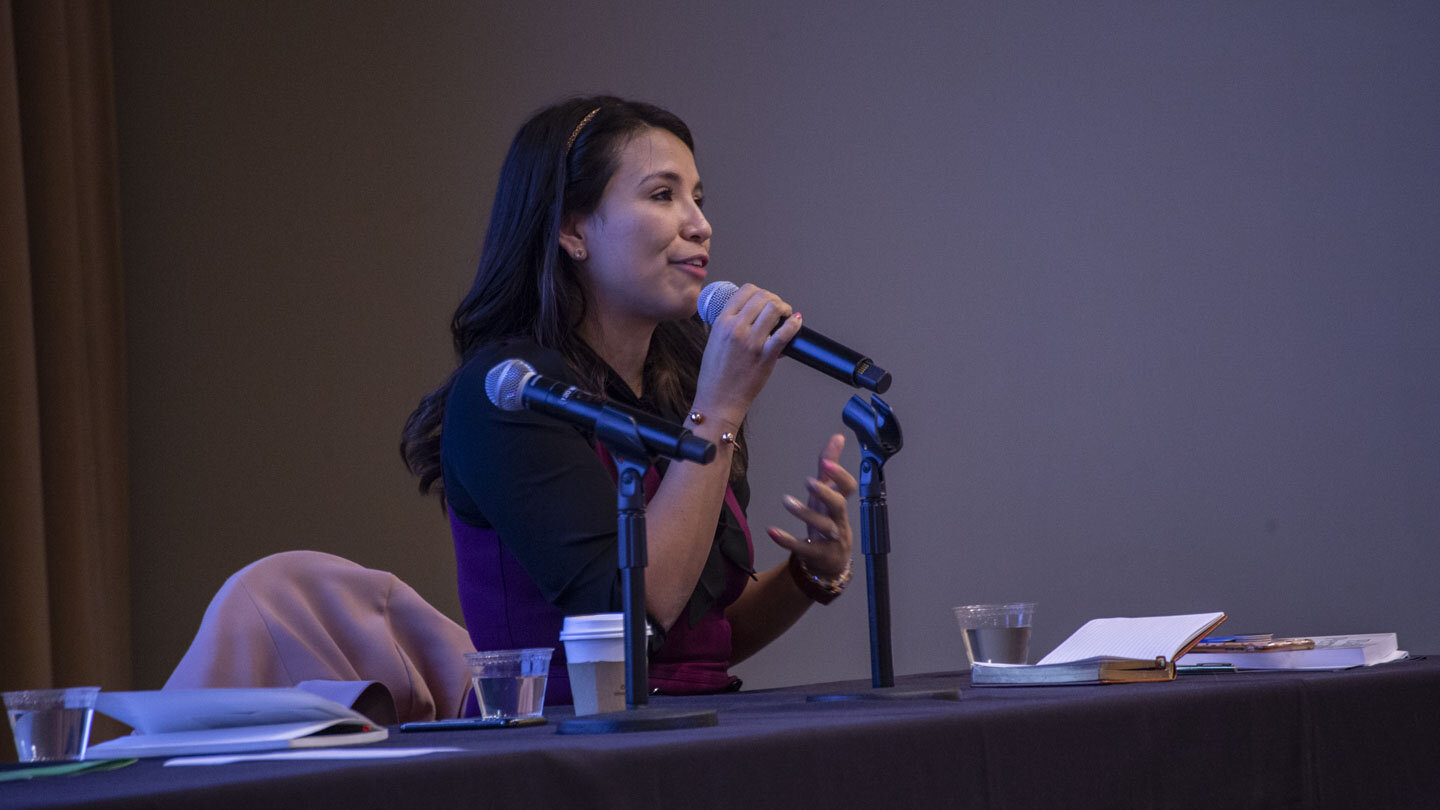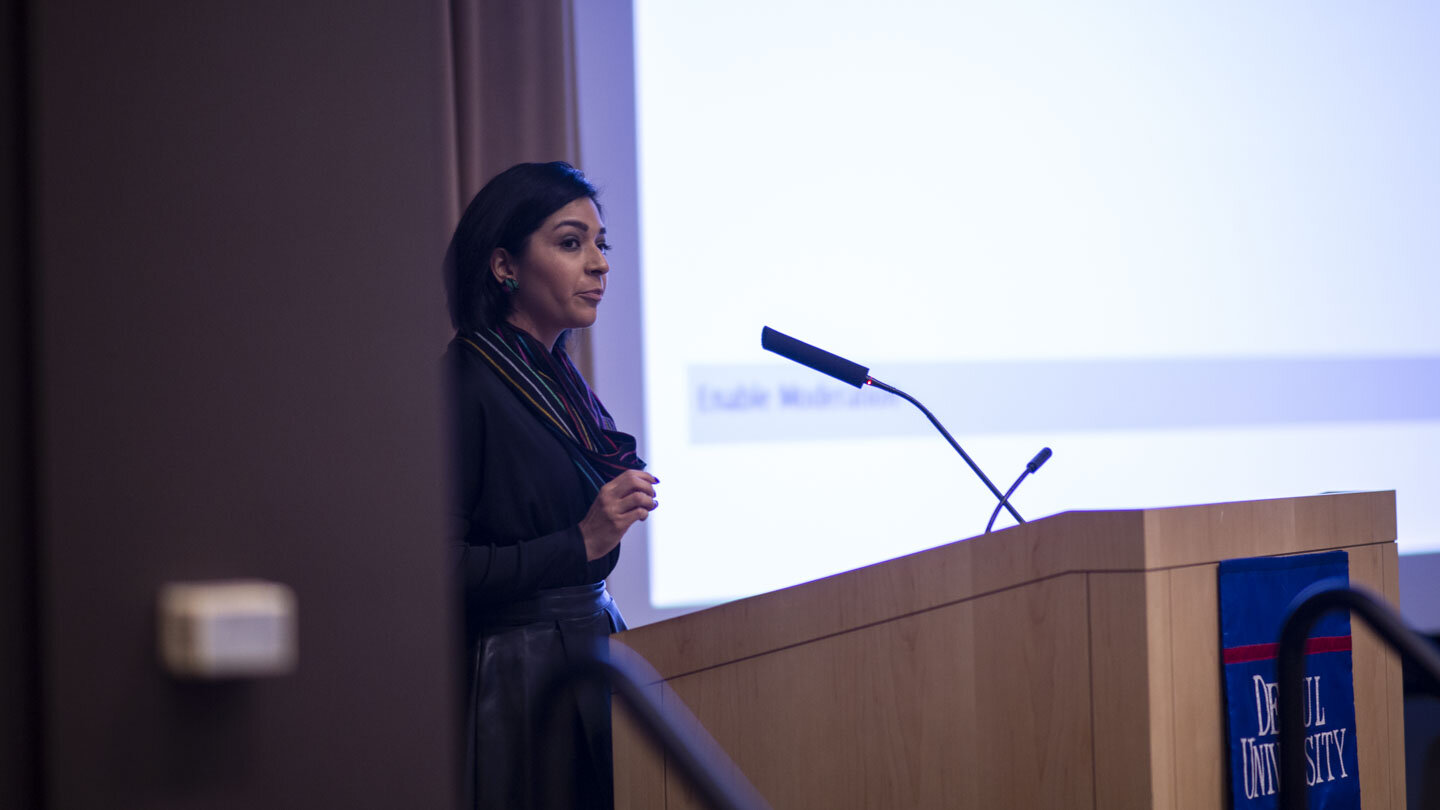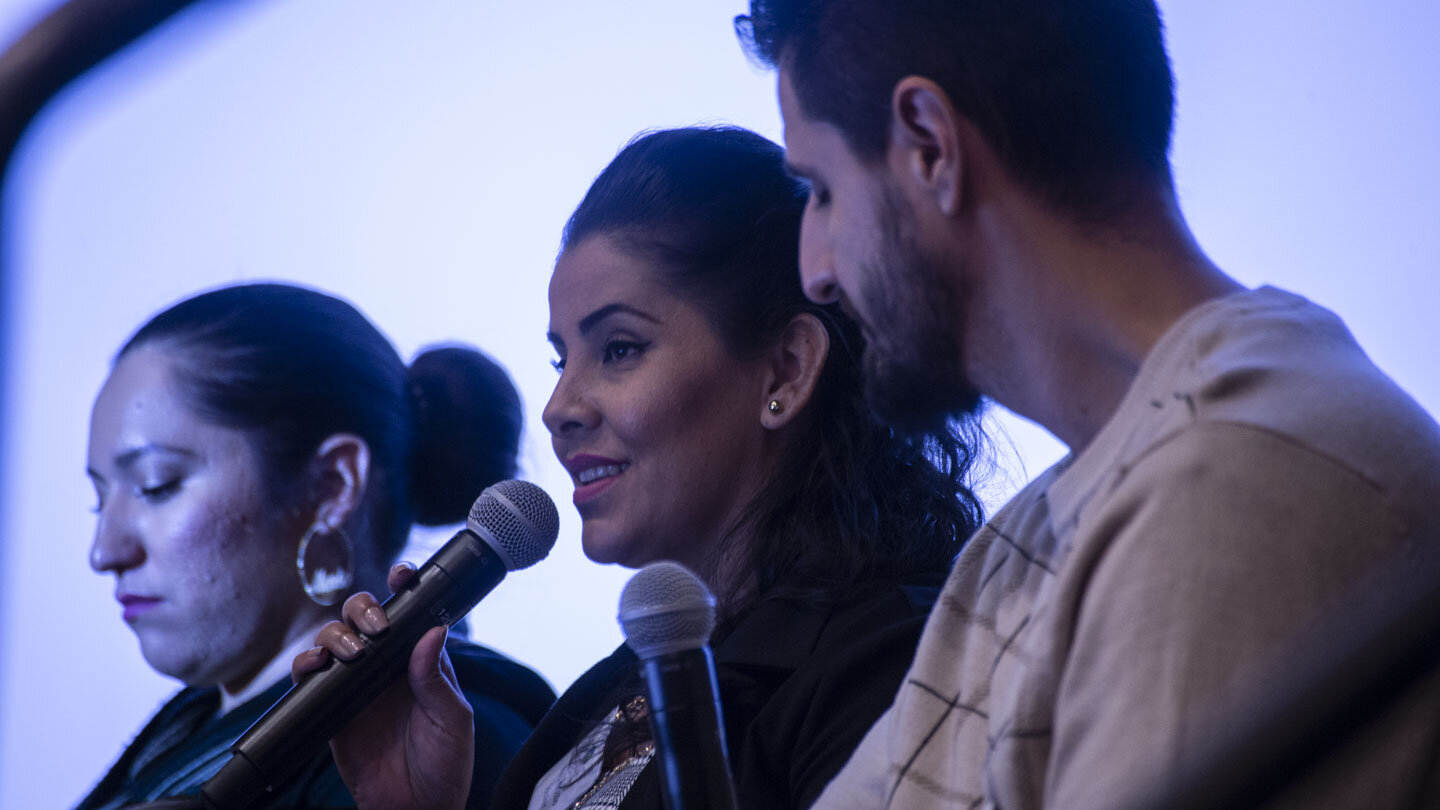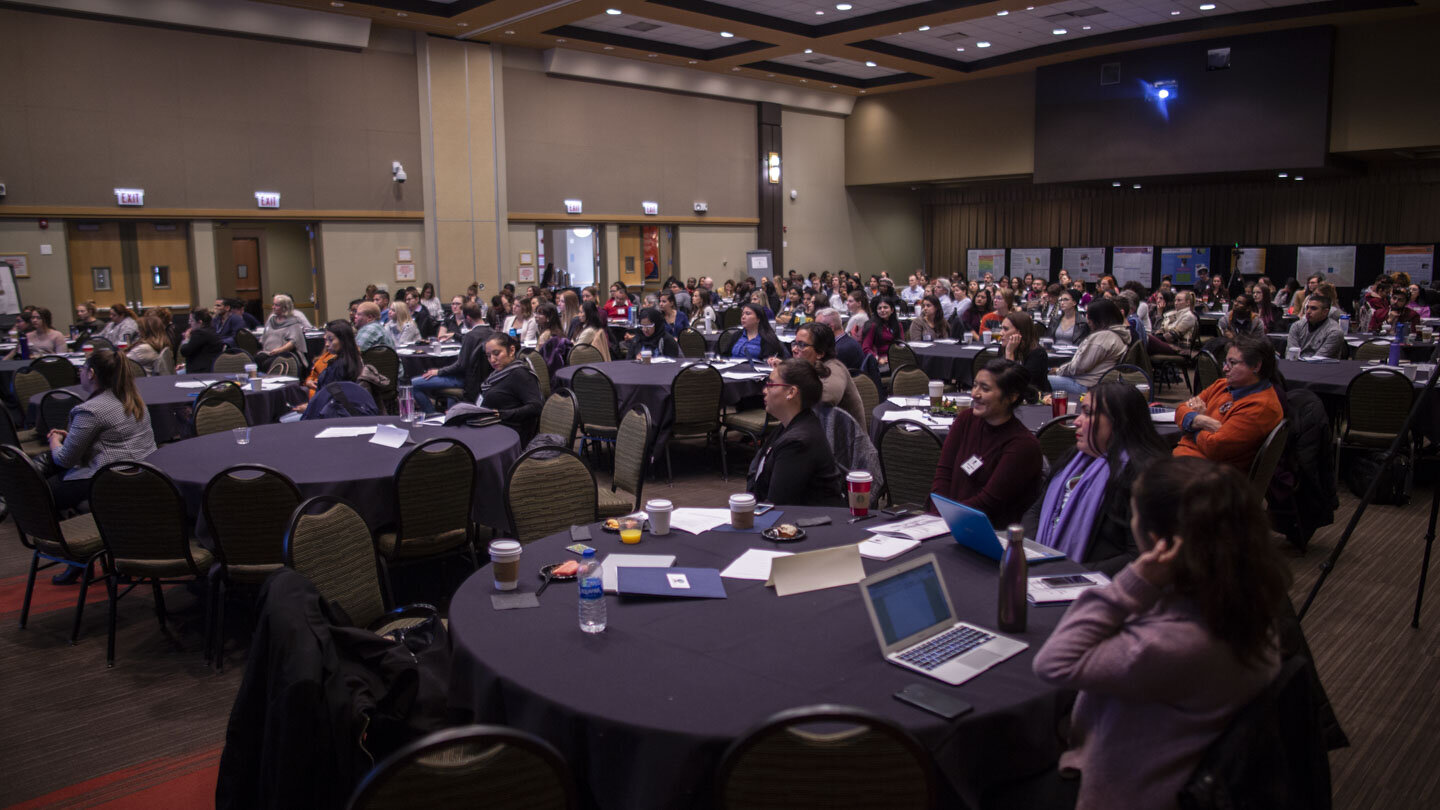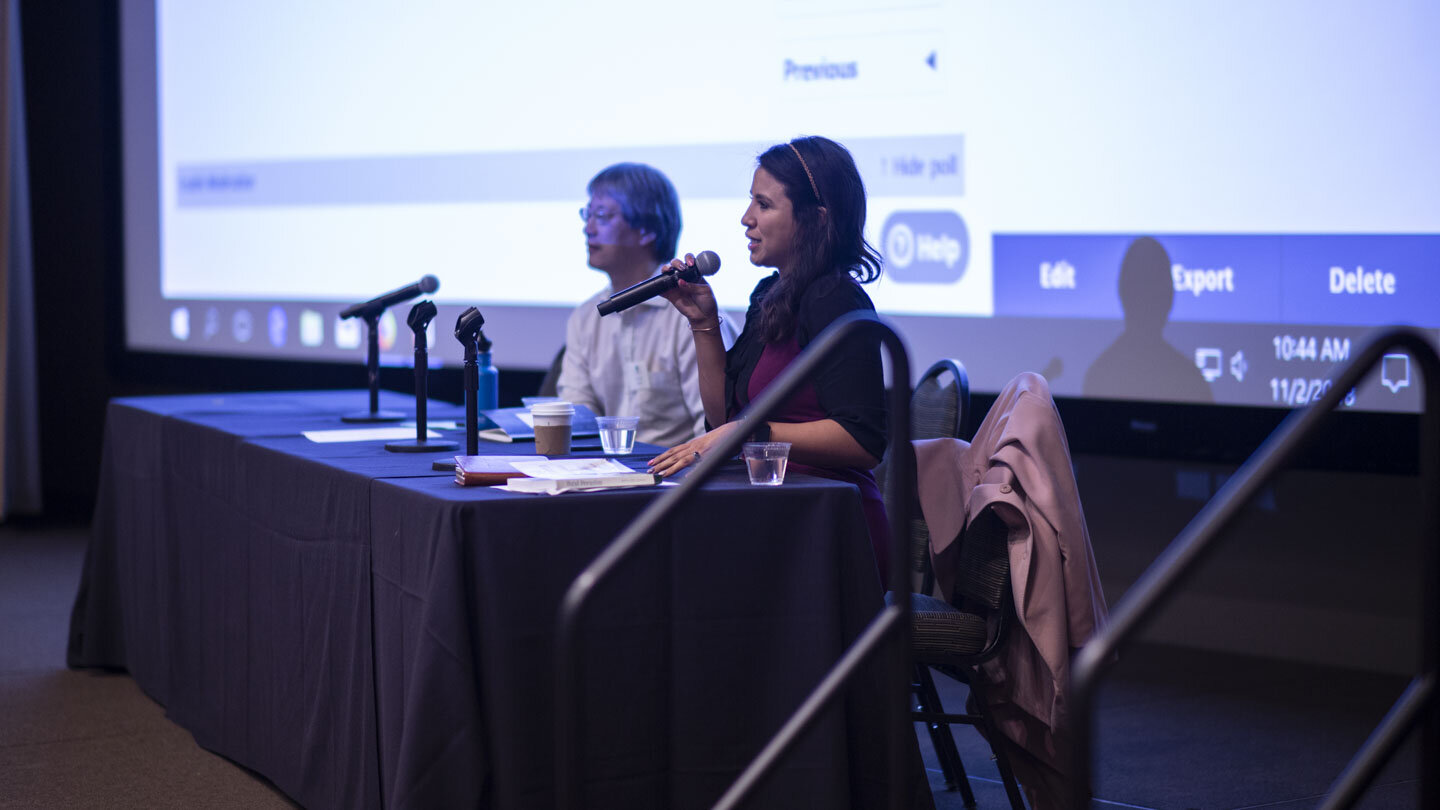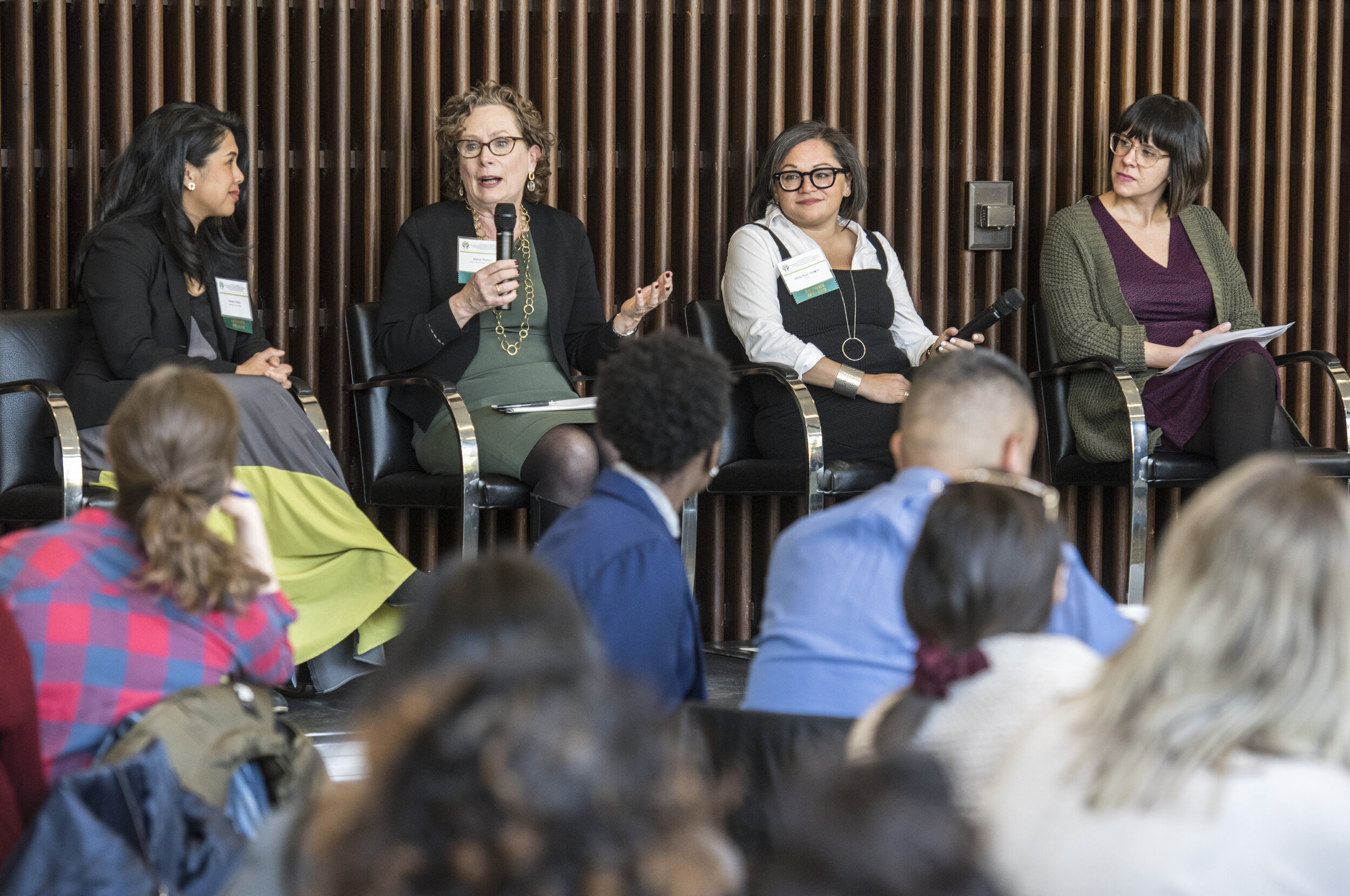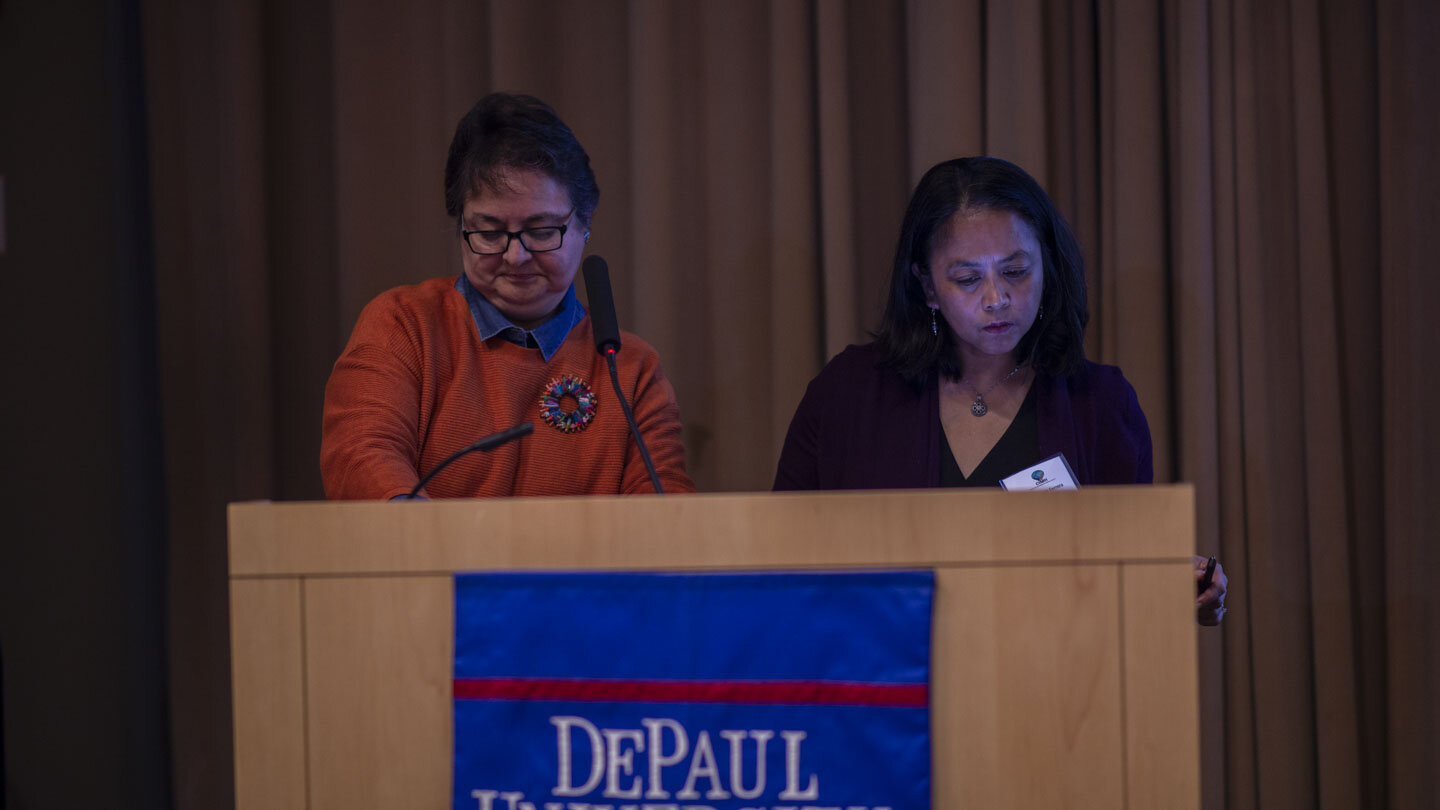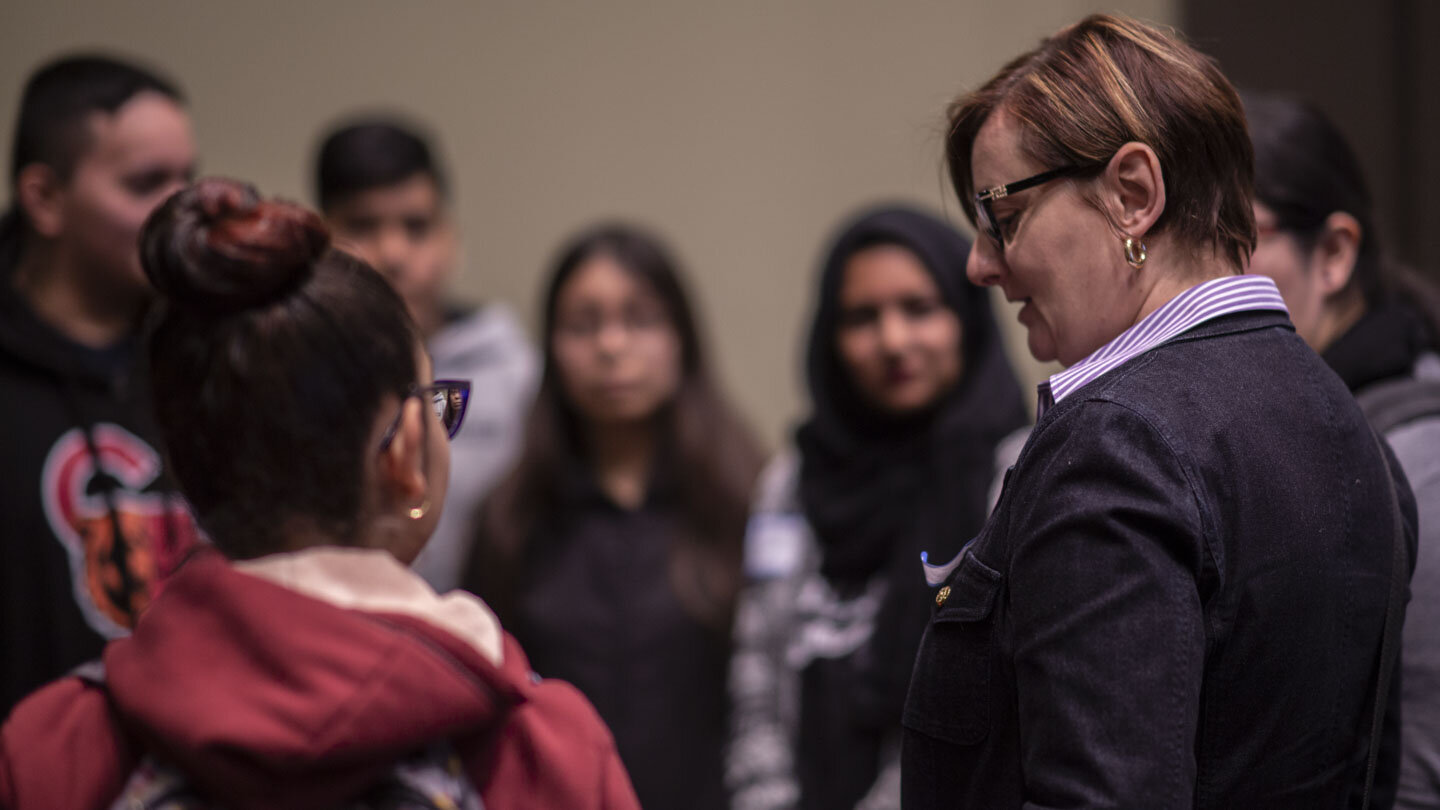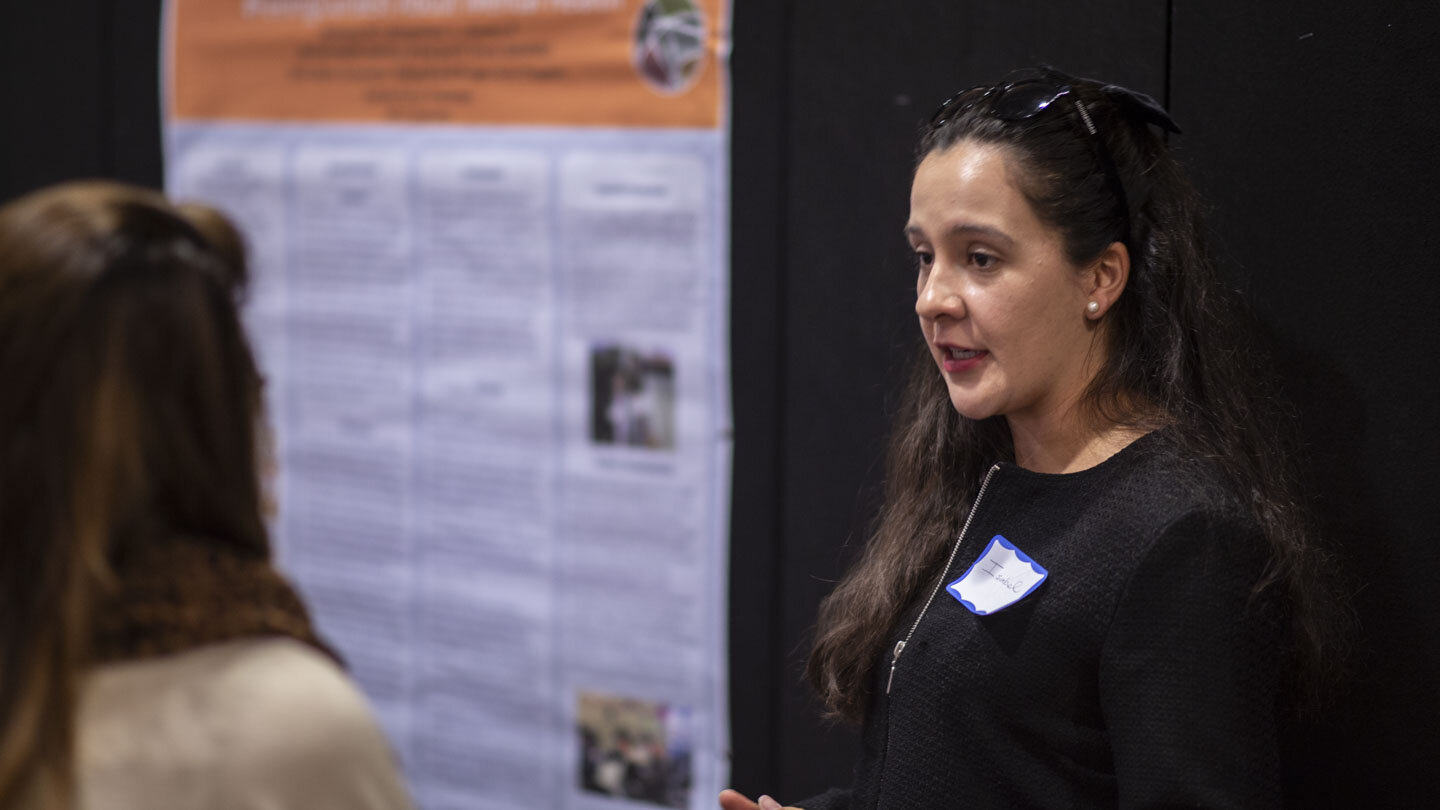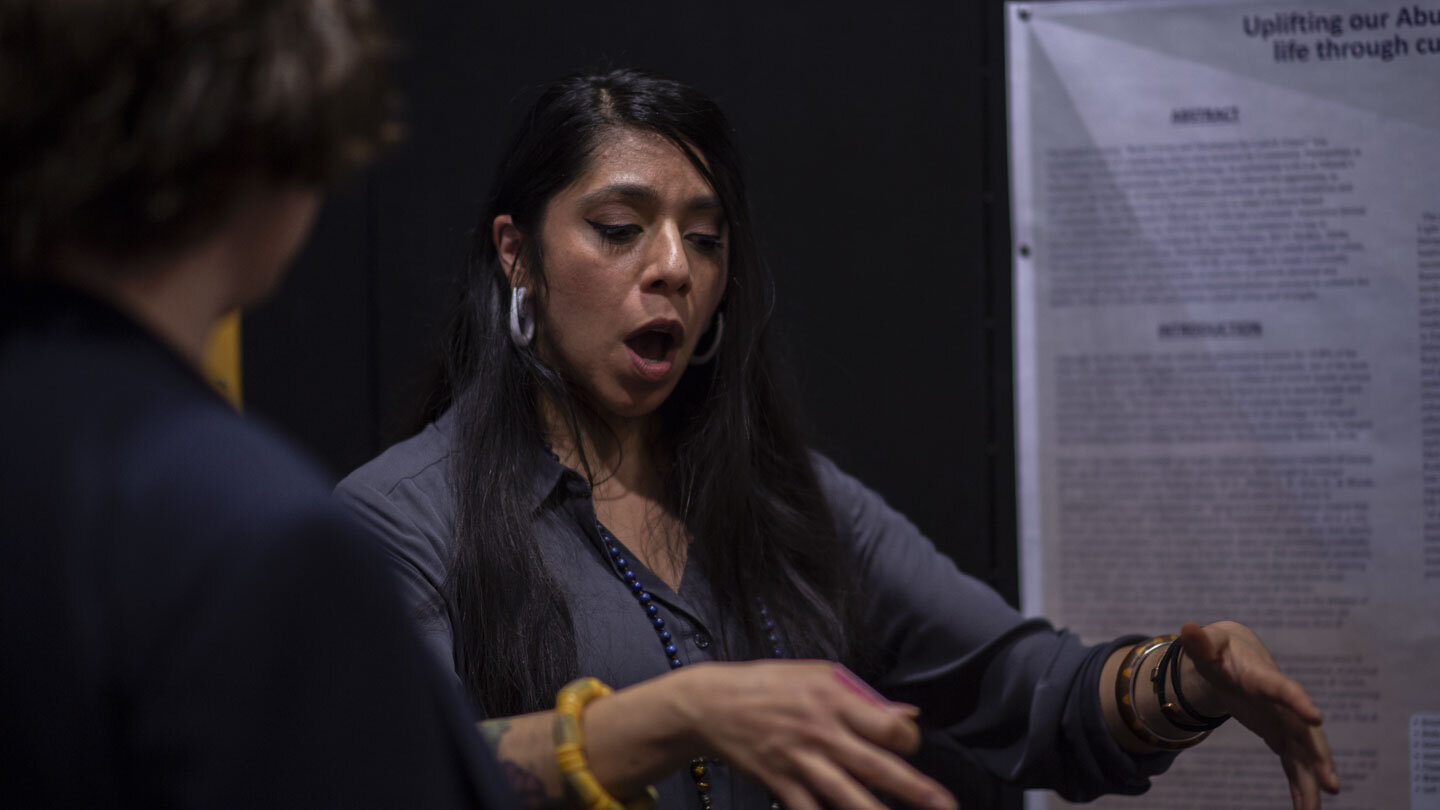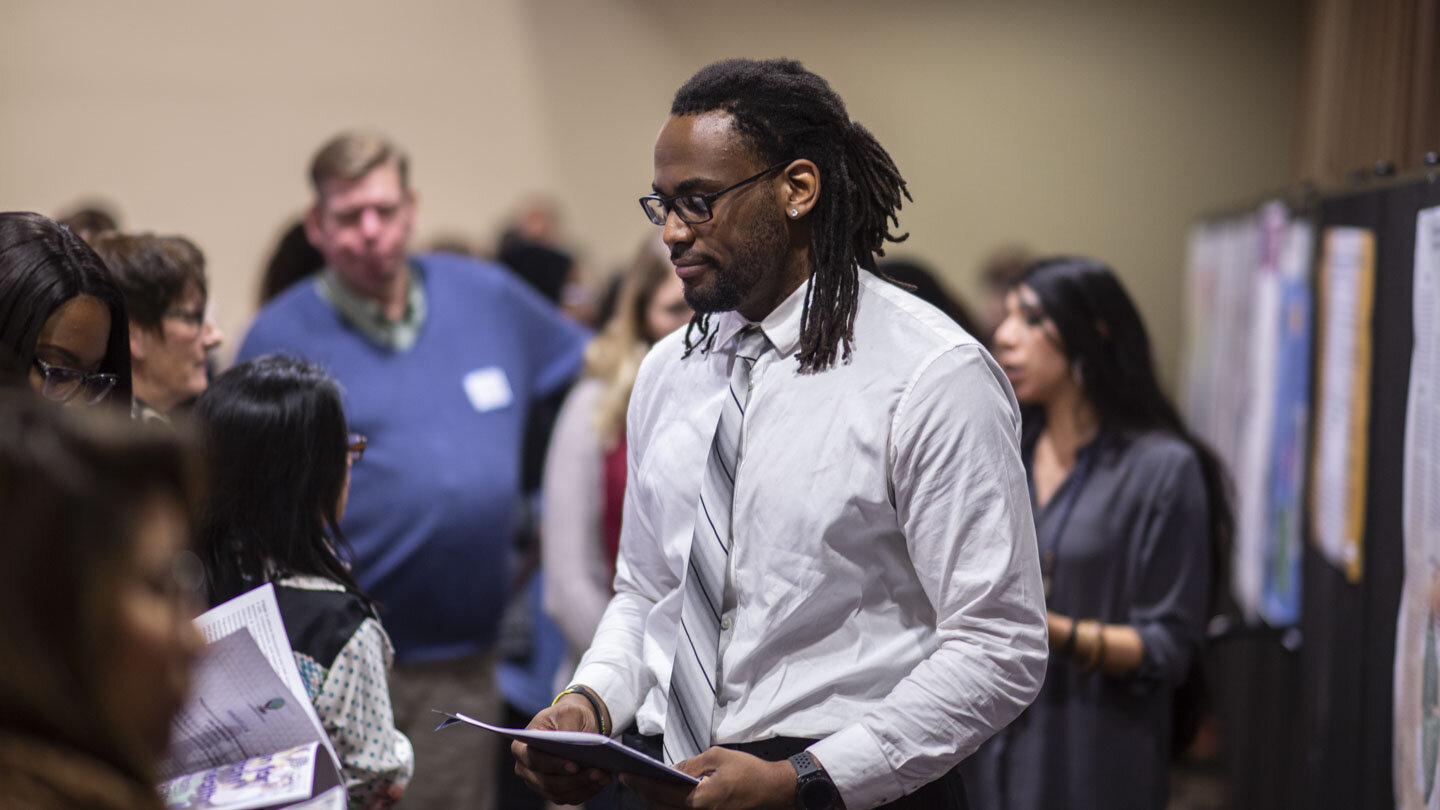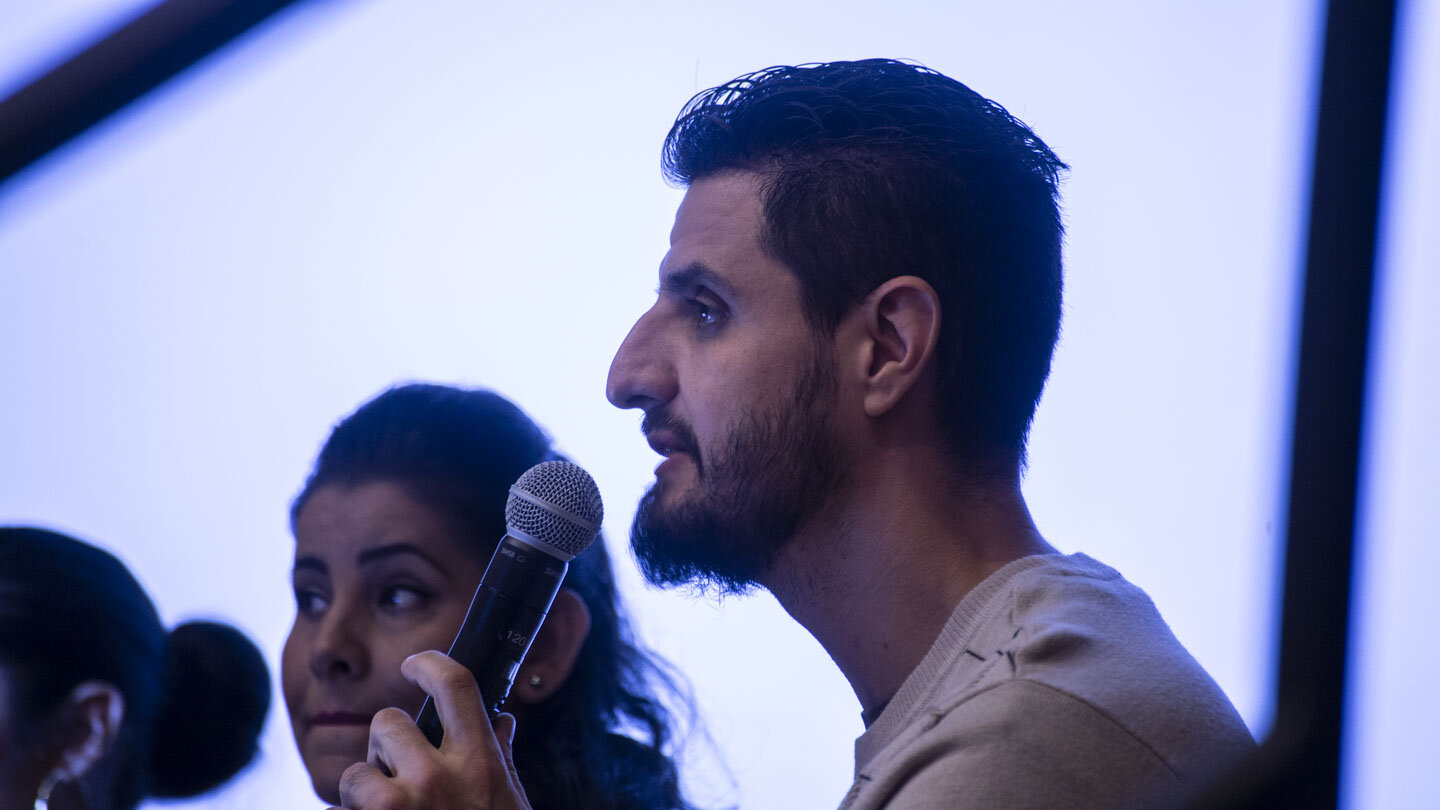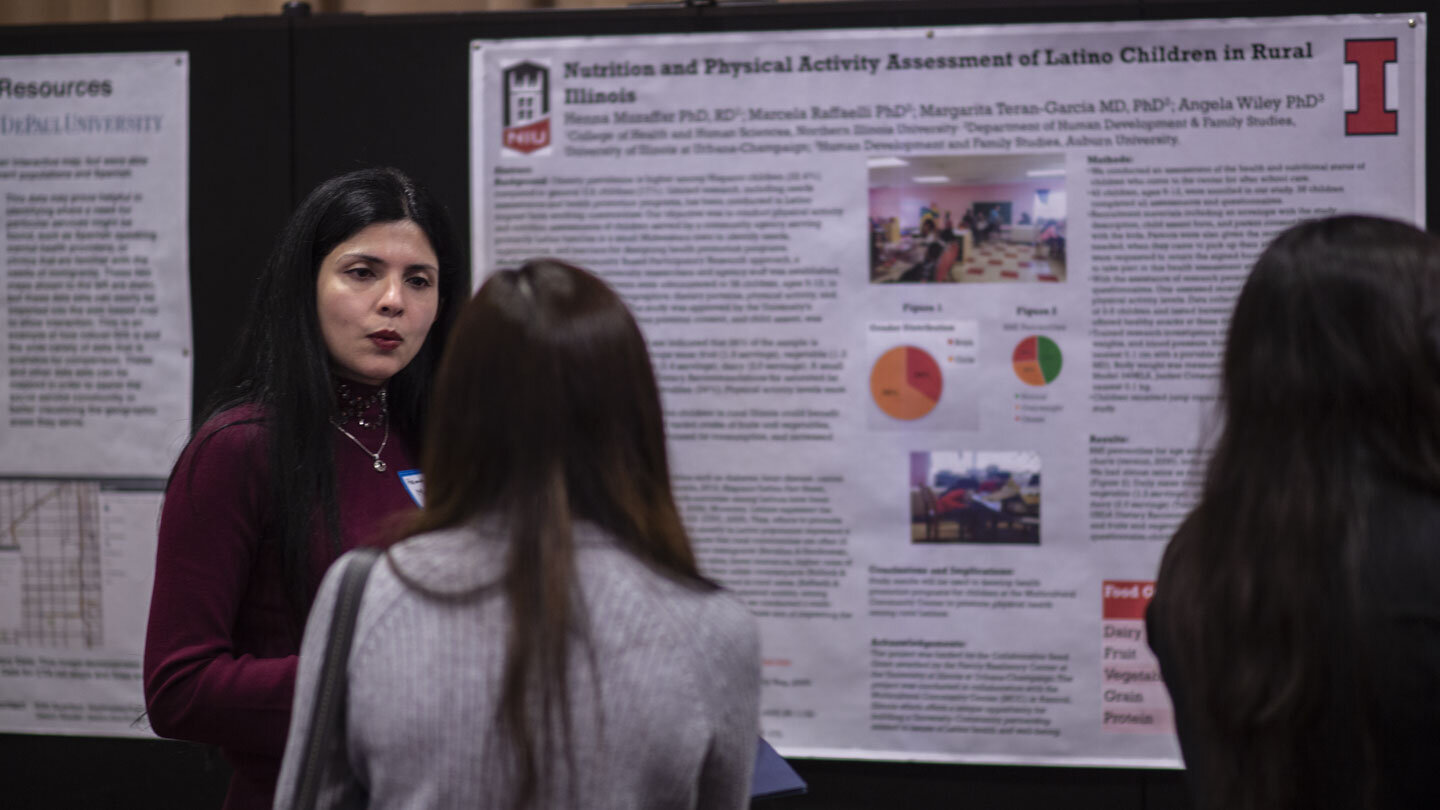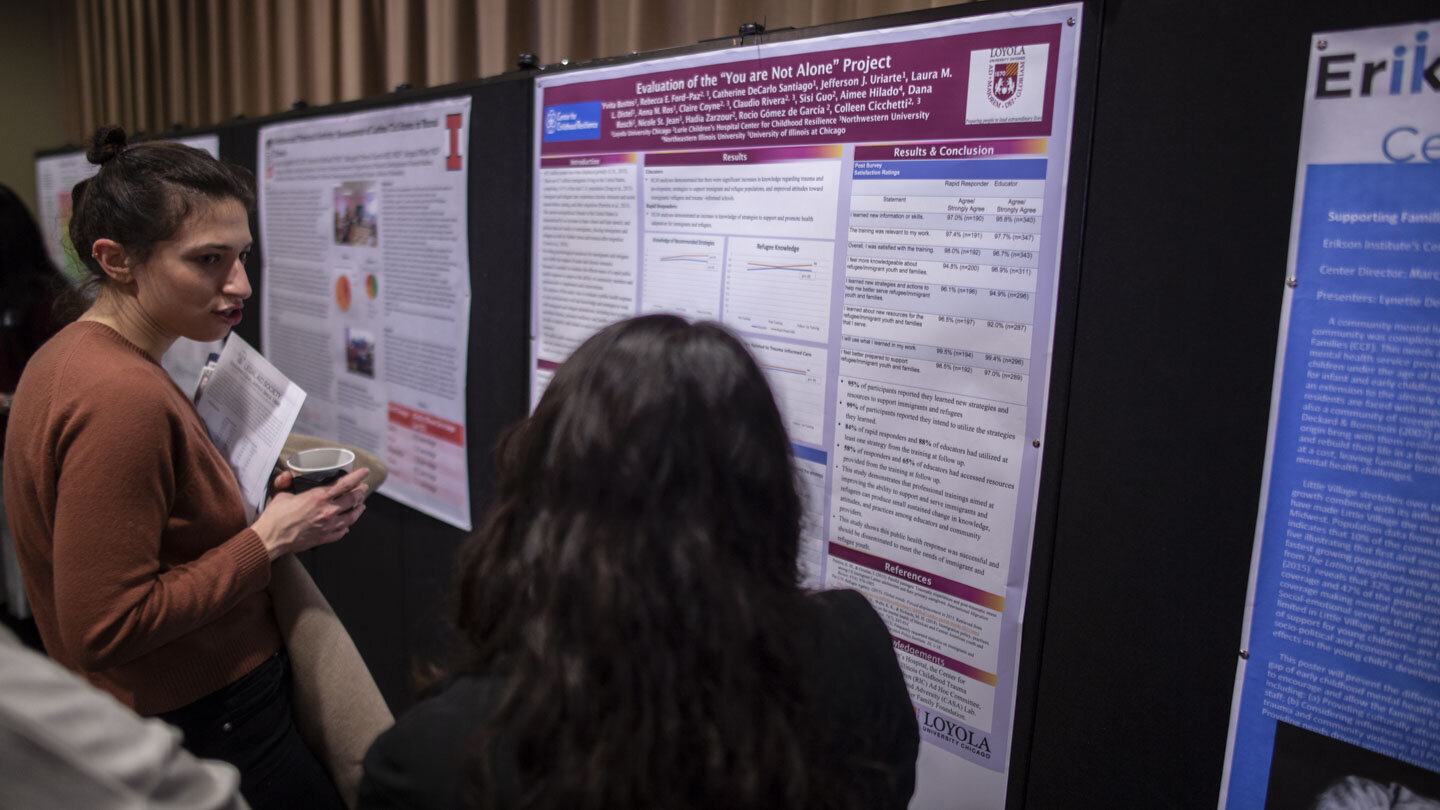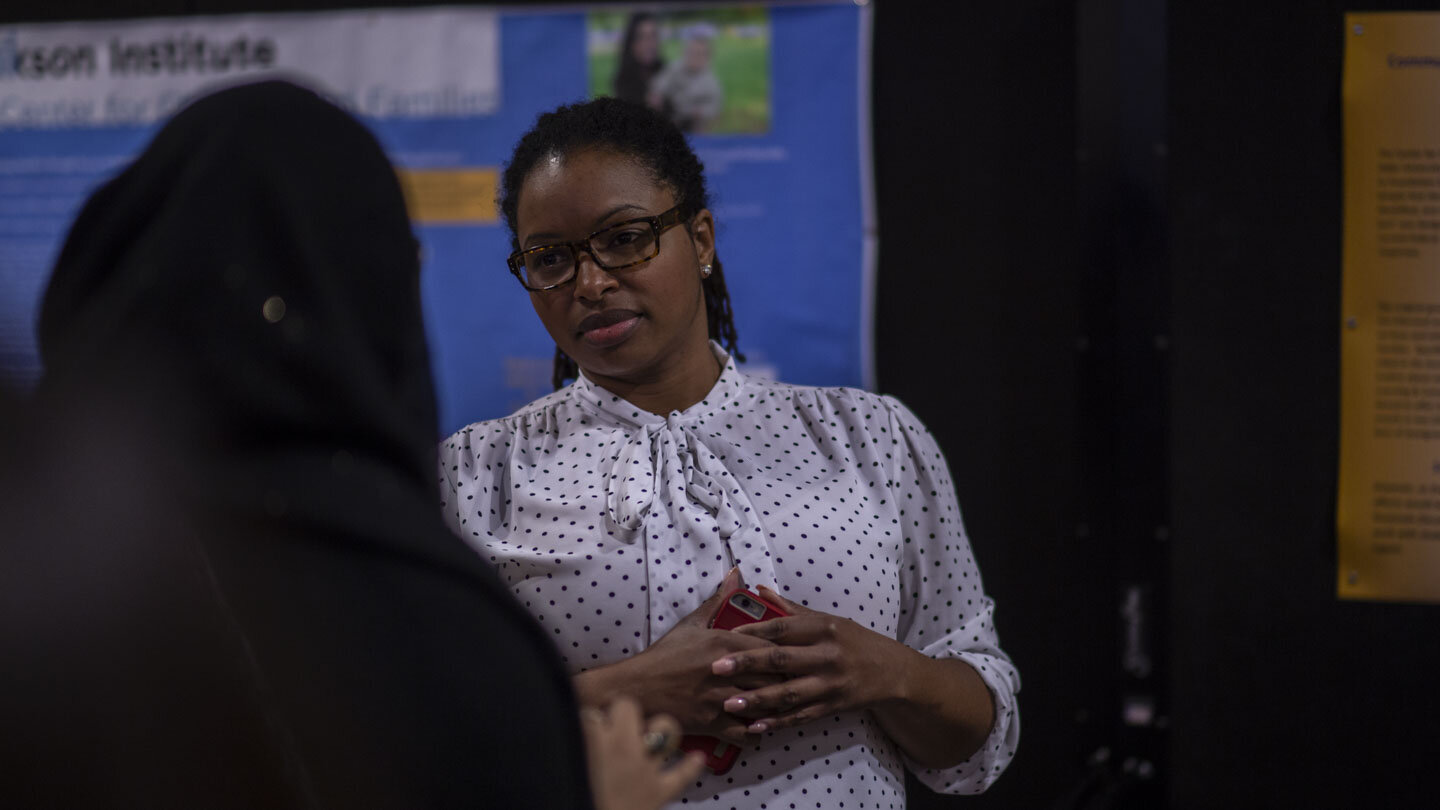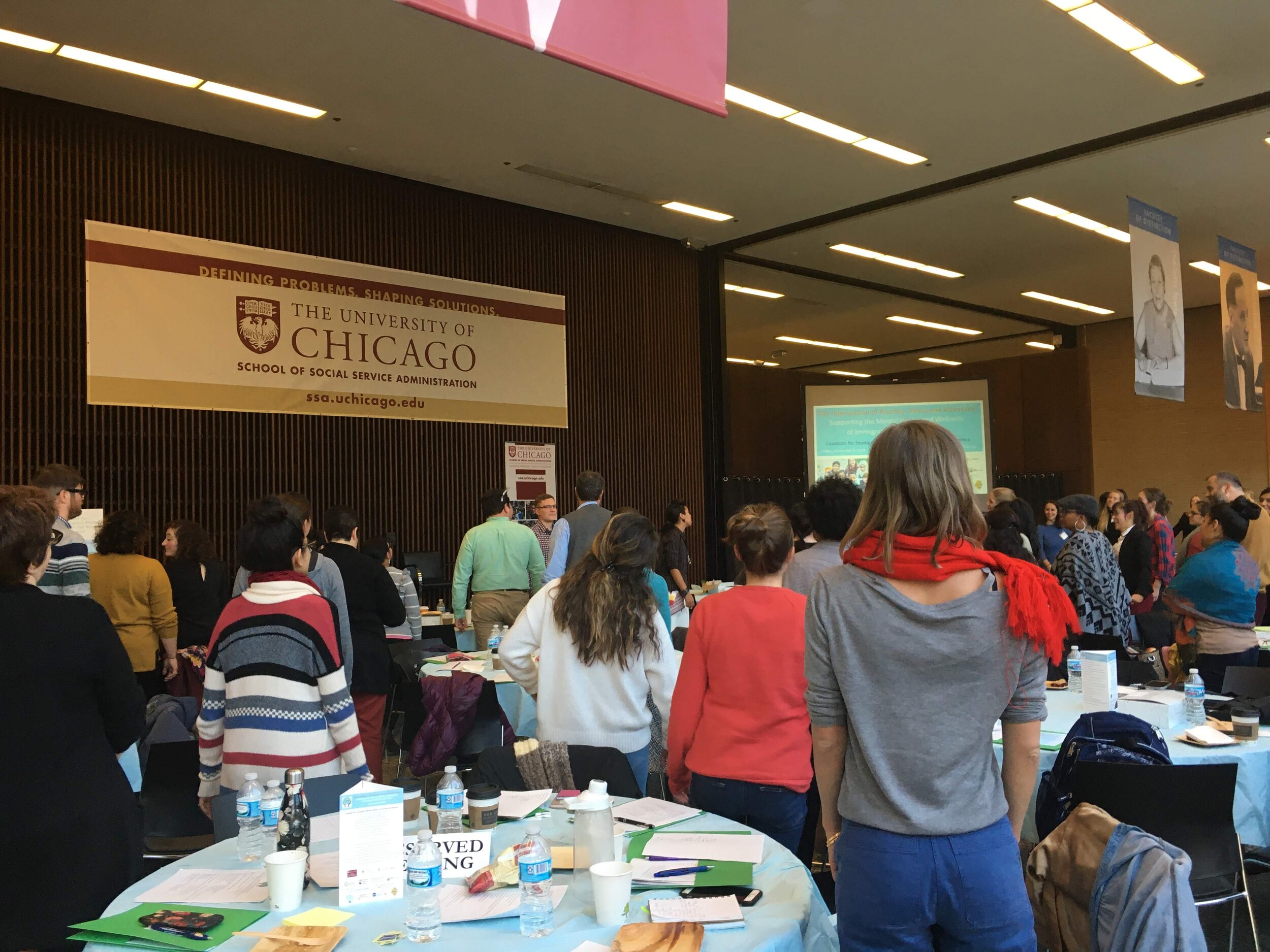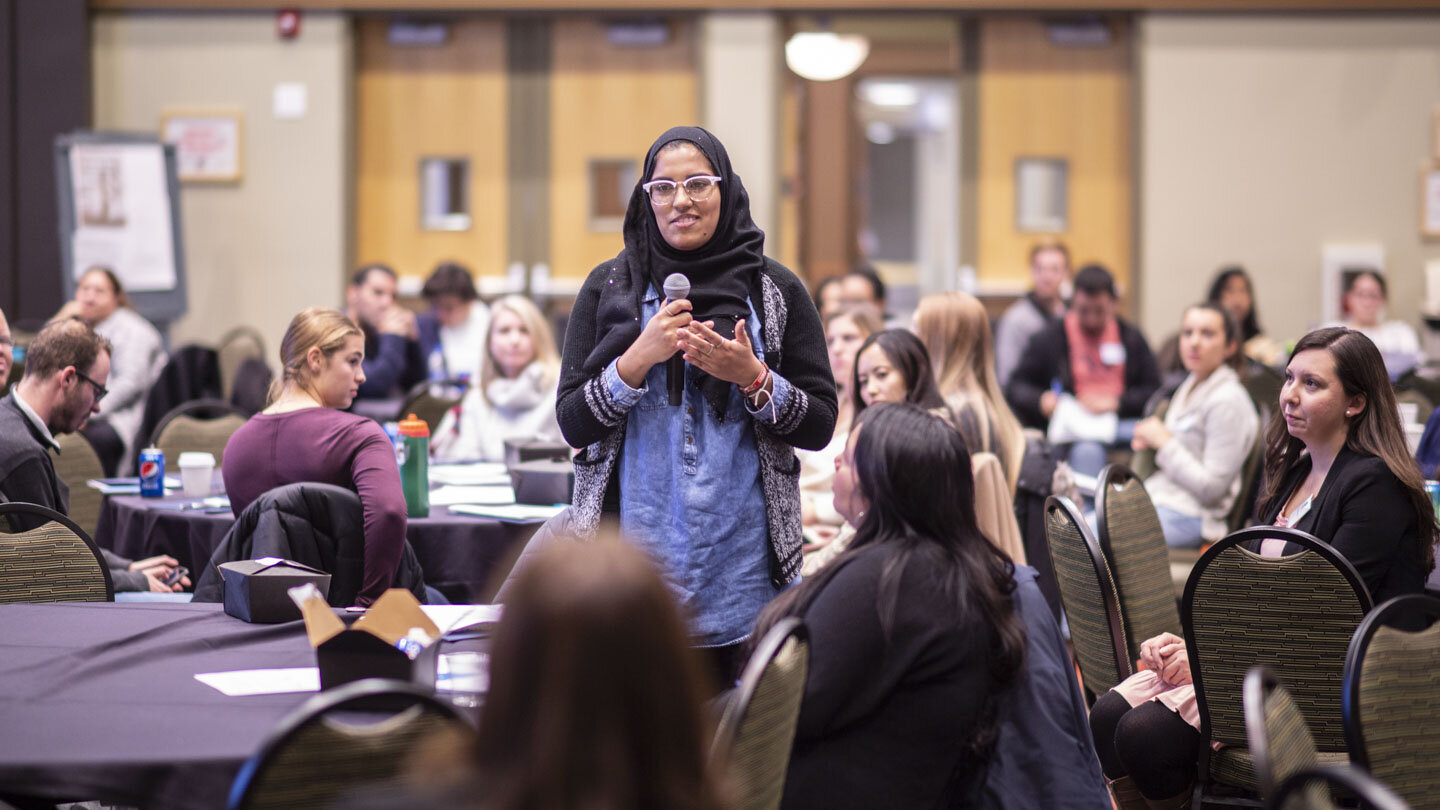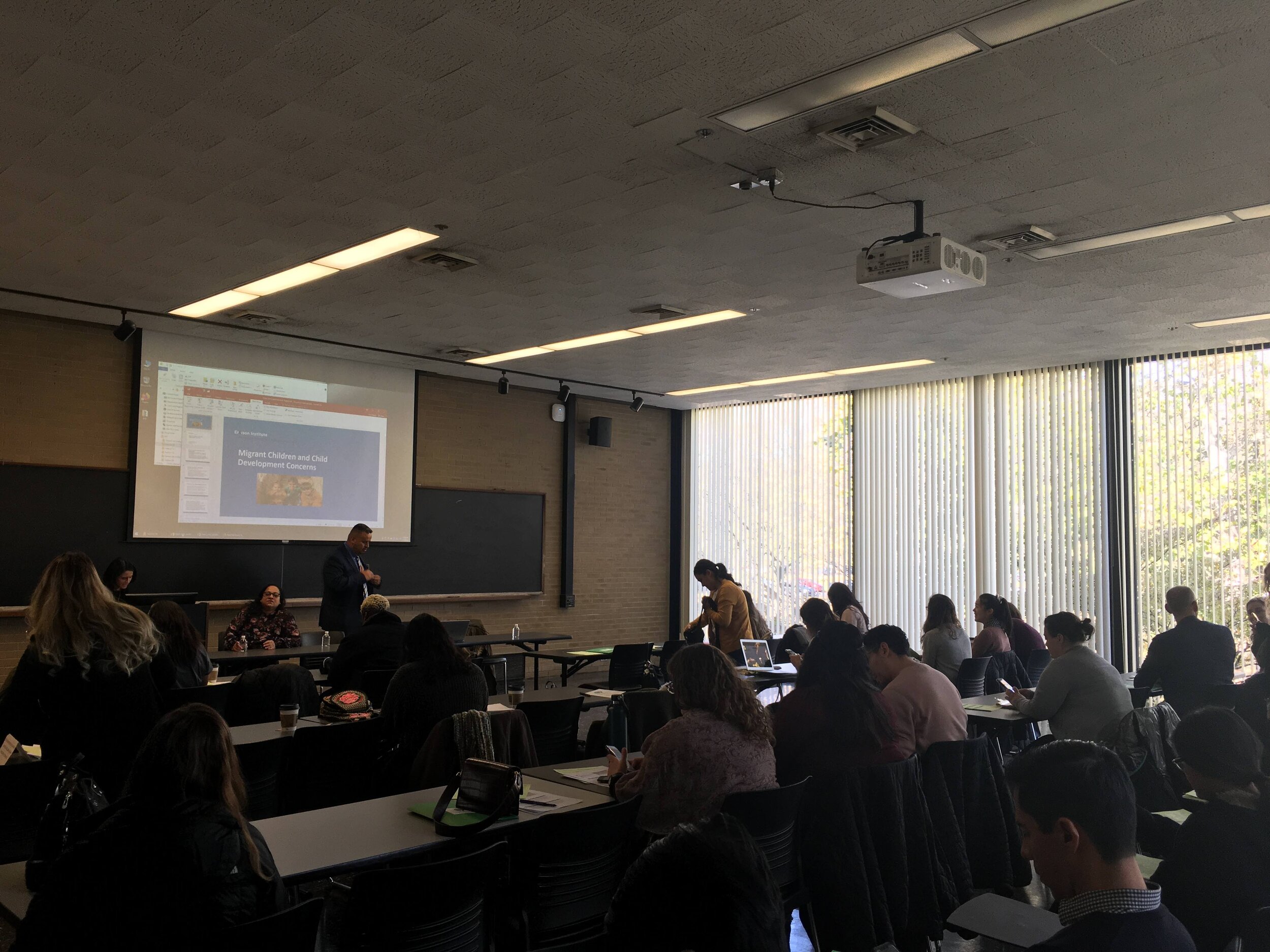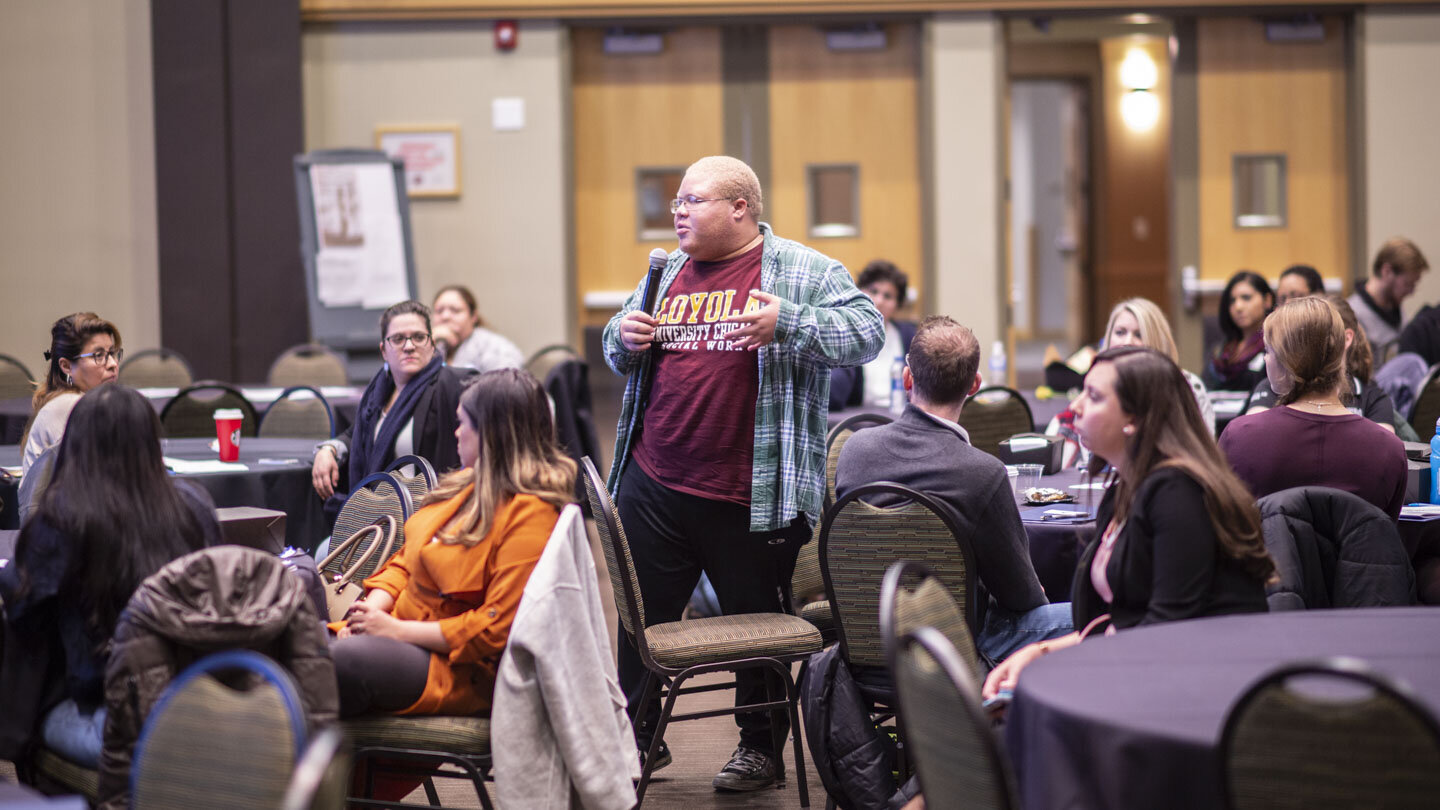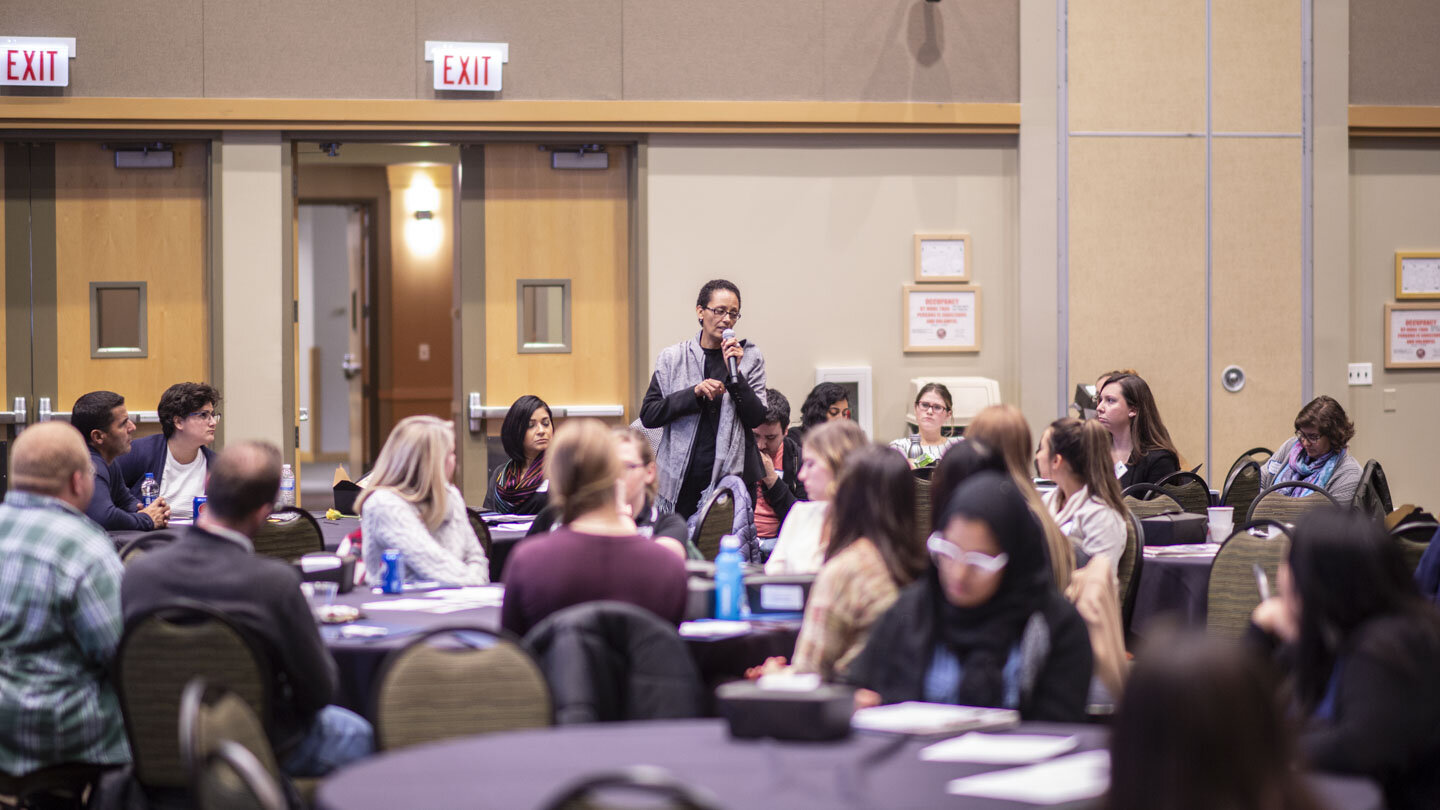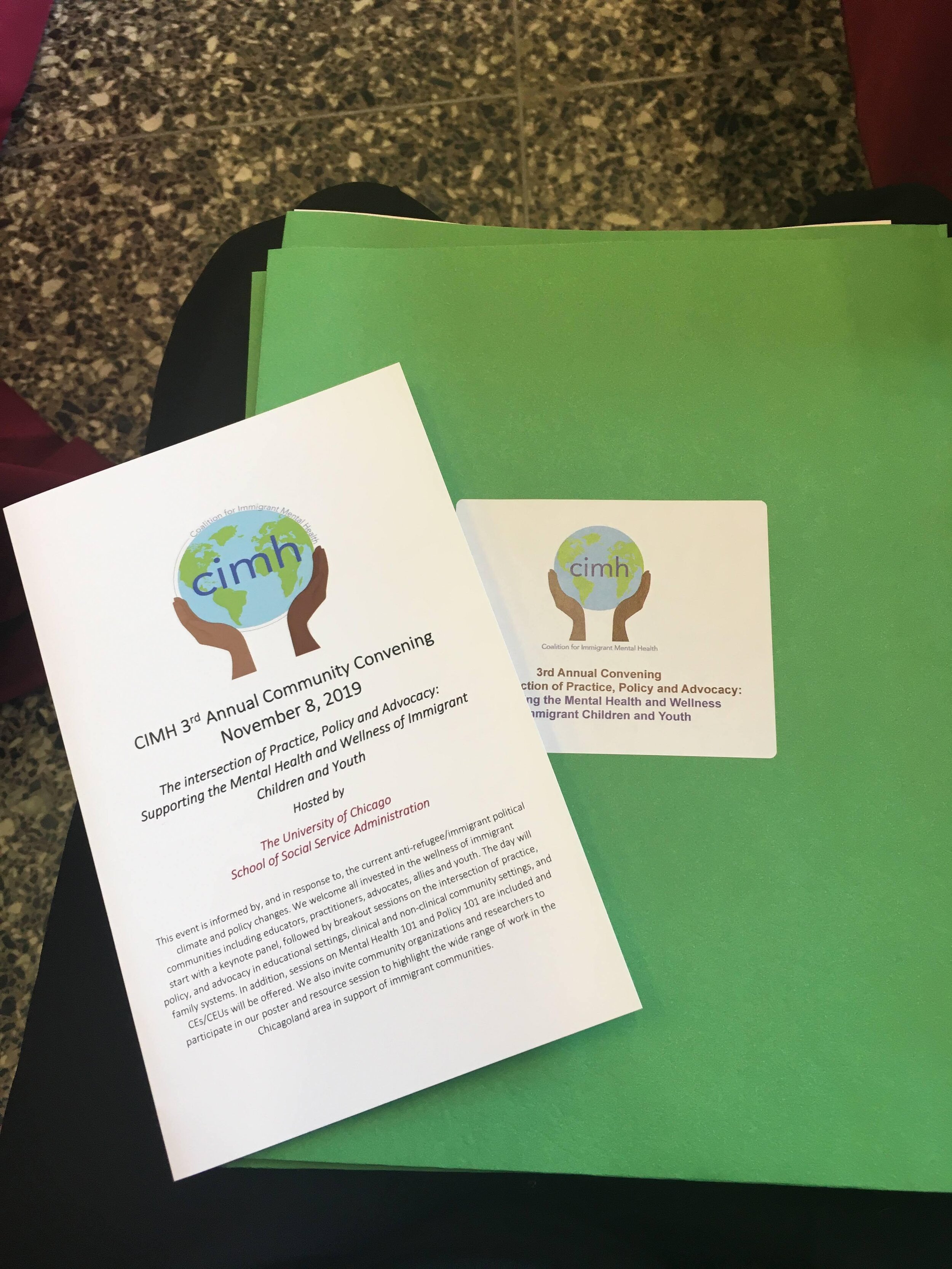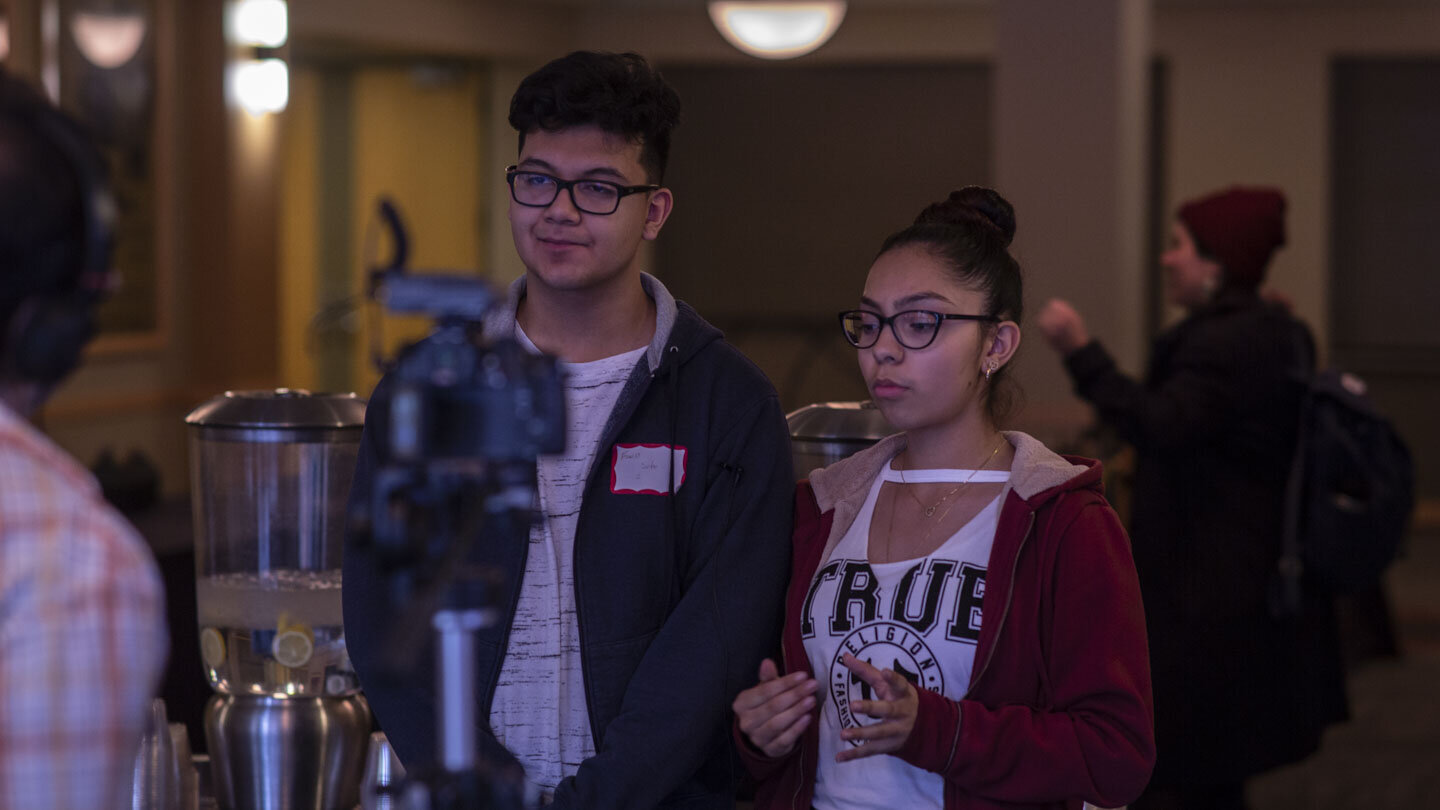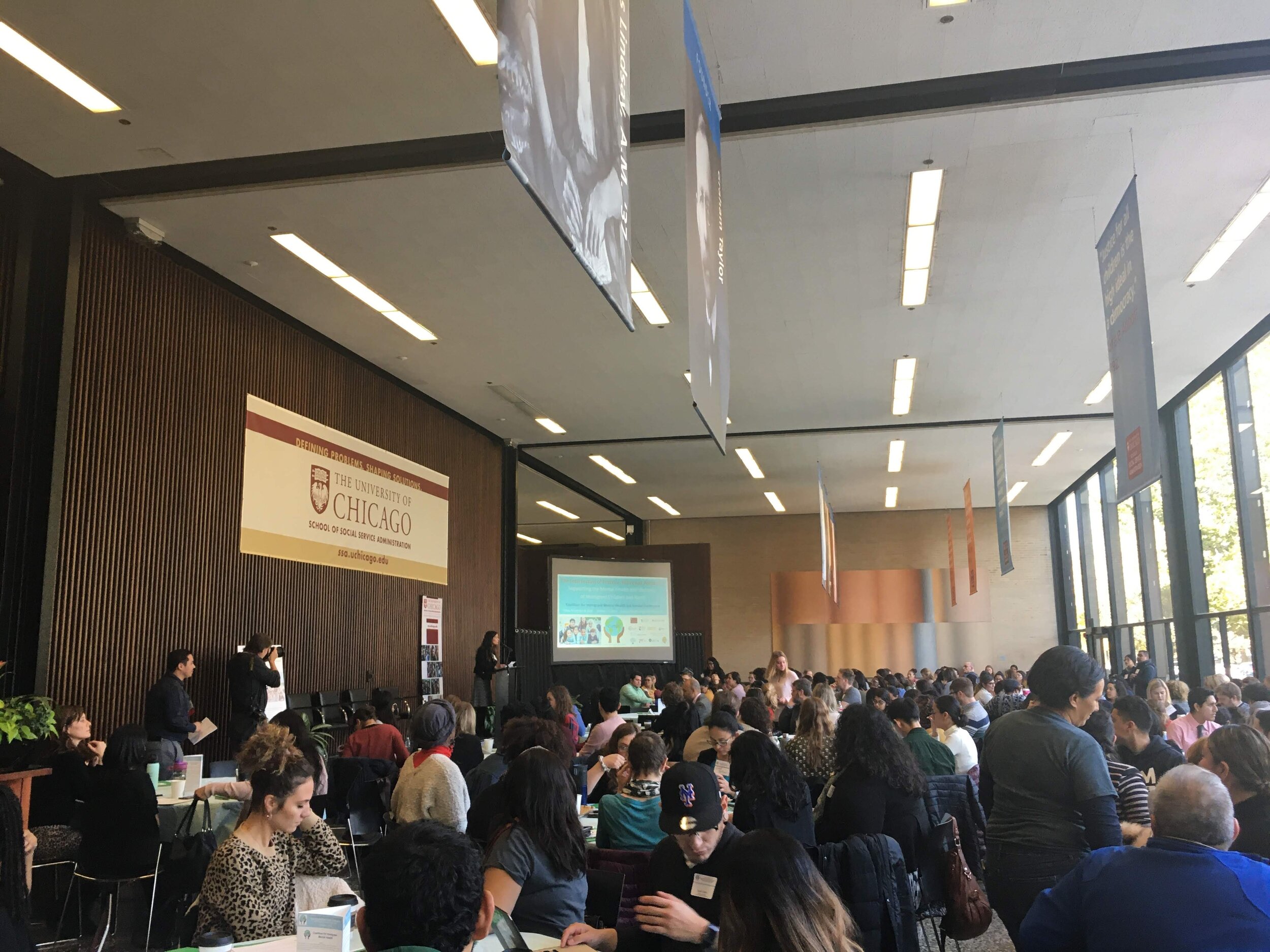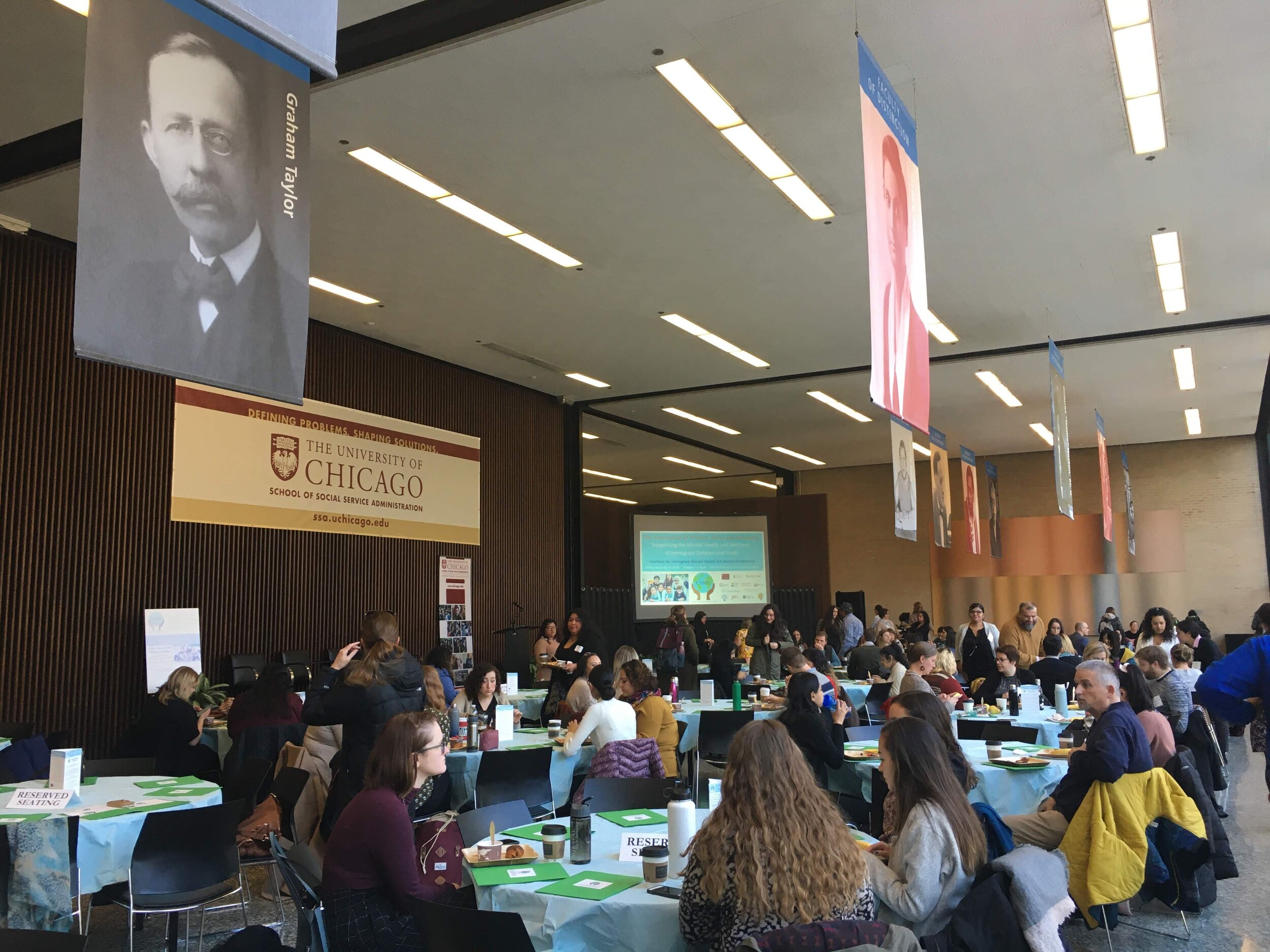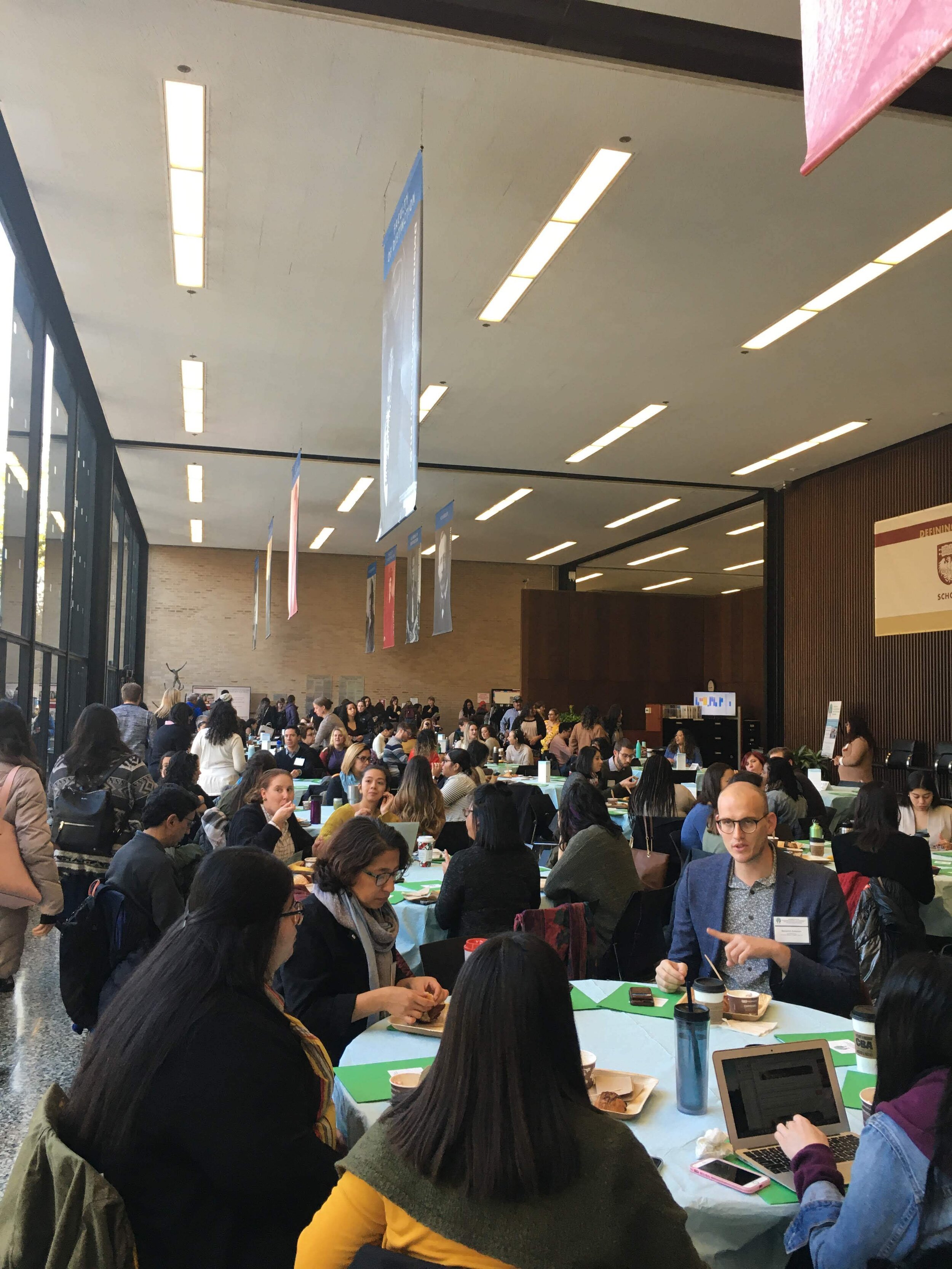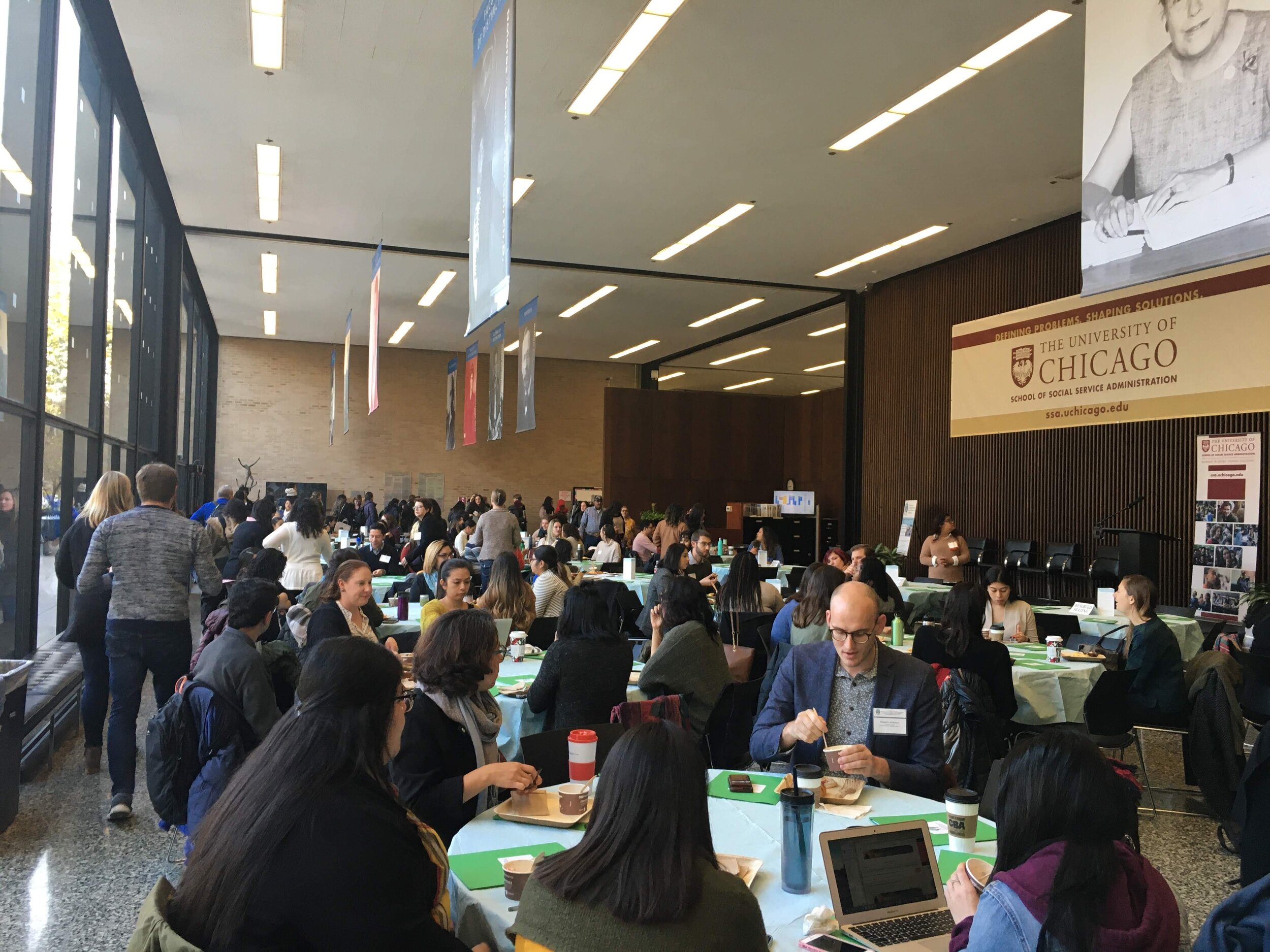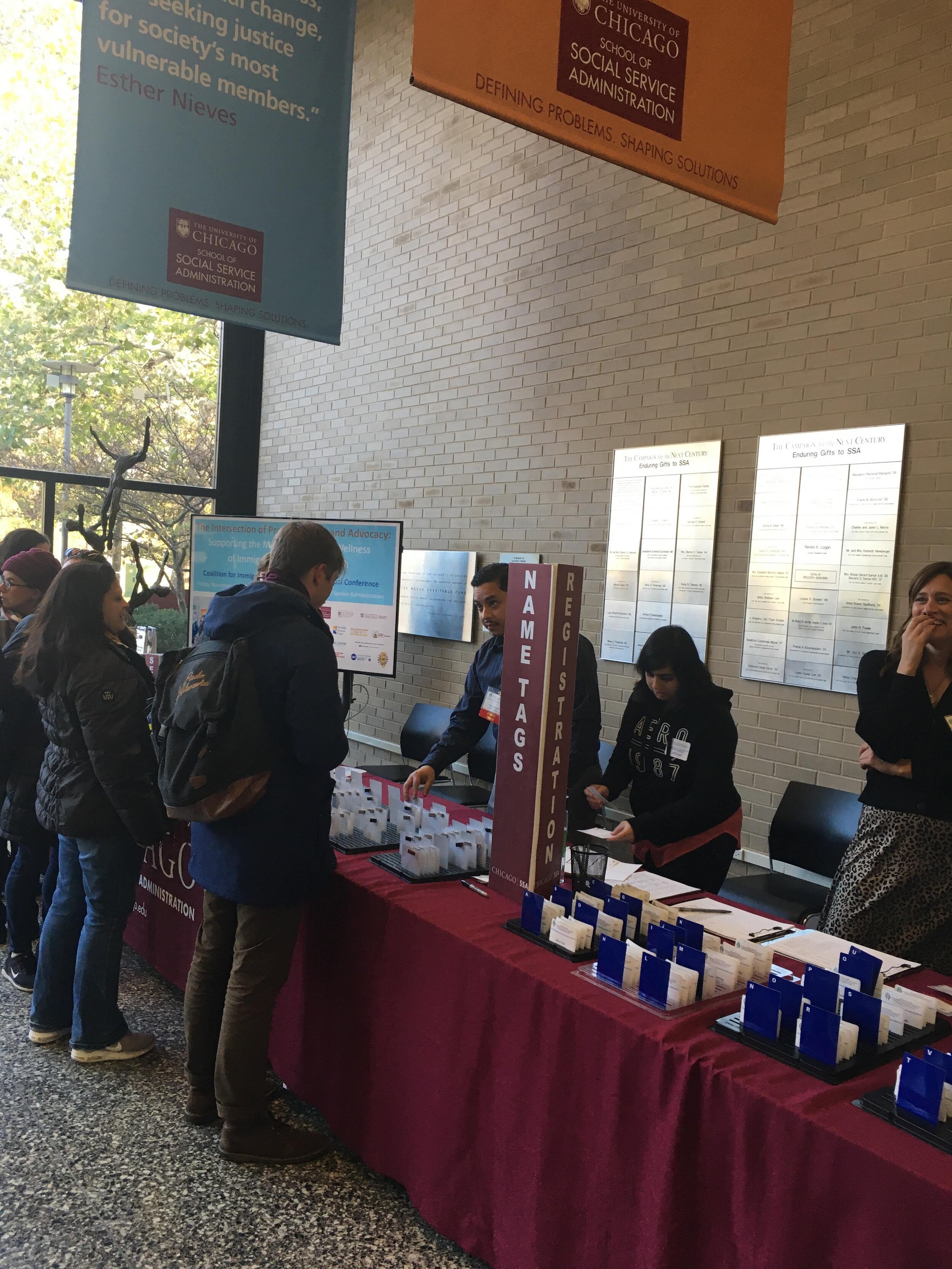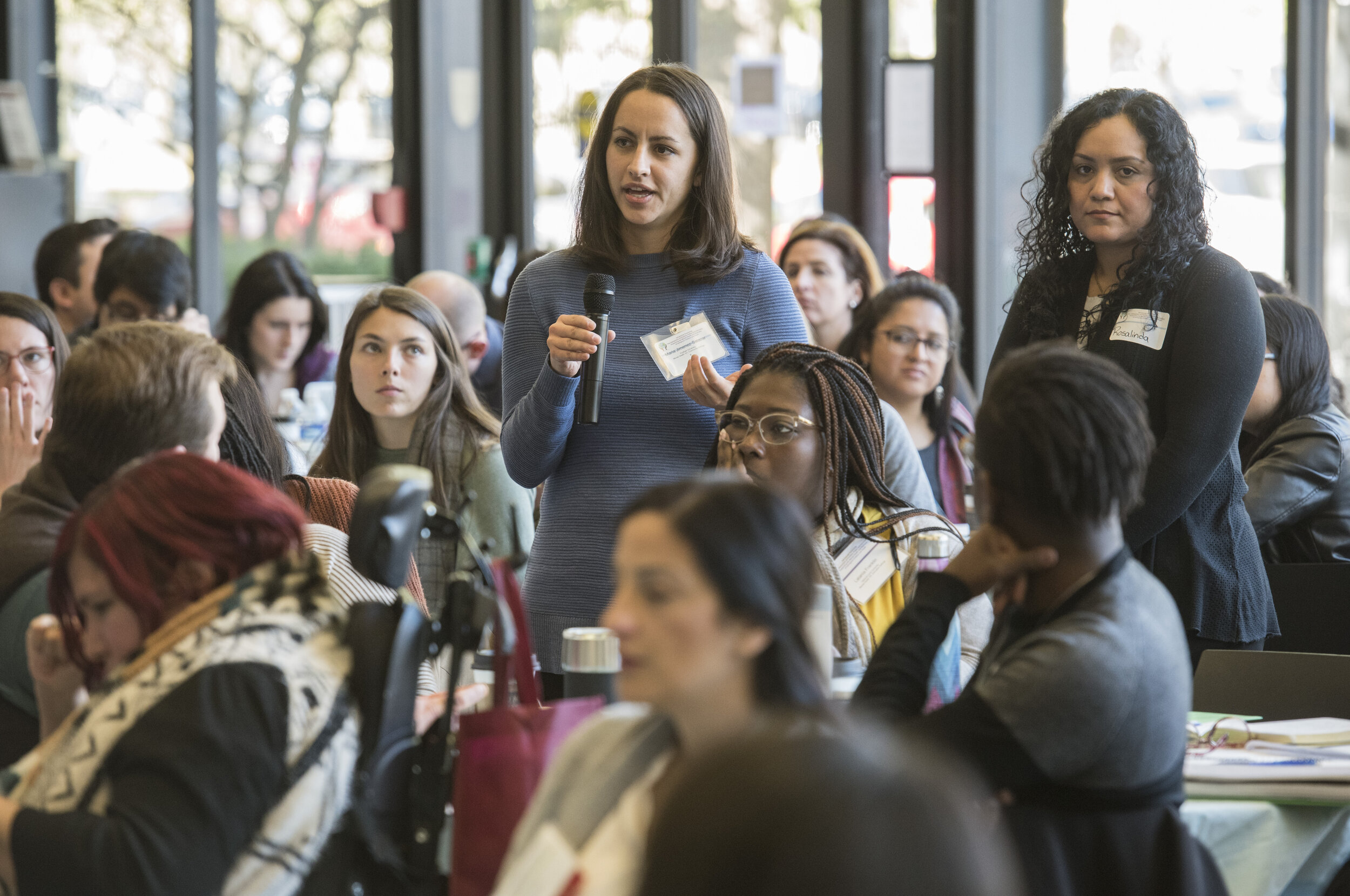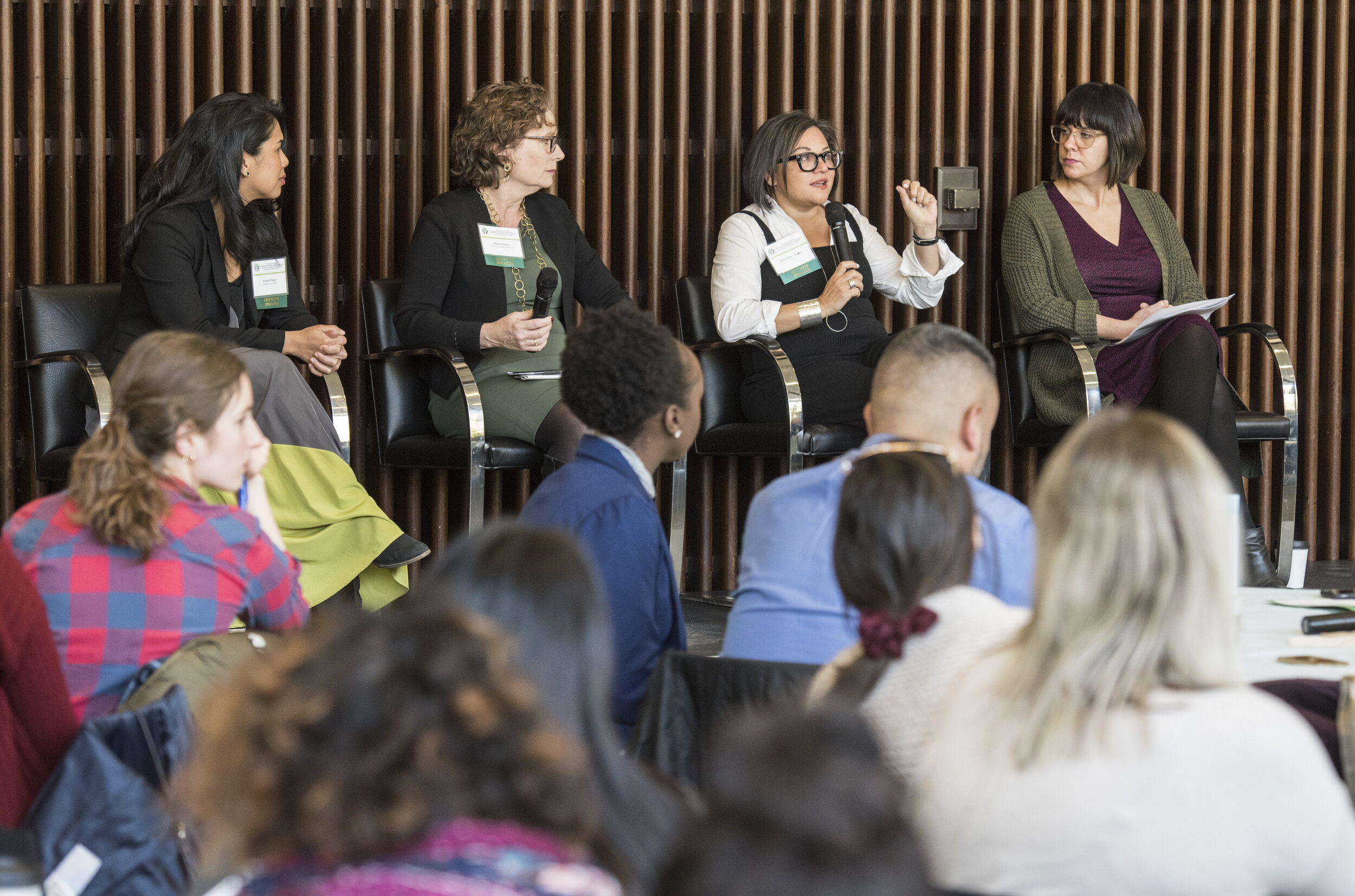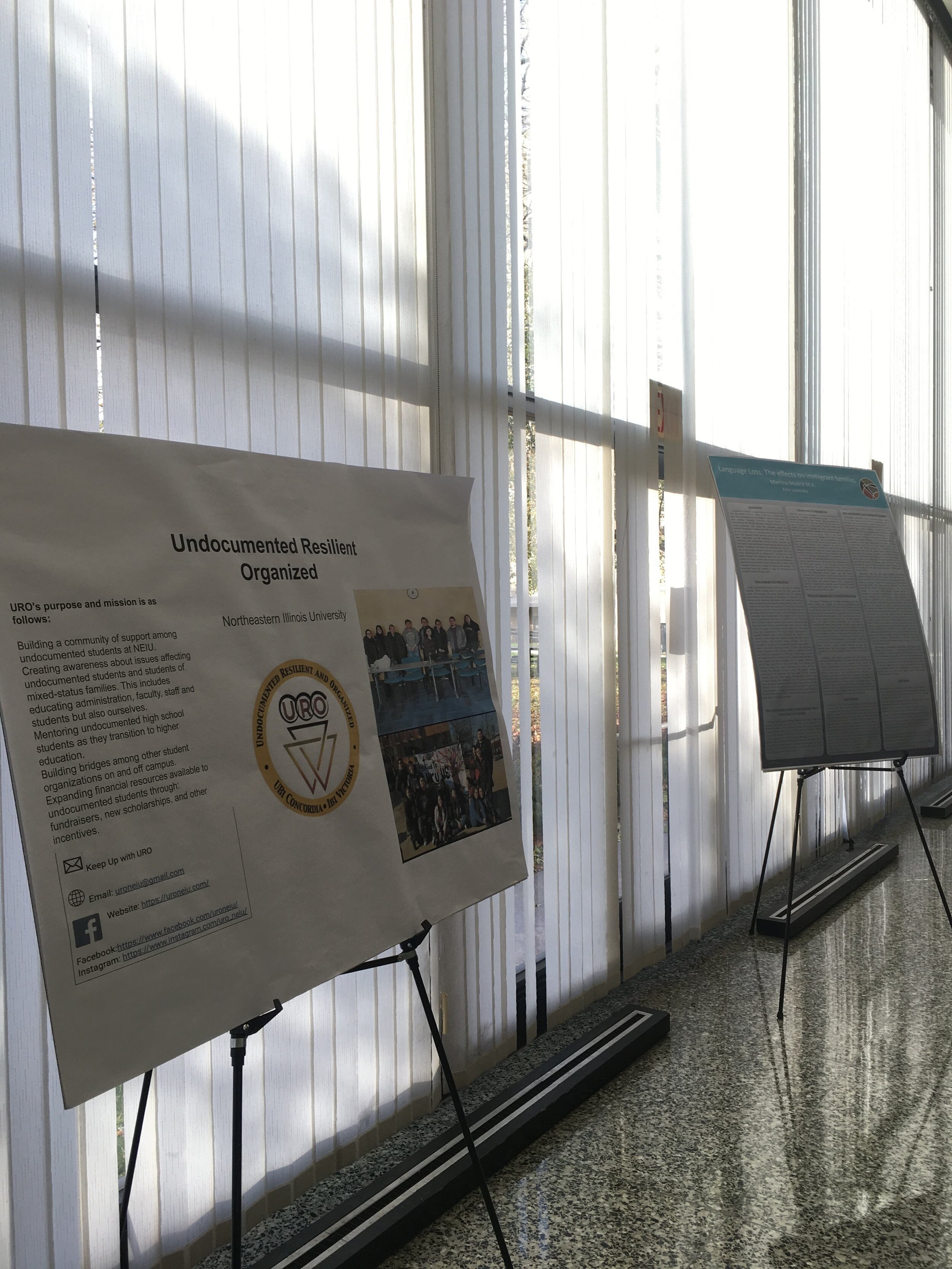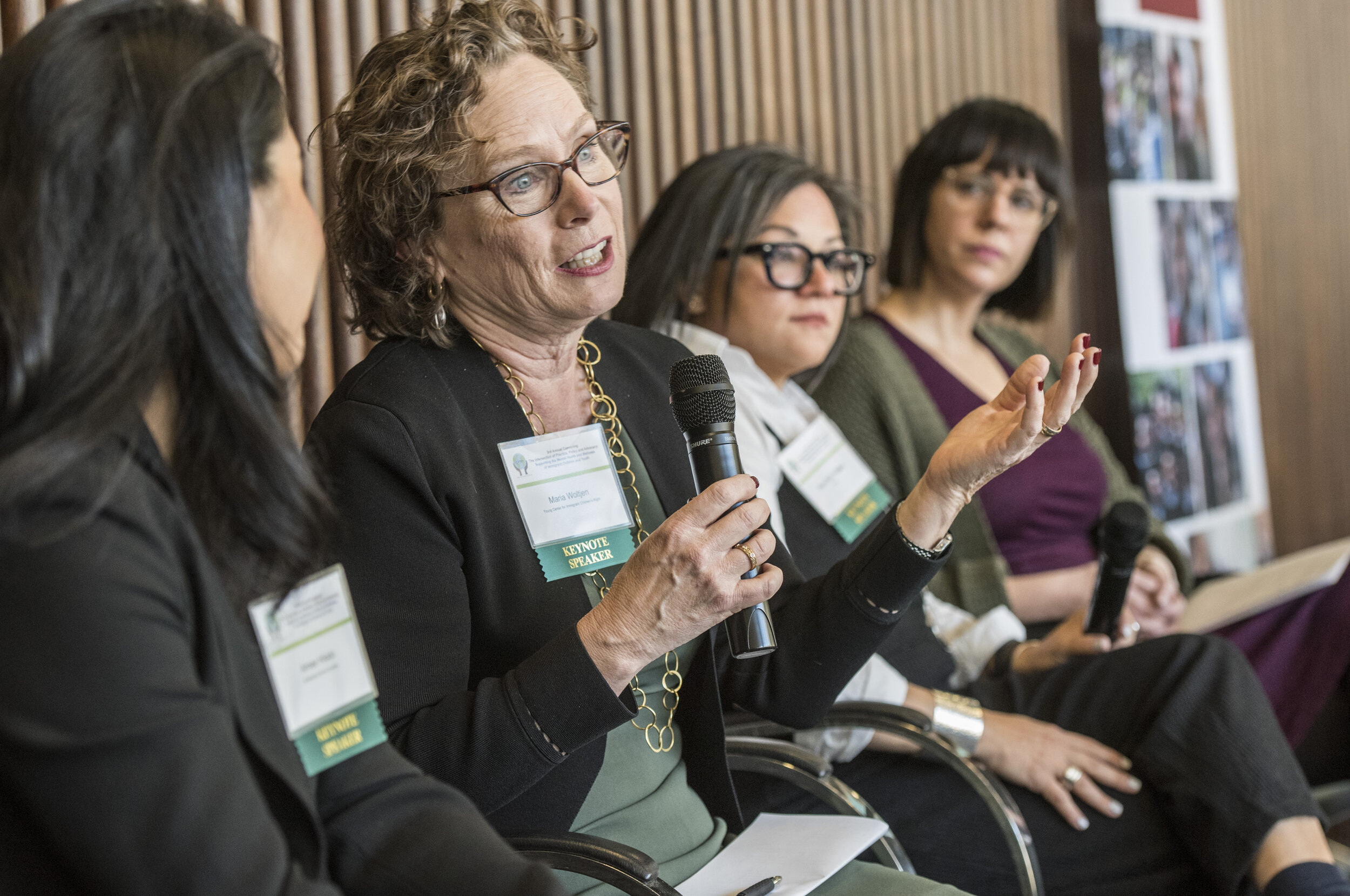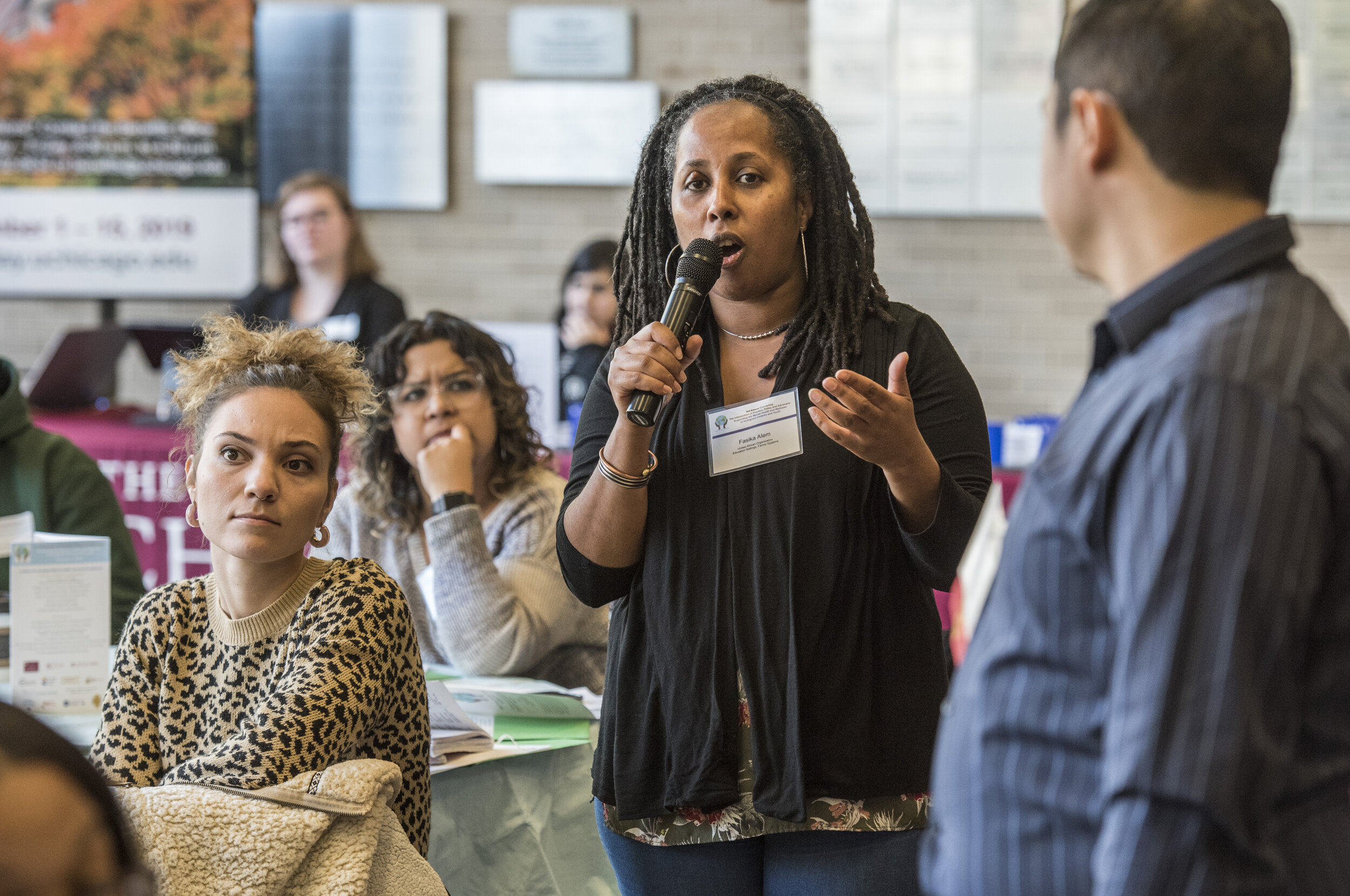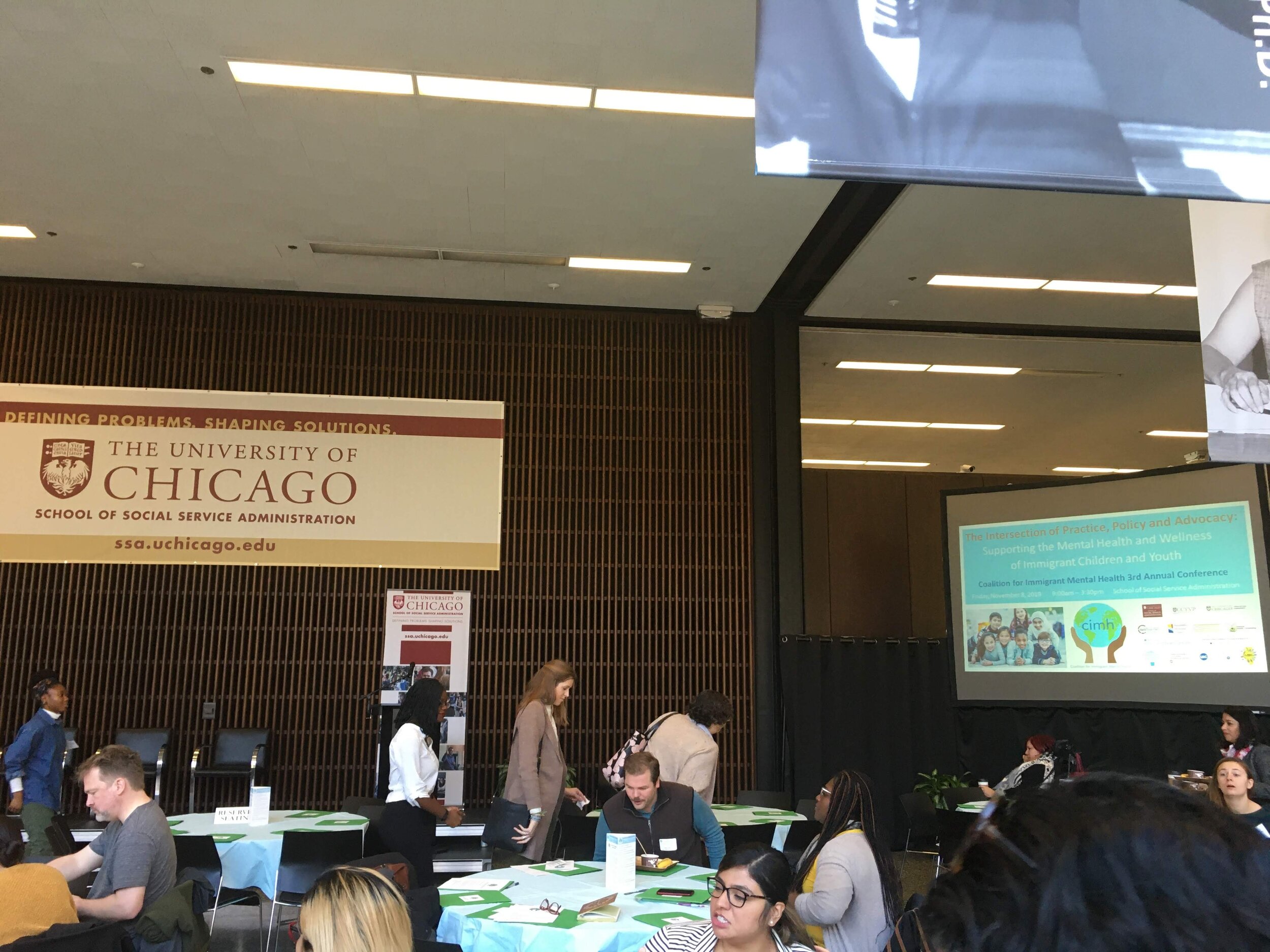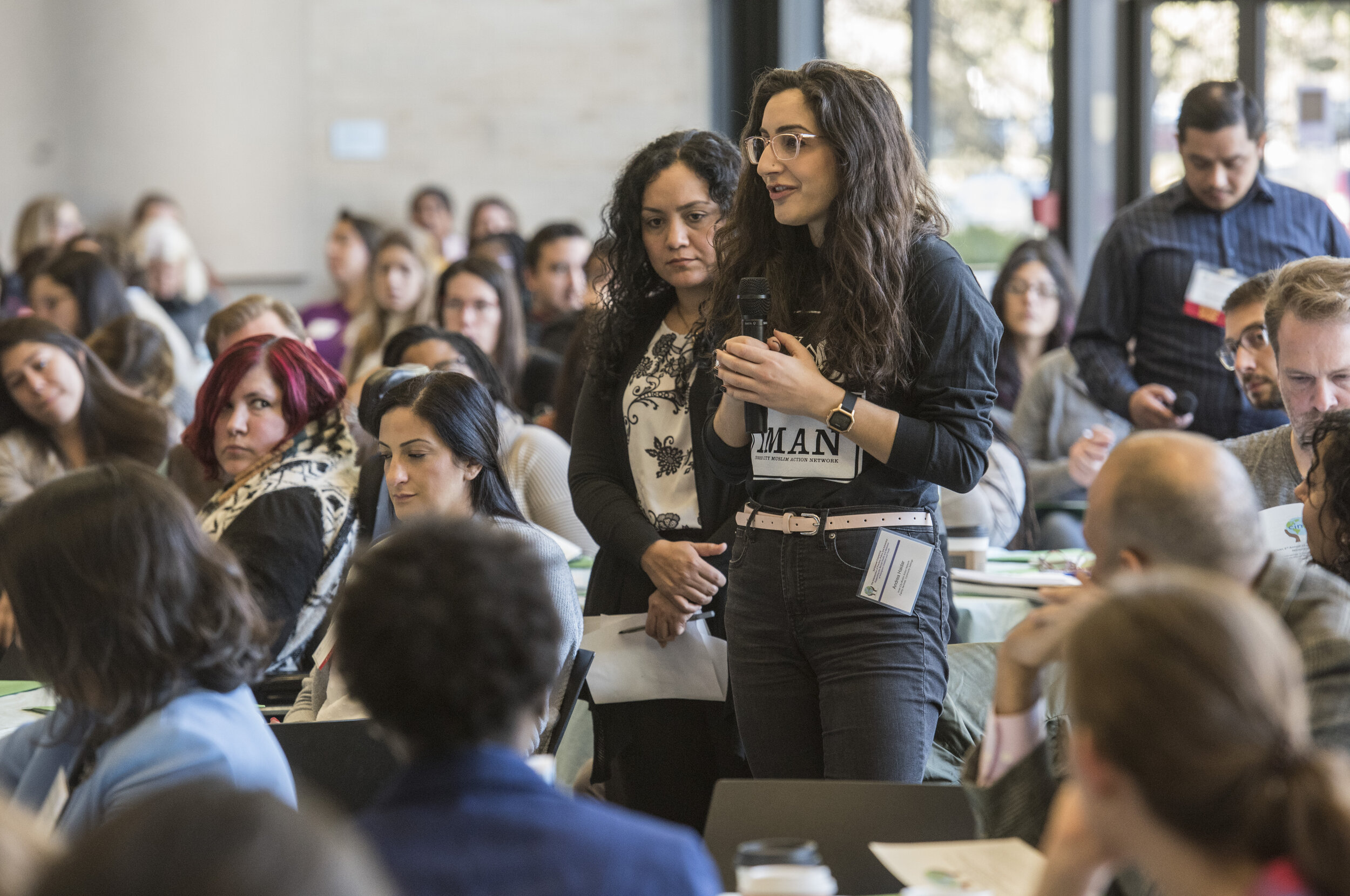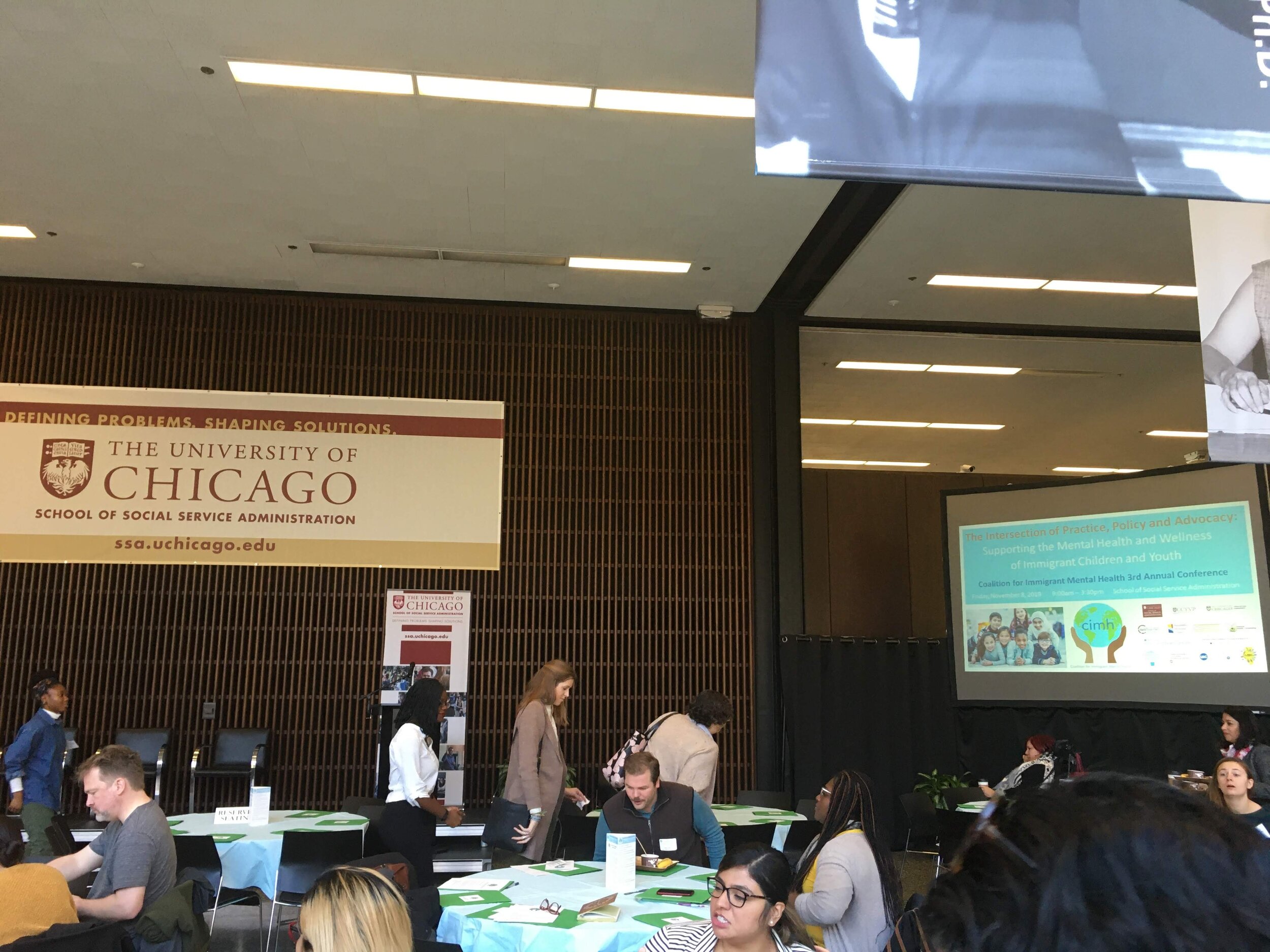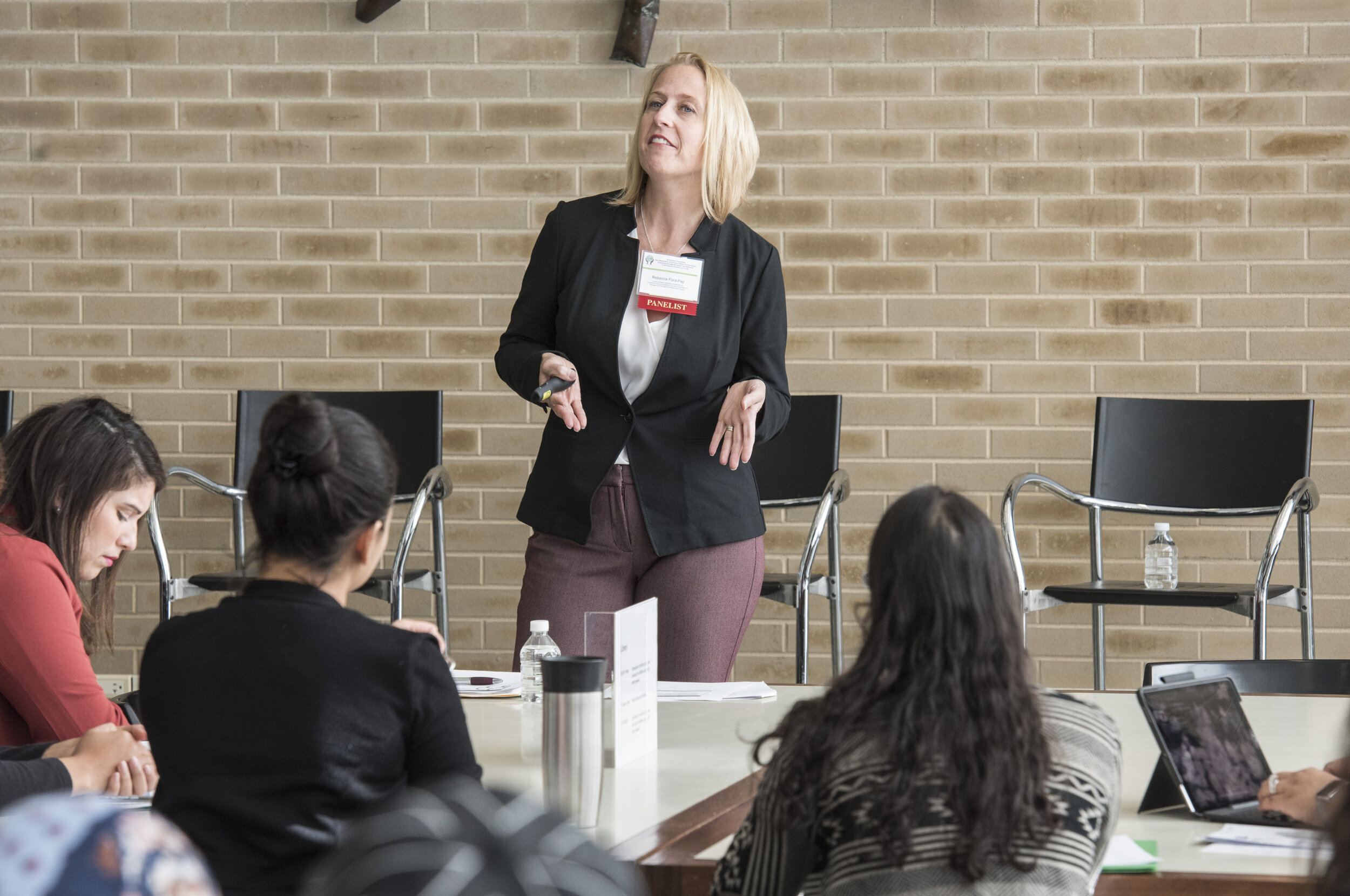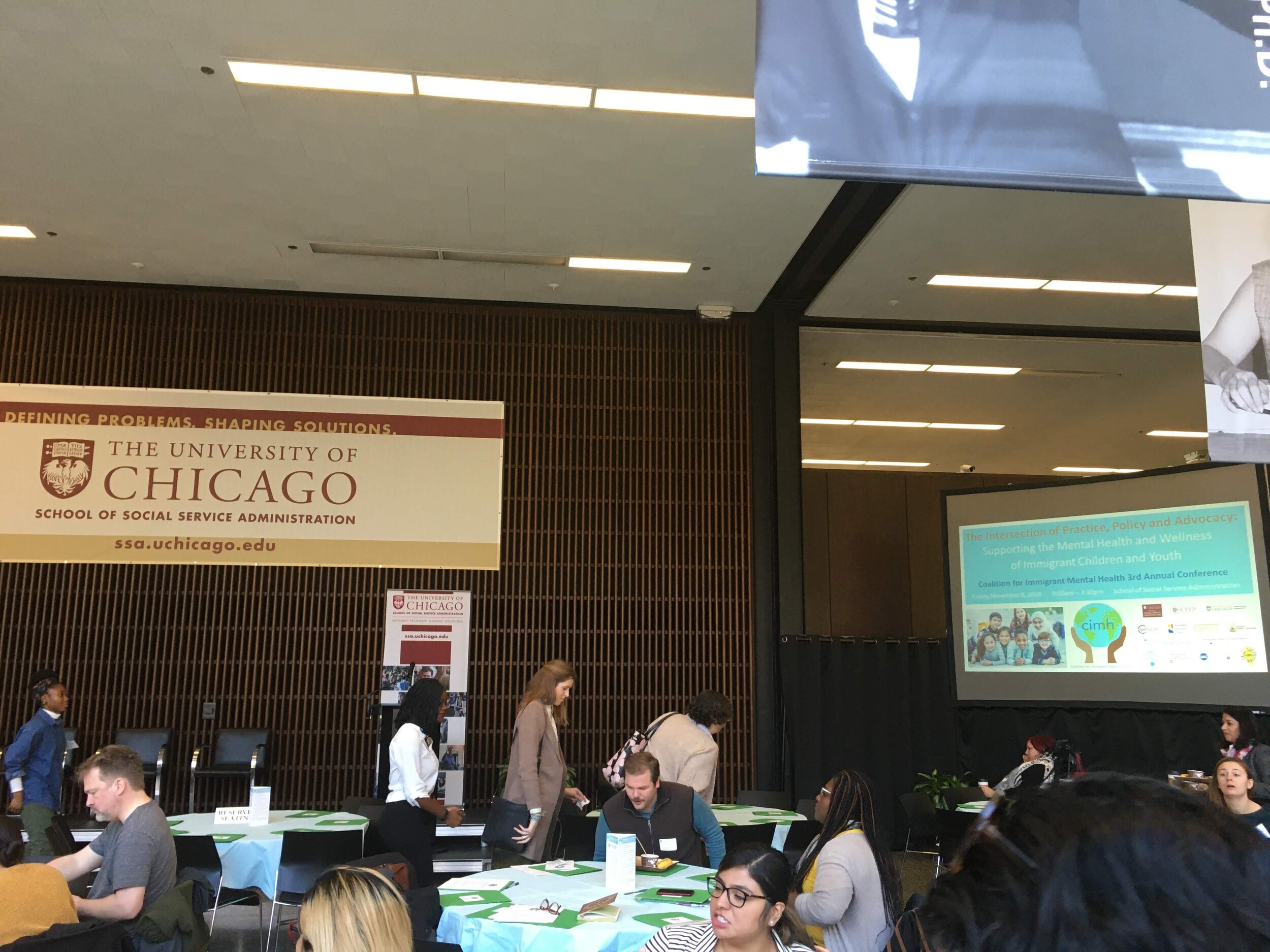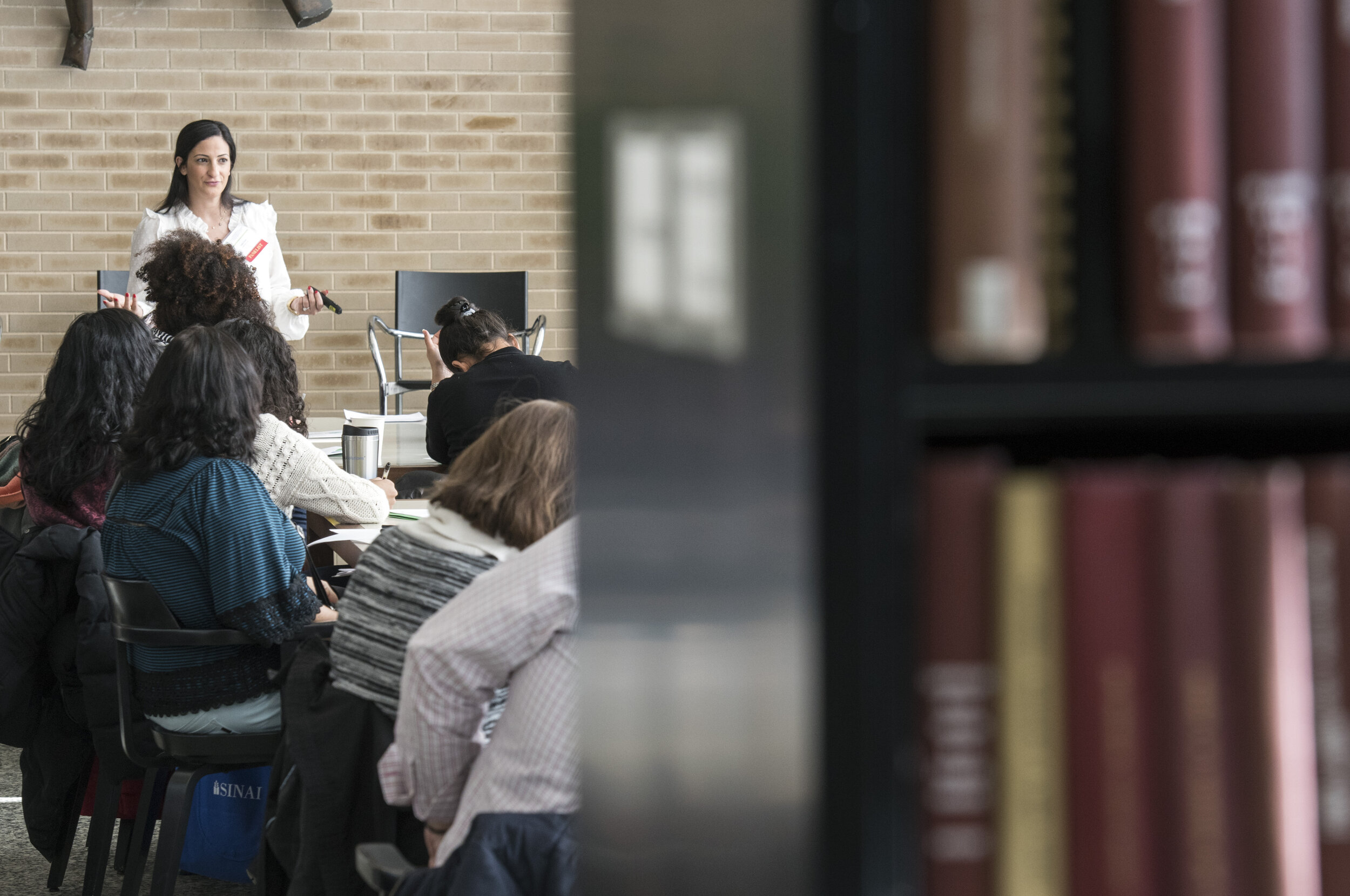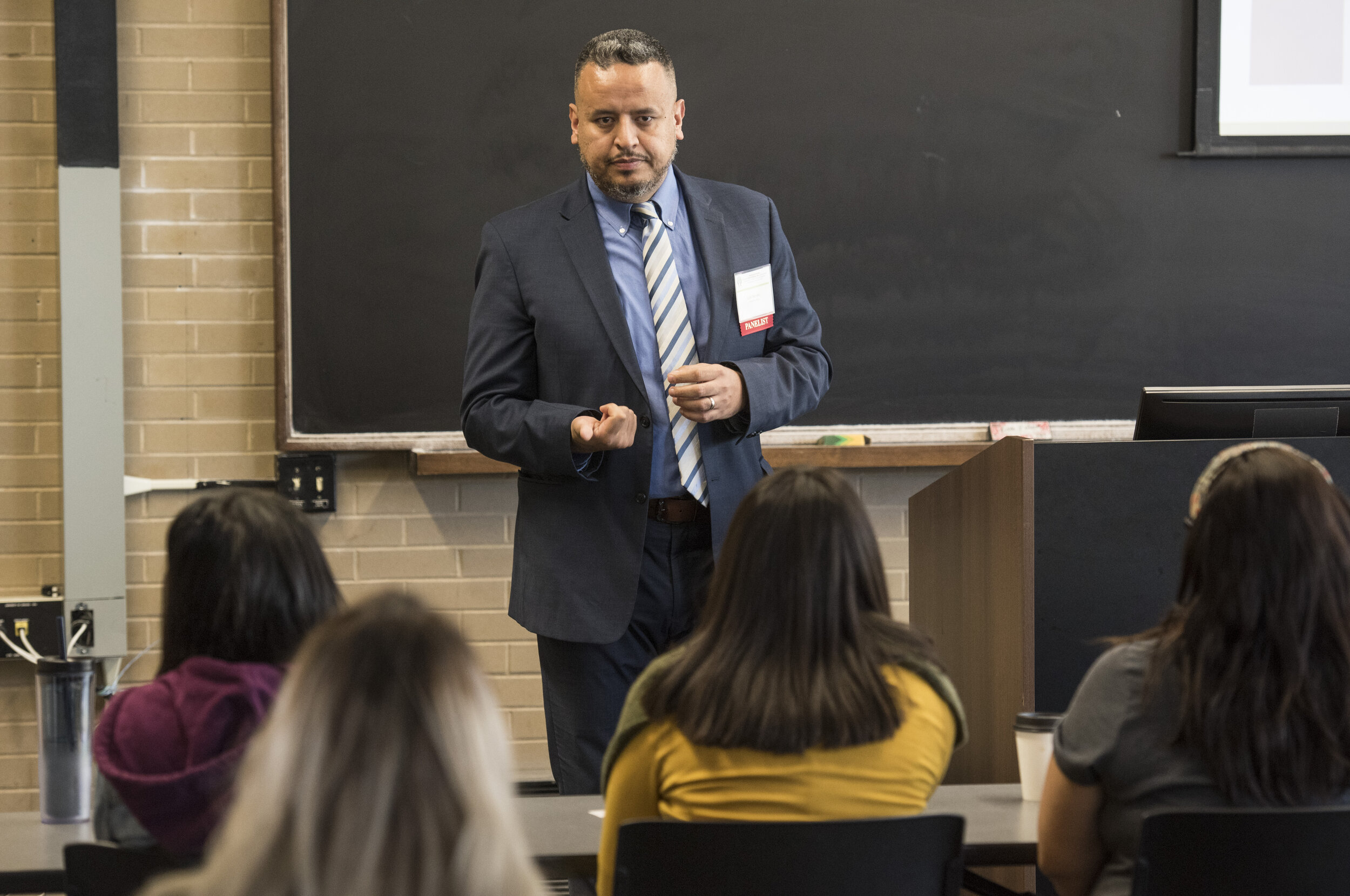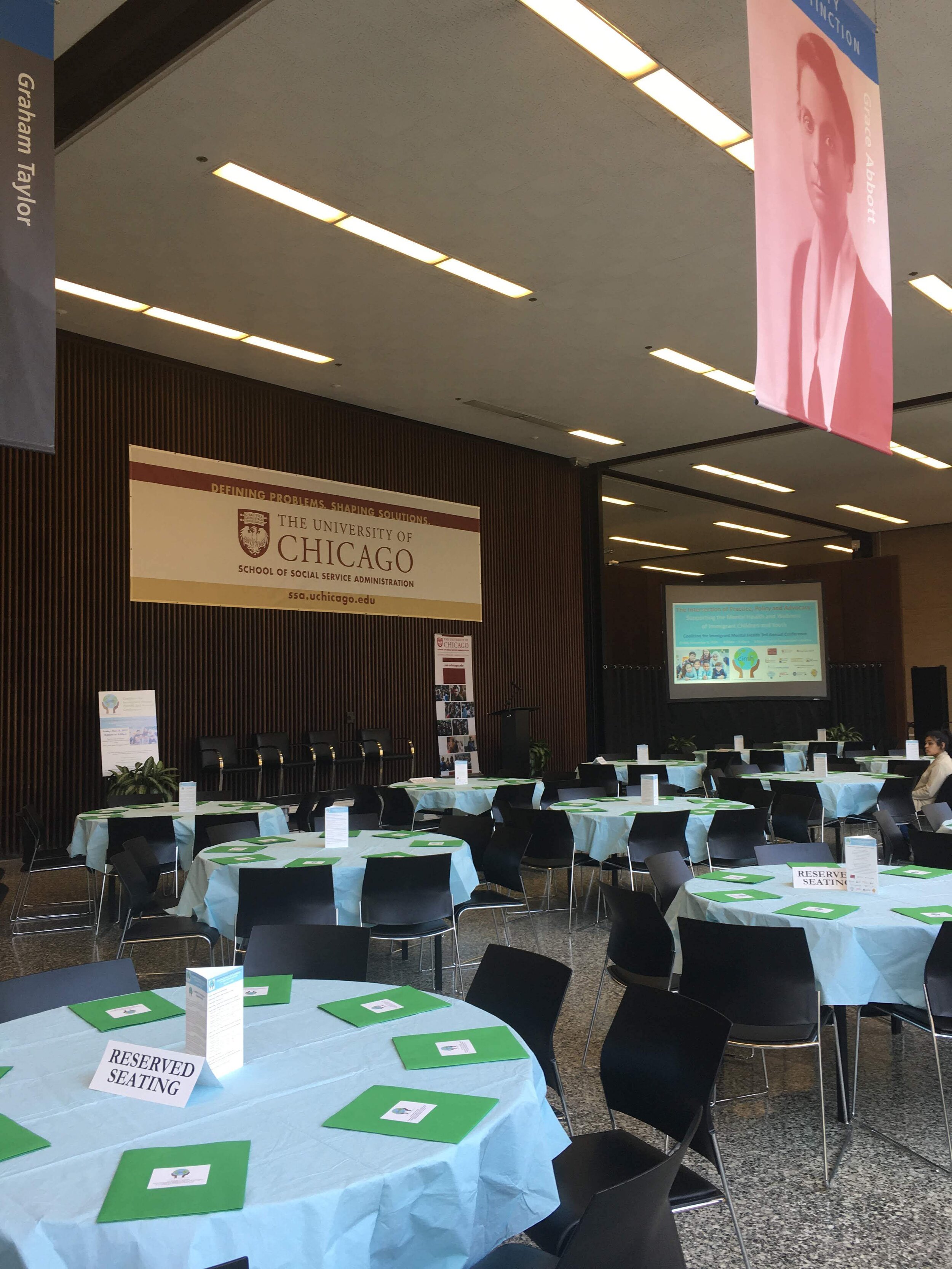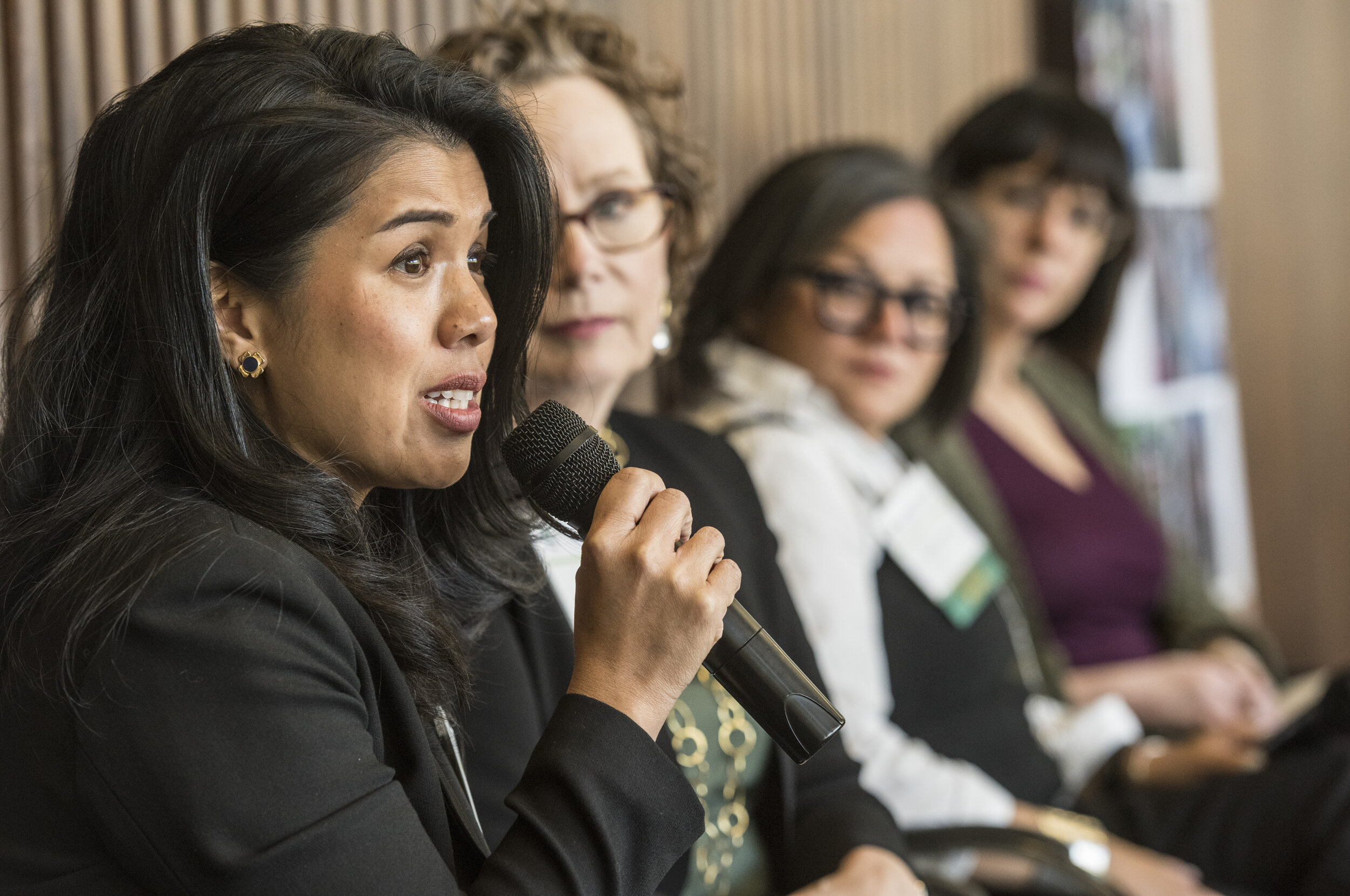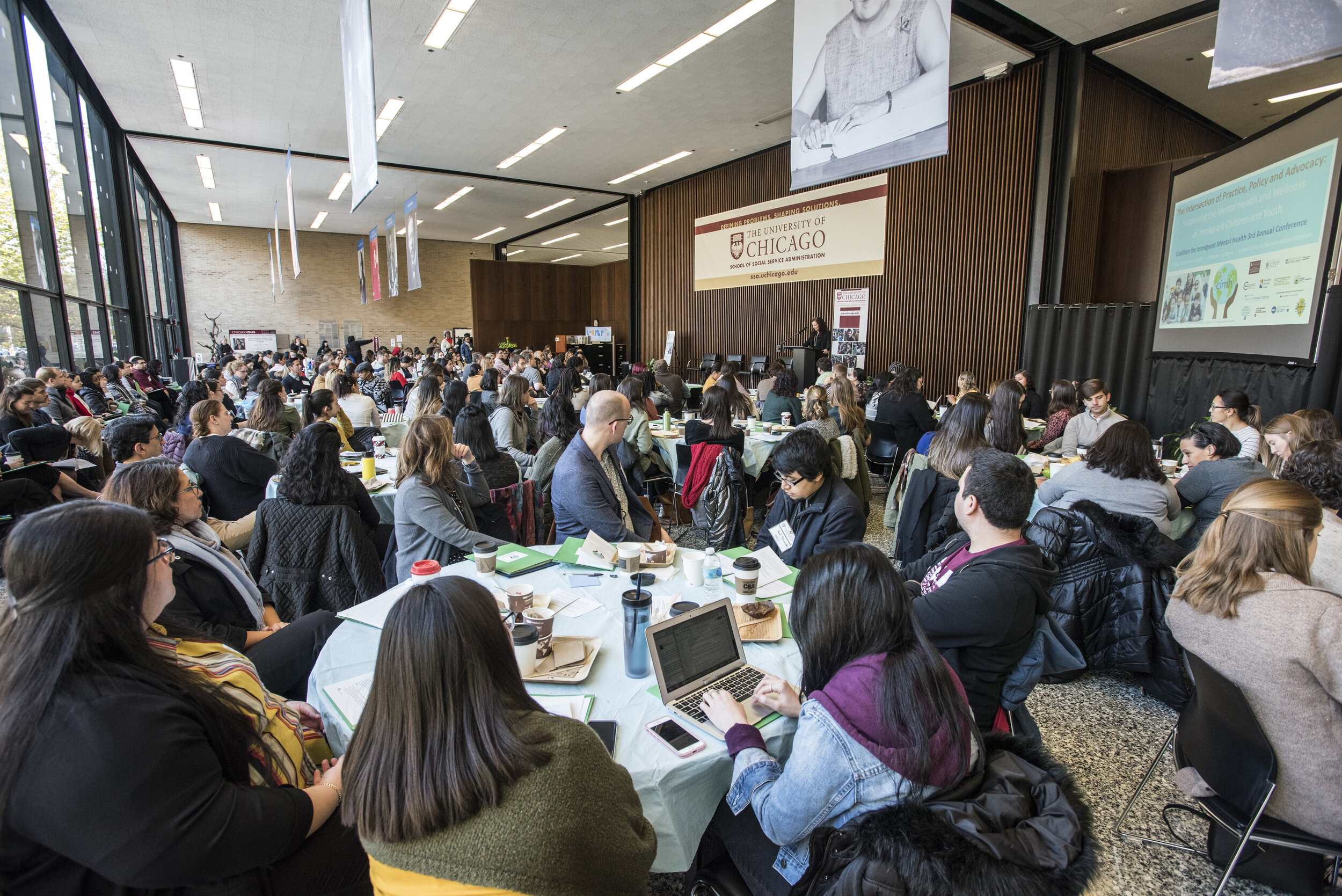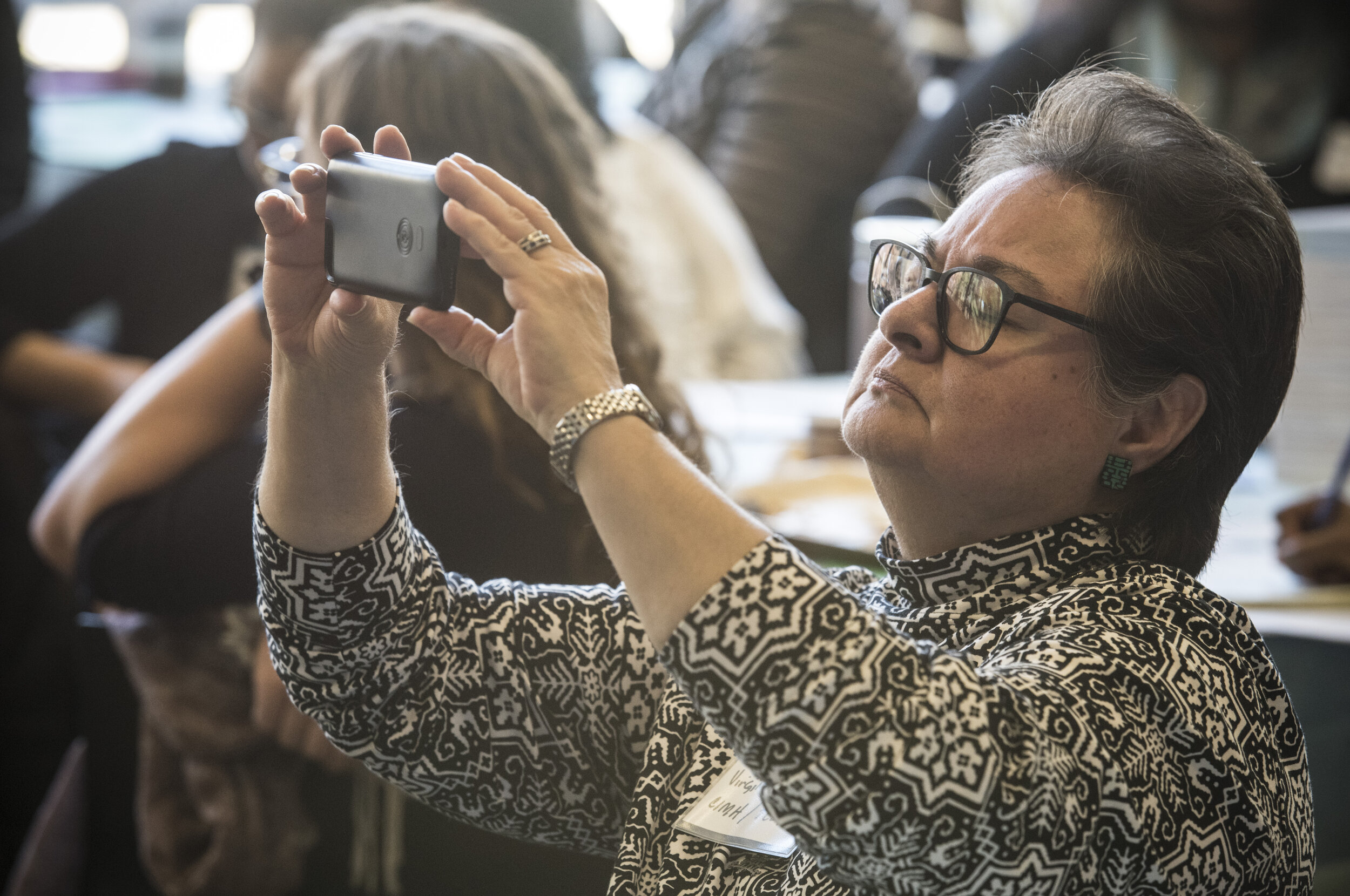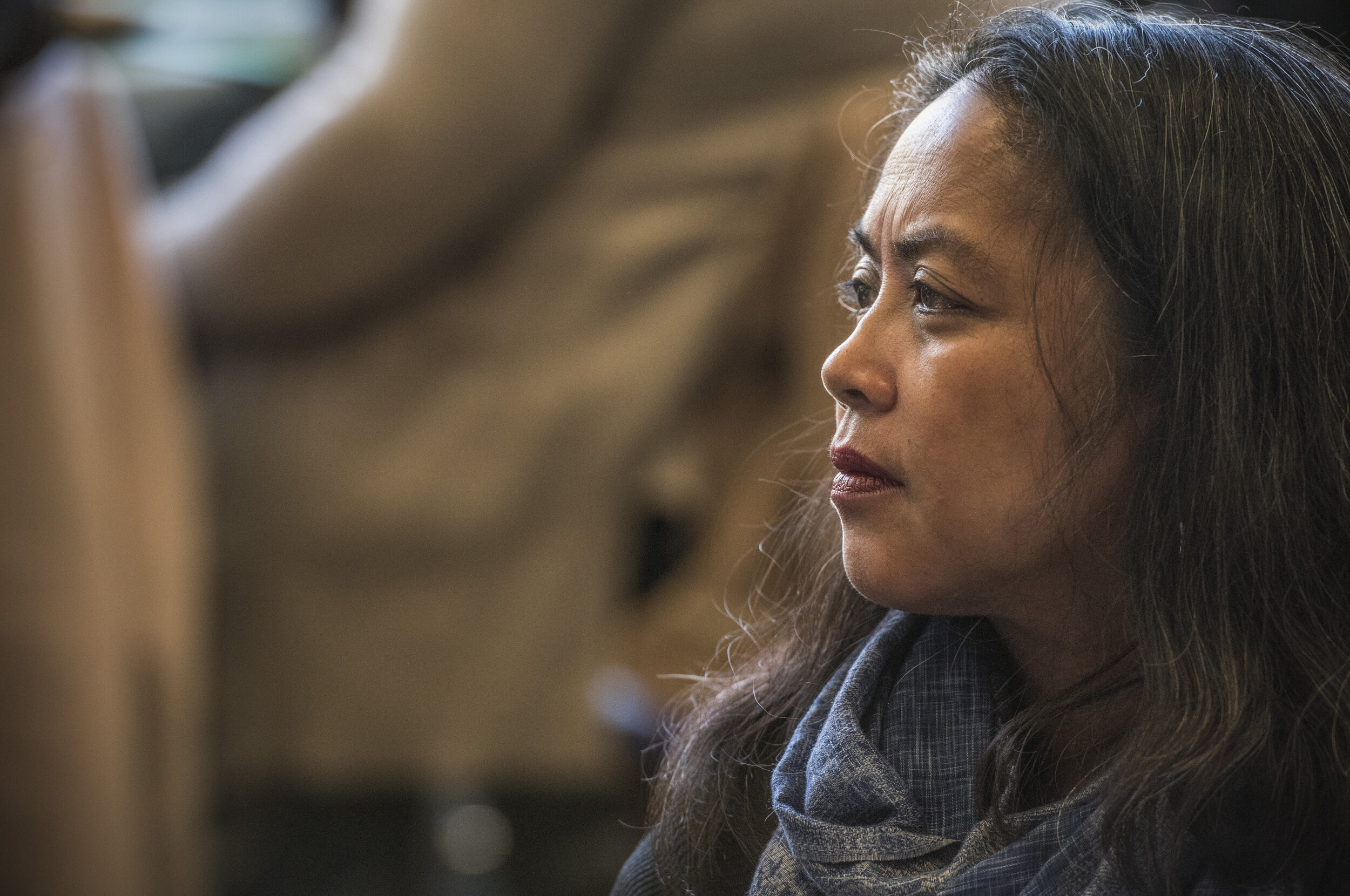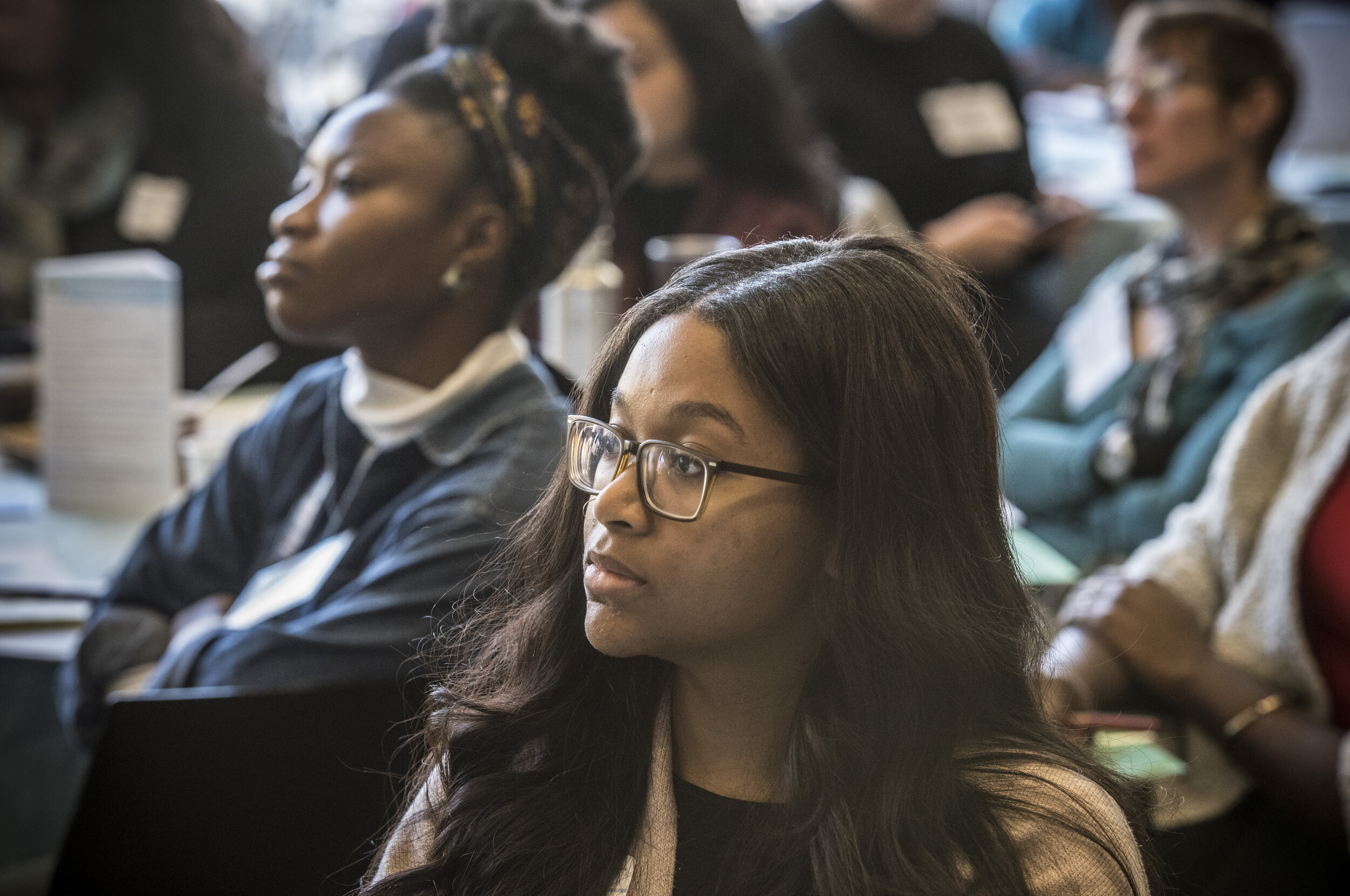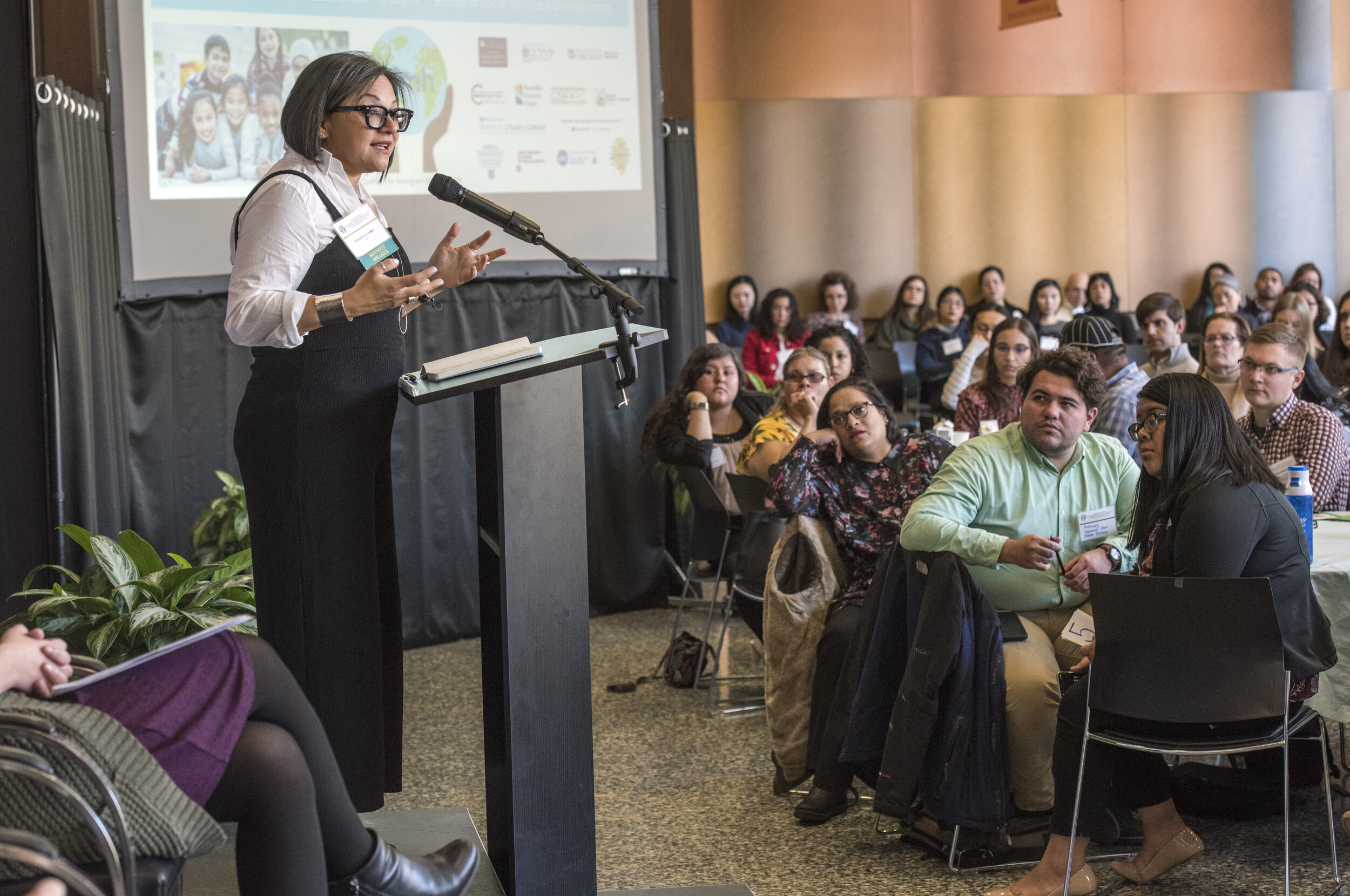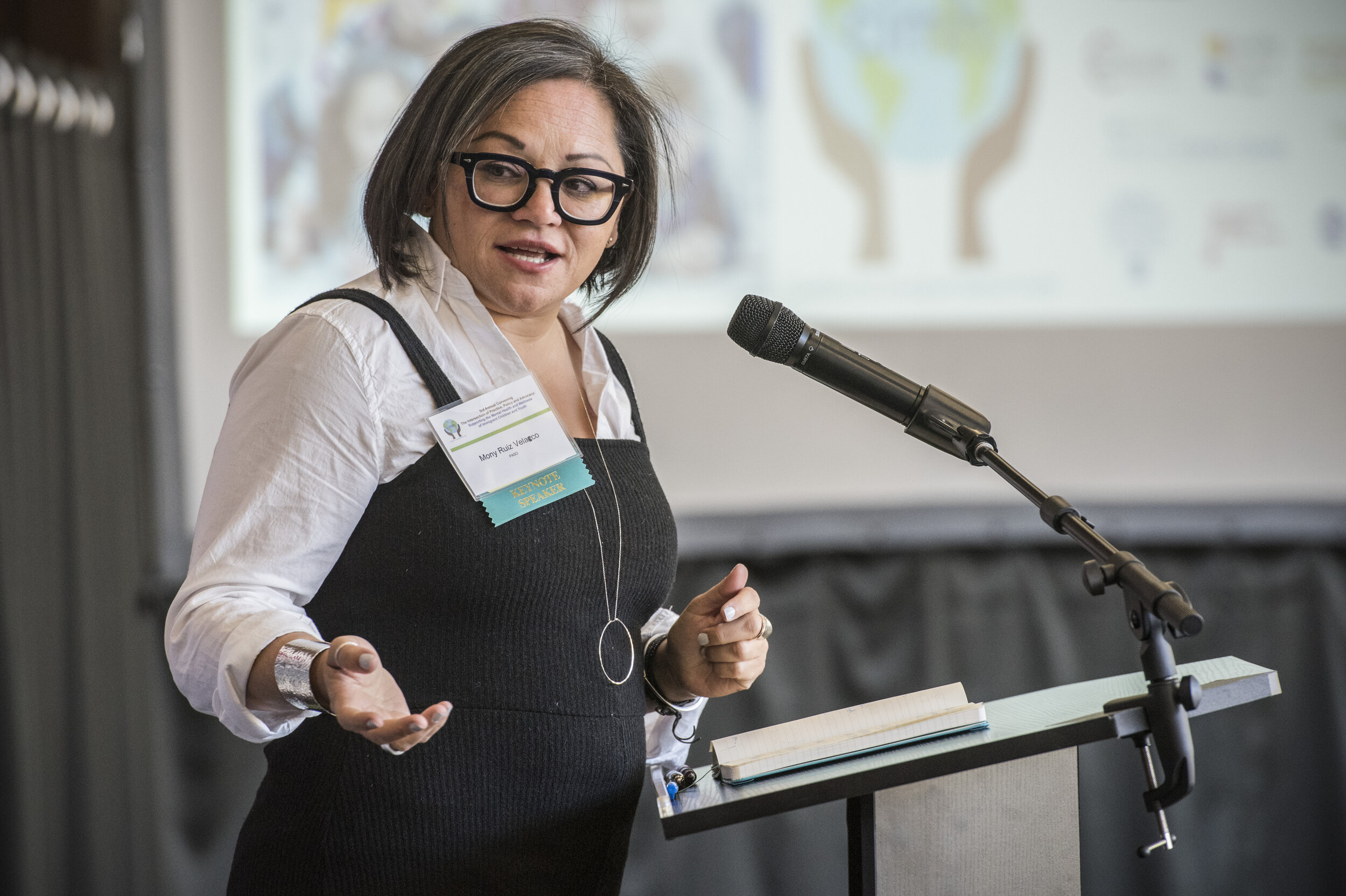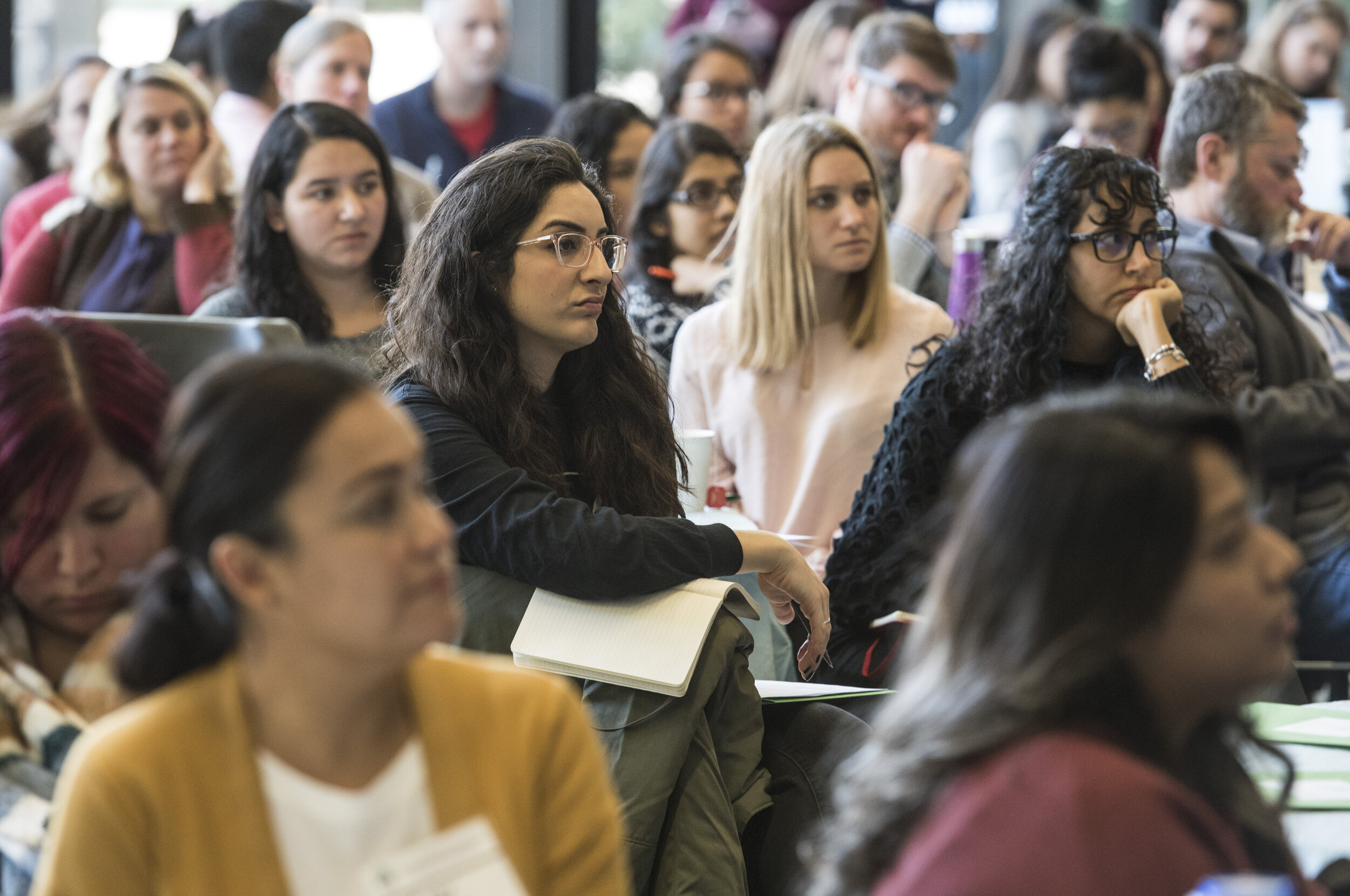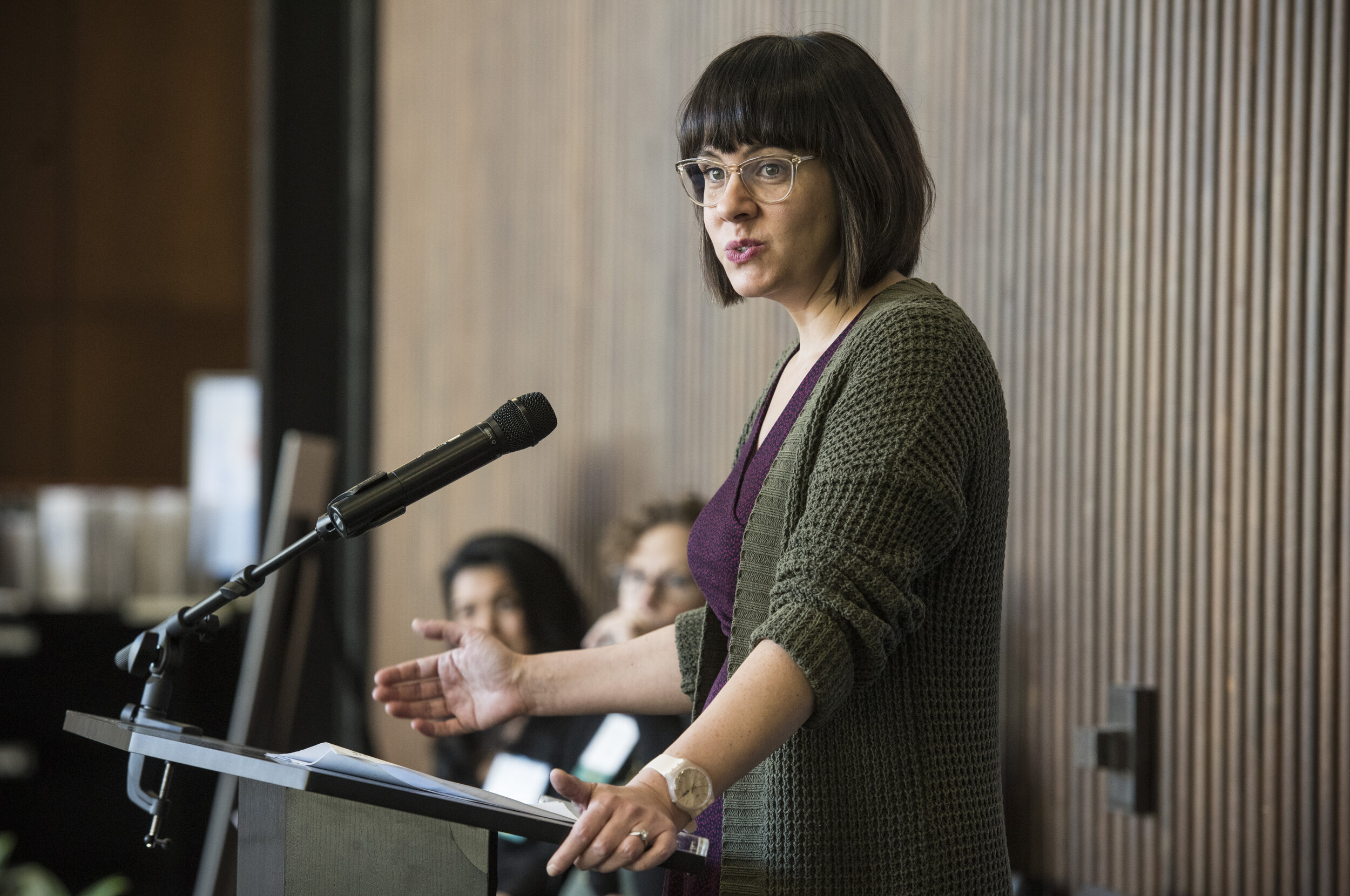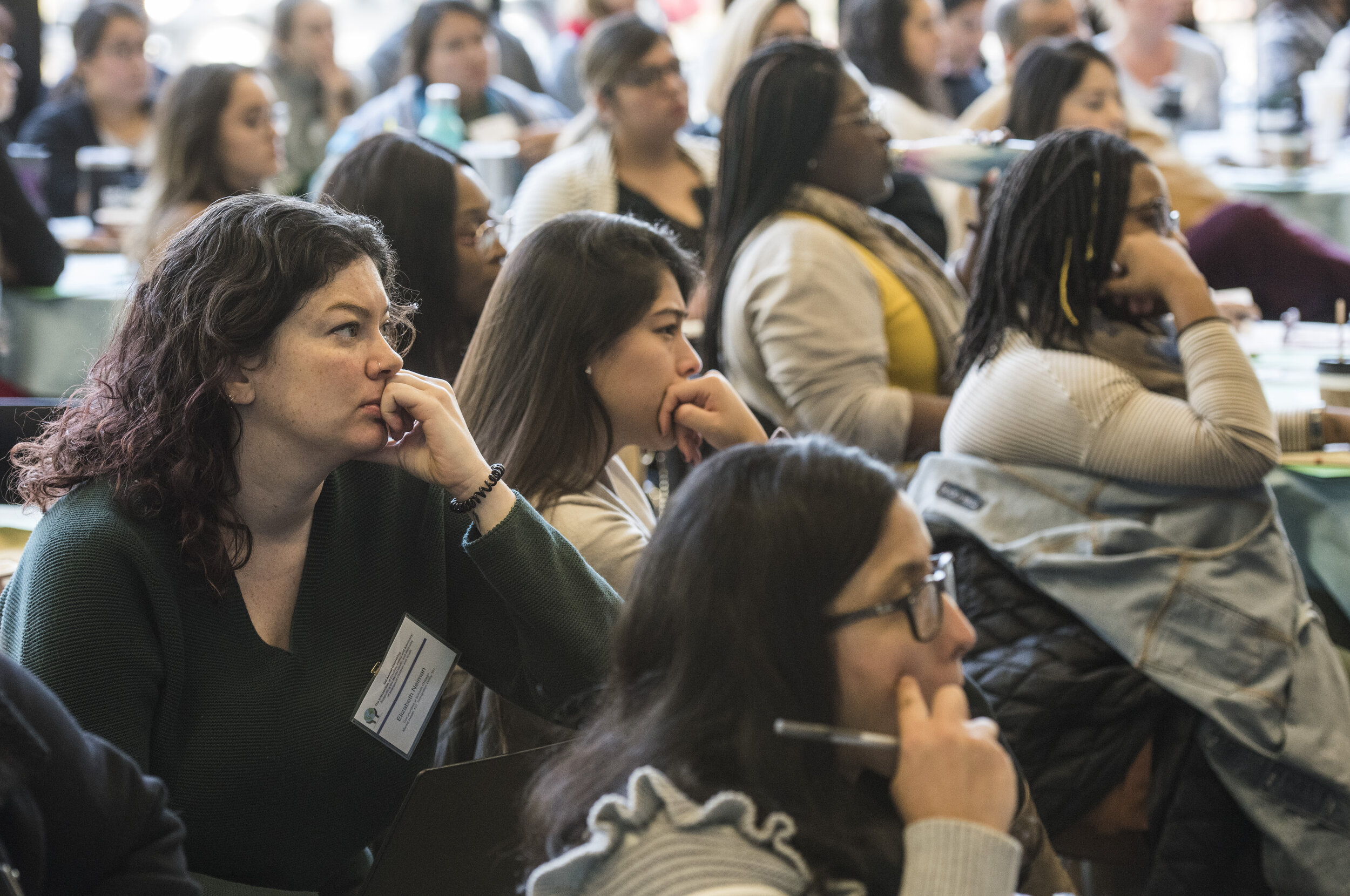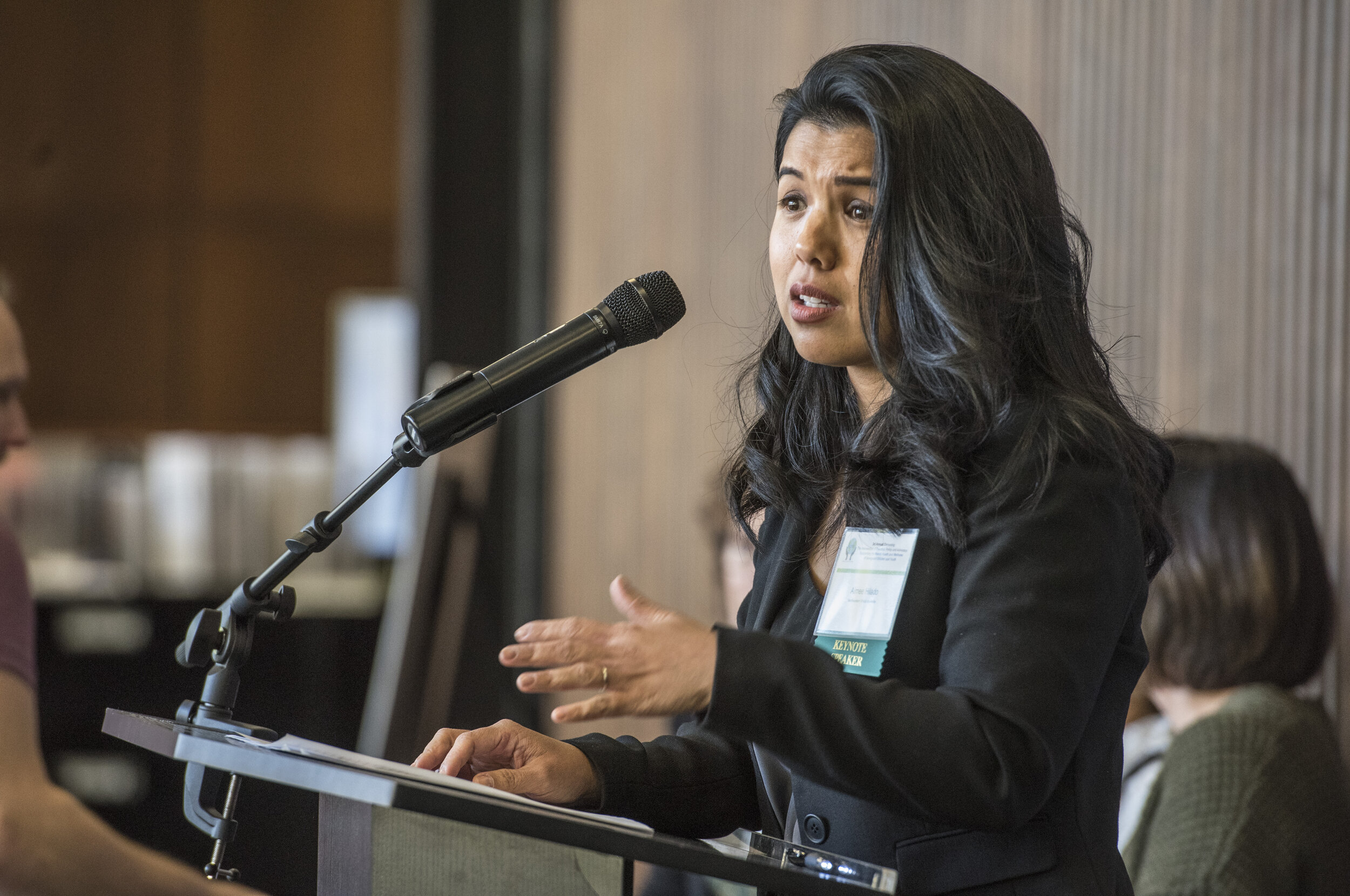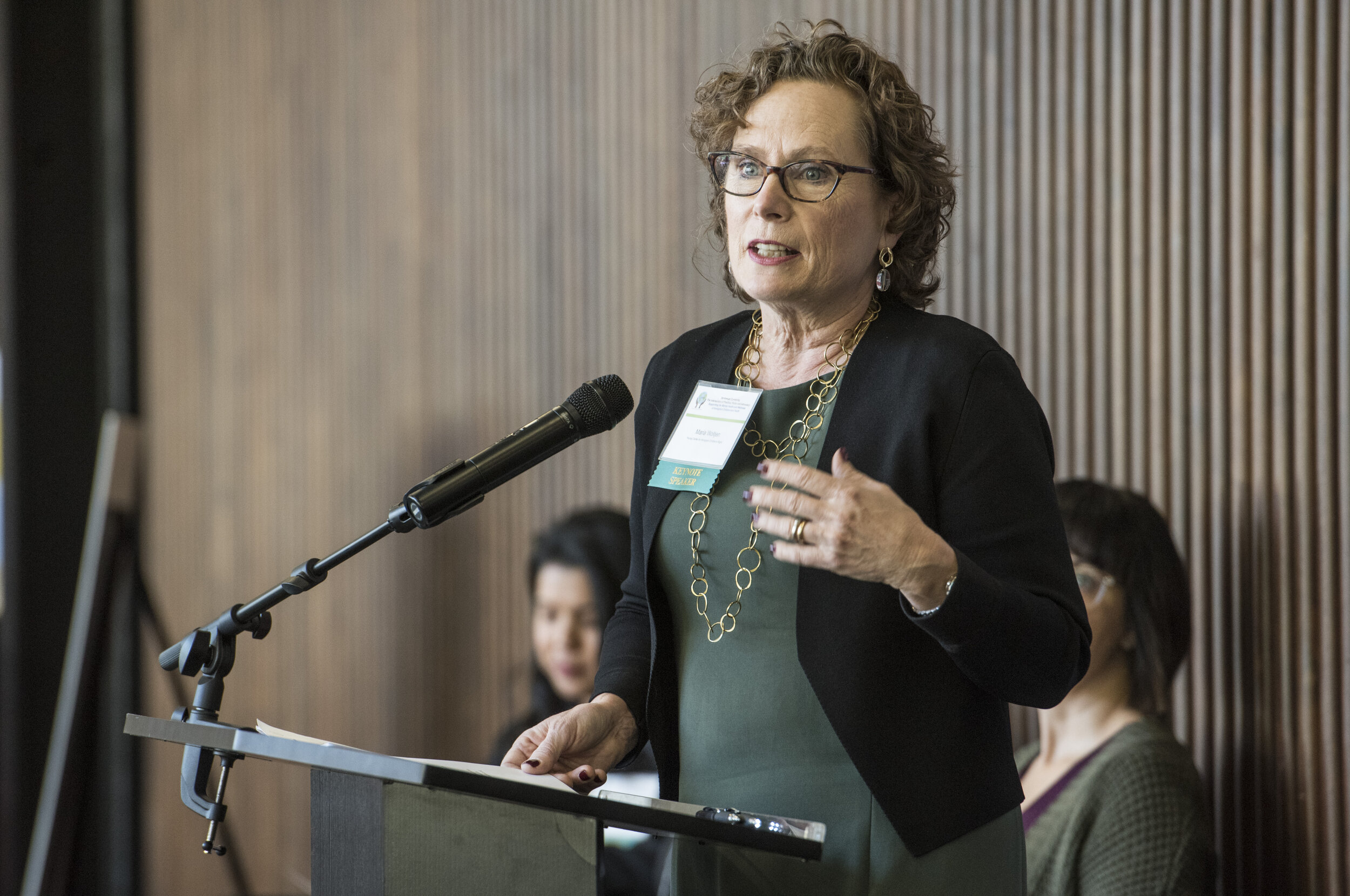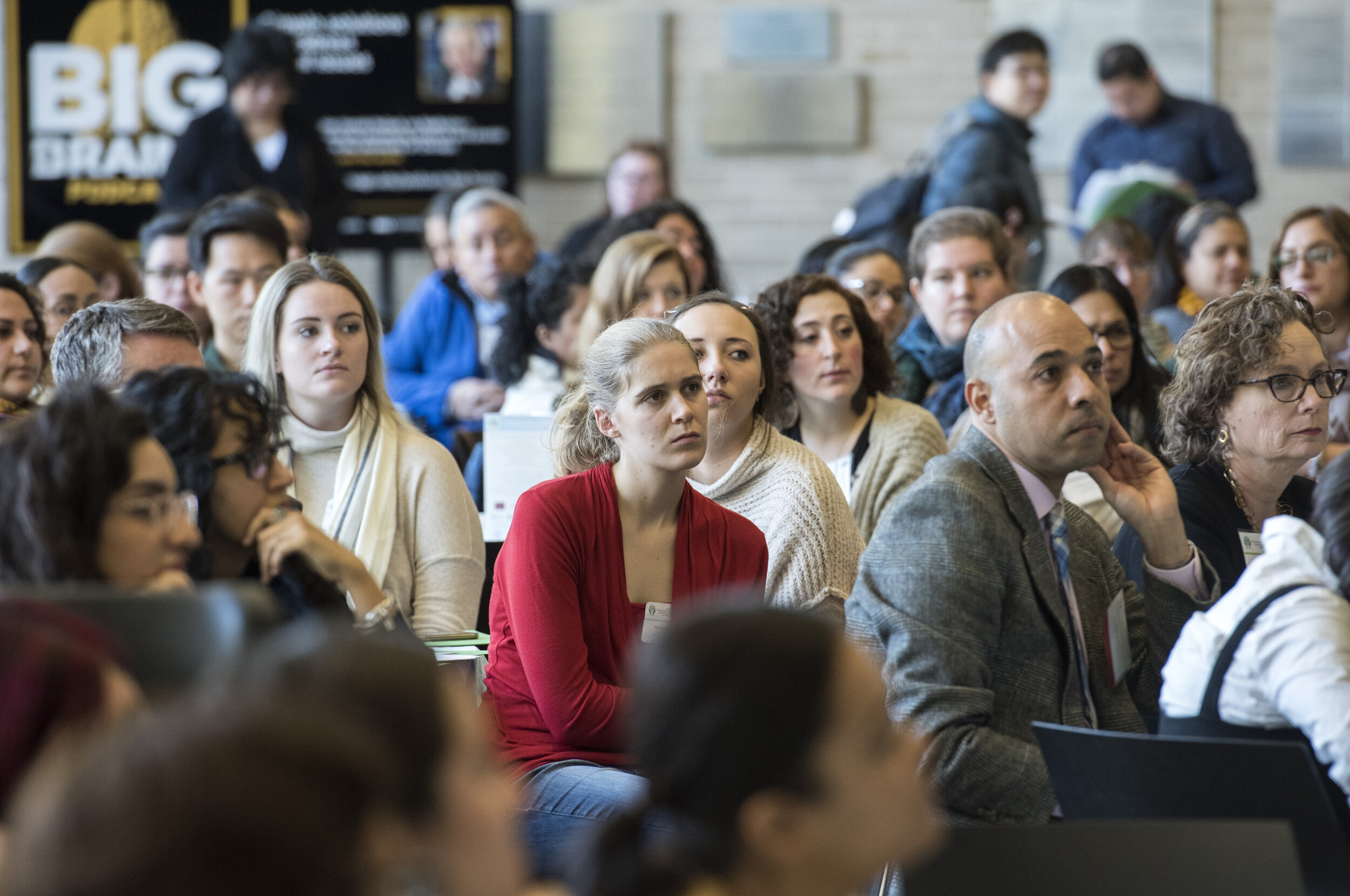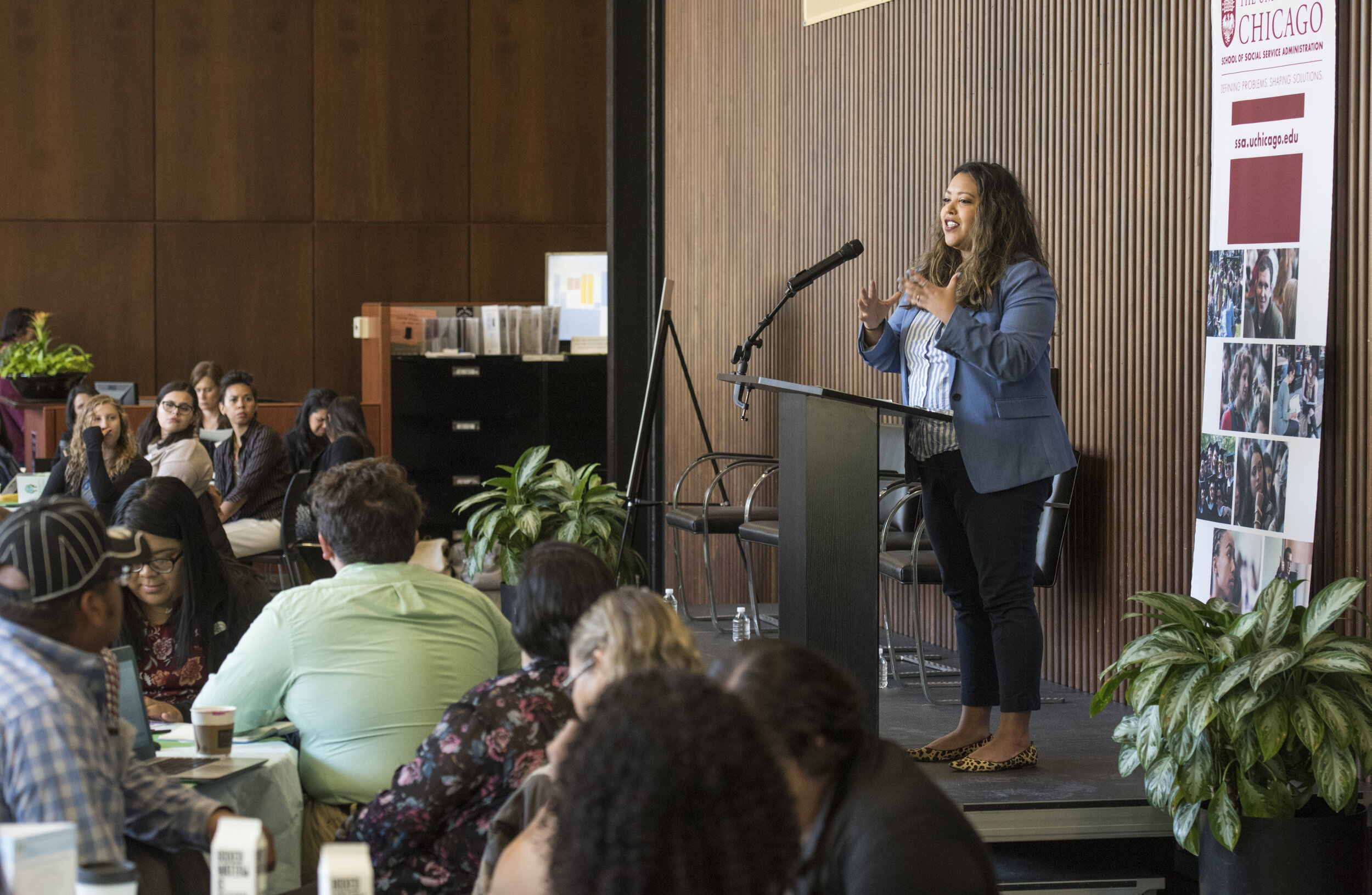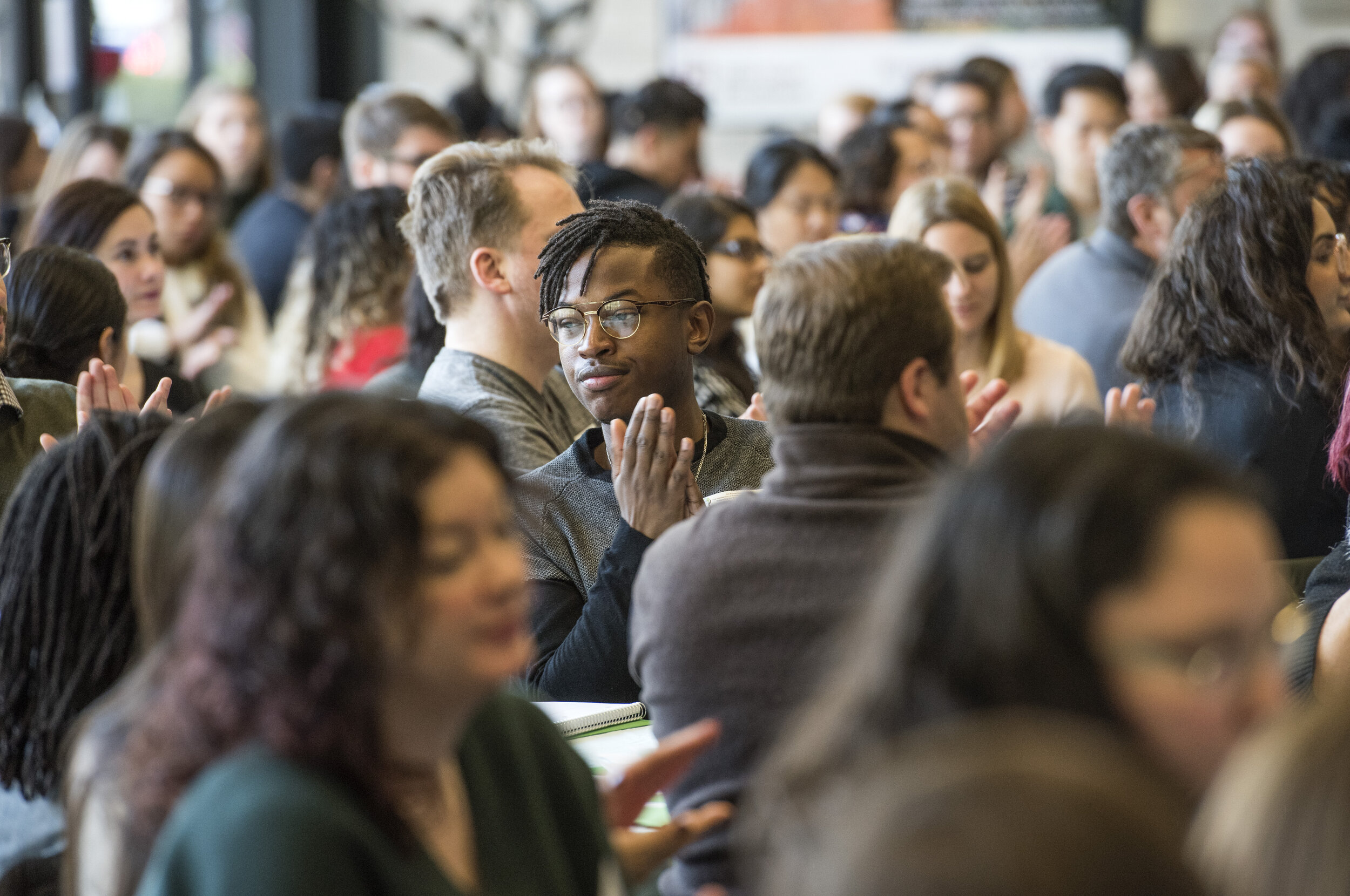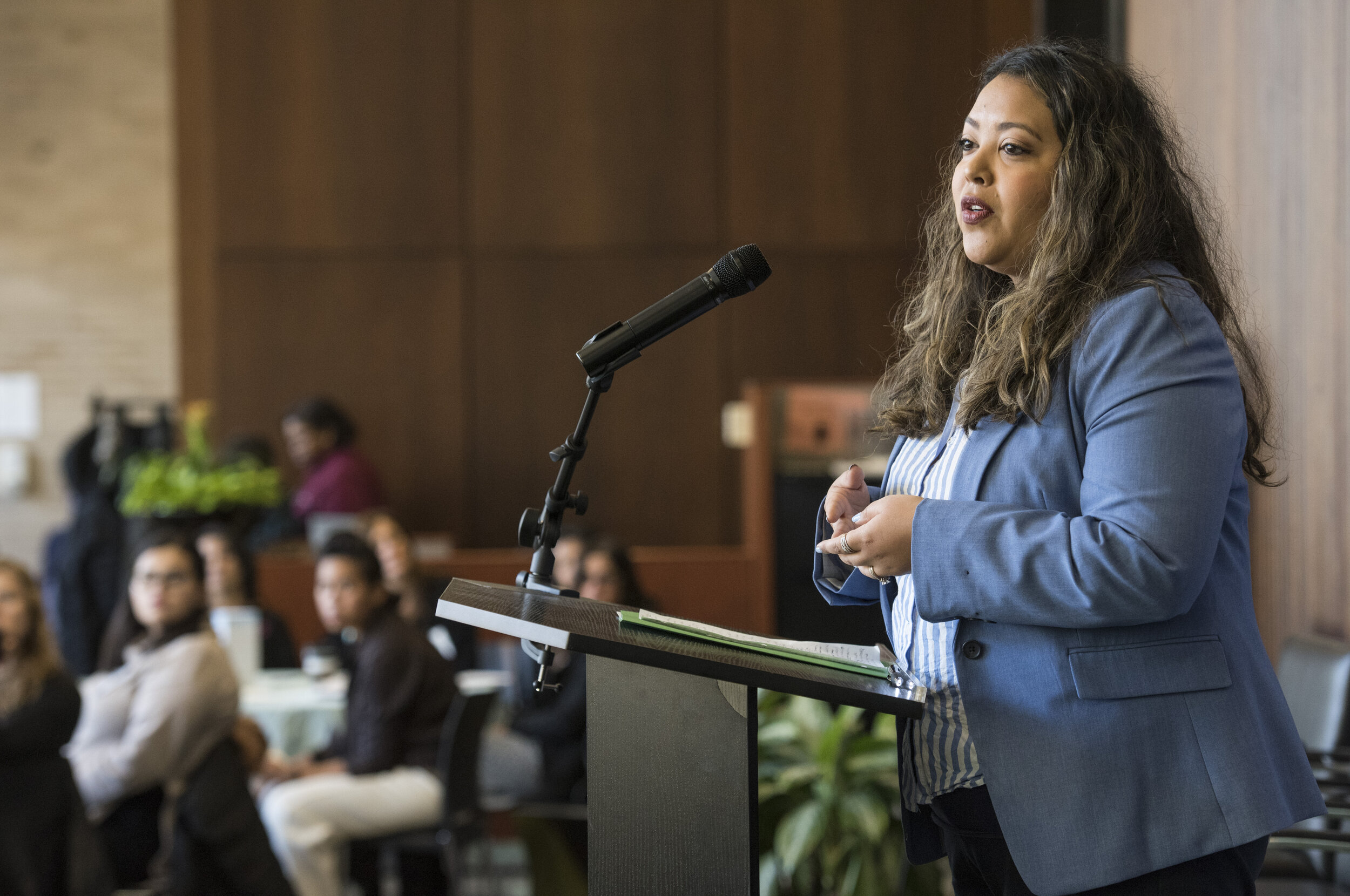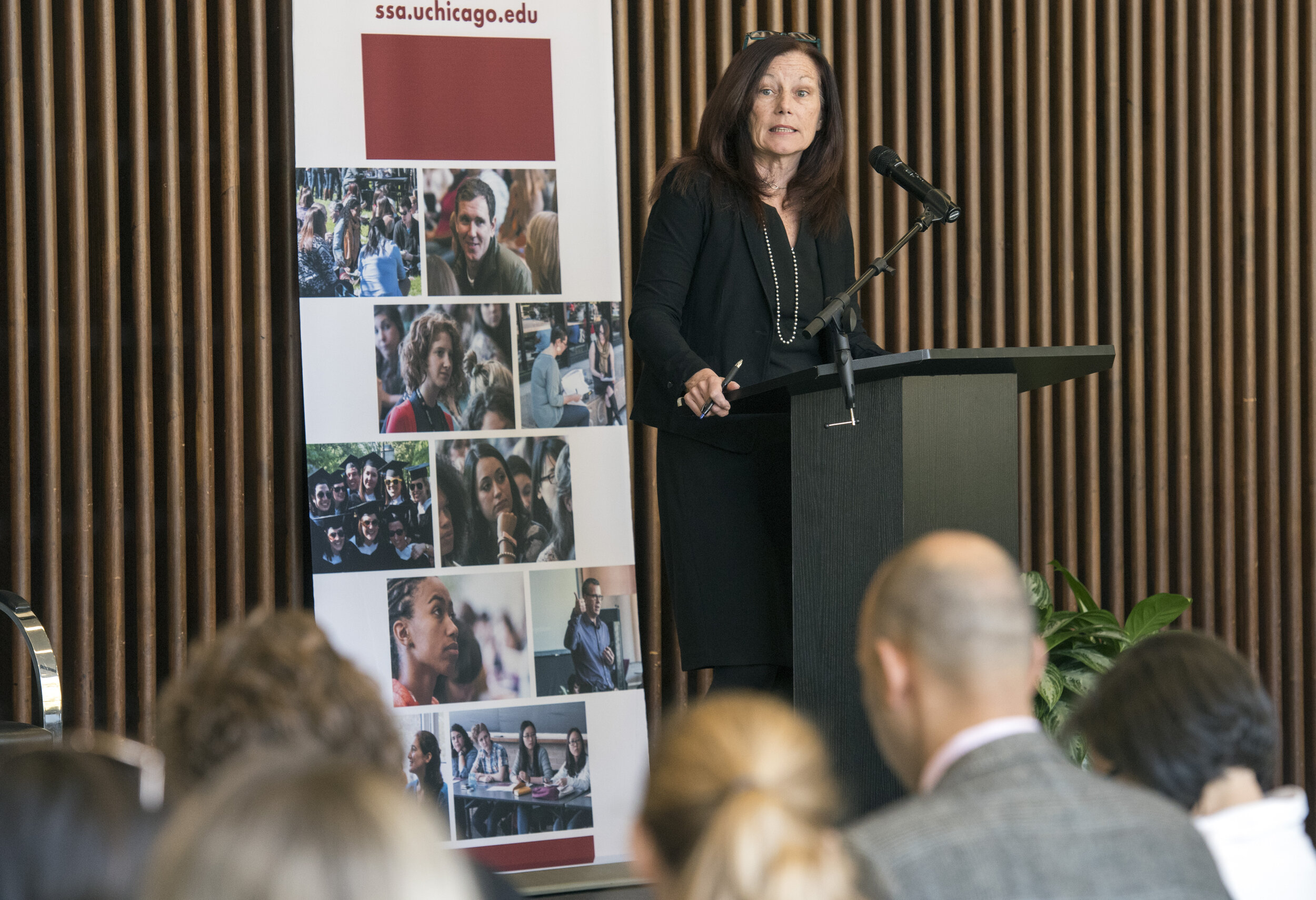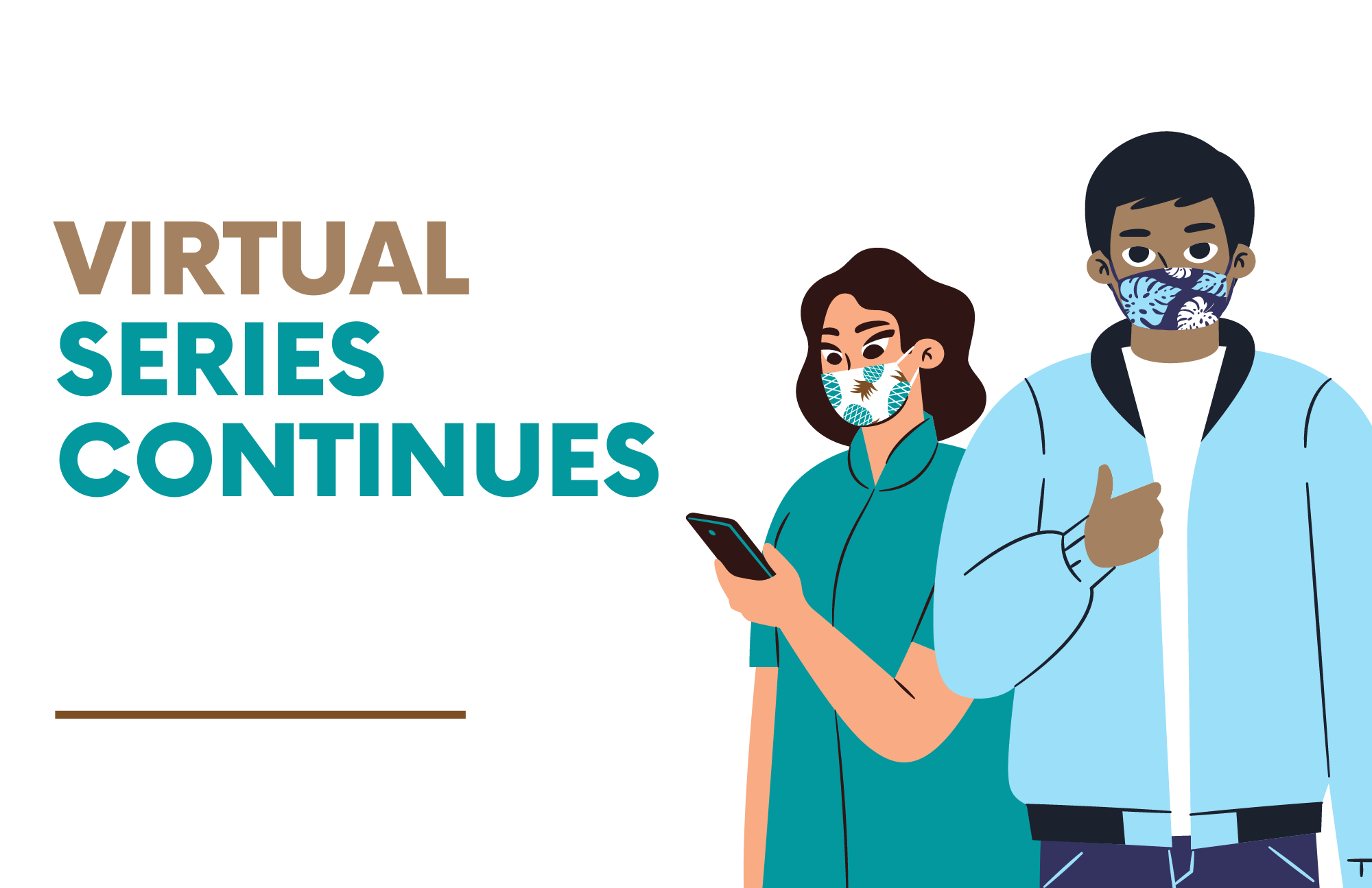CIMH COMMUNITY CONVENINGS
CIMH hosts convenings and training workings focusing on supporting our diverse immigrant and refugee communities' mental health and well-being in these very challenging times. Each gathering reflects thoughtful discussions of the intersection of justice, equity, fair and humane treatment as they interact with the particular issues we are currently facing, such as grappling with these issues in the midst of a pandemic.
2024 Convening & Education Workshop Information Coming Soon!
about cimh convenings
Each convening ends with a Call to Action to encourage CIMH members and attendees to engage in social action advocacy efforts with all immigrants, refugees, and undocumented groups.
If you are interested in being involved and helping us to plan a future convening, please connect with us!
Past CIMH Convenings
2022 Virtual CIMH Convening Series
October 14, 2022 event
This event focused on the misperception of migrant childhoods and trauma-informed strategies to support them.
Panelists Ivón Padilla-Rodríguez, PhD, Daysi Diaz-Strong, PhD, and Stephanie Torres, PhD with moderator Ané Maríñez-Lora, Ph.D. presented the topic.
Click HERE for more information on the speakers and the event agenda. Handouts from the presentation are available.
June 24, 2022 event
The topic of this event focused on refugee children in schools.
Panelists Nathan Sivak, Beata Arceo, MA, Amy Hill, LCSW and Stephanie Torres, Ph.D. with moderator Ané Maríñez-Lora, Ph.D. presented the topic.
Click HERE for more information on the speakers and the event agenda. The recording for the event can be found HERE.
may 27, 2022 event
This convening will focus on the impact of inequitable reception and treatment of refugees experiencing global displacement and a call for compassionate and fair responses for non-Christian and refugees of color. Panelists Falu Rami, Ph.D., LMFT, Fasika Alem, Ph.D., MPH, and Moshood Olanreqaju, Ph.D. with moderator Aimee Hilado, Ph.D. presented the topic.
Click HERE fore more information on the speakers and agenda for the event. The recording for the event can be found HERE.
January 20, 2022 Event
This event centered around the documentary film Five Years North (2021) by Optimist Founders Chris Temple and Zach Ingrasci.
Panelists Angela Garcia, Ph.D., Daysi Diaz-Strong, Ph.D., and Elena Zarandona, MS, LMHC with moderator Ané Maríñez-Lora, Ph.D. discussed the film with an opportunity for Q&A from attendees
Click HERE fore more information on the speakers and agenda for the event. The recording for the event can be found HERE.
Conference Evaluations and Feedback from the Community
Conference attendees were asked to provide feedback via an evaluation survey conducted at the end of each conference. With the goal of obtaining more feedback from convening participants, we asked attendees in the most recent convening to complete a paper and pencil (hard copy) of the evaluation survey while still at the conference (a change from the online survey conducted the previous year). We consequently received a higher response rate in surveys in 2018 (N=115) from the previous year (N=36).
Upon reviewing roundtable notes on “take-away” messages, we gathered that participants increased their knowledge of the existing research on the mental health effects of undocumented status, and many expressed a desire to tie research findings to action and advocacy. Groups reflected on the importance of both research and community organization perspectives during the panel presentations, while also recognizing the need to elevate the voices and experiences of those directly impacted by immigration policies (i.e., multiple narratives of those with undocumented status, diverse immigrant communities and intersecting identities). Groups from the roundtable discussion generated many actions steps that reflected the diverse role an organization presents, including: (a) professional development opportunities for direct providers, educators, and allies; (b) creating spaces for deeper conversation and community-building among various ethnic communities and LGBTQ communities; (c) dissemination of research to communities and service providers; (d) sharing resources and cross-sector collaboration on funding opportunities; and (e) broadening definitions of mental health to reduce stigma, encourage open dialogue, and empower communities. Lastly, some groups also identified barriers and challenges in this work which largely reflected lack of resources/funding, access to services, and creating safe or “brave” spaces (i.e., pervasive fears of deportation).
Based on the evaluations from those who attended most of the conference, we gathered positive feedback related to the learning goals of the conference. The majority of attendees agreed (65.2% in 2017/44.4% in 2018) or strongly agreed (34.8% in 2017/44.4% in 2018) that the convenings highlighted ways that research-practice-policy collaborations can address the mental health of immigrant communities, and the majority (90-95% in both 2017 and 2018) agreed/strongly agreed that the convenings helped them better understand the effects of undocumented status, the immigrant context, and how research is relevant to their everyday work with immigrant communities. Results from the 2018 convening revealed that the majority (93.4%) believed there was a strong focus on highlighting the narratives of those directly impacted by immigration policy.
The data from these evaluations further seems to show that there is value in networking and working collectively to inform each other to optimize services and advocacy on behalf of immigrant families. The general positive response seems to suggest that there is an ongoing need for training that specifically heightens understanding of the complex experiences of the individual immigrant and best practices with immigrant families and communities. Each convening ended with a Call to Action to encourage CIMH members and attendees to engage in social action advocacy efforts on behalf of all immigrants, outlining specific ways to do this. These efforts positioned CIMH and its allies to engage coalition members, community members as well as other stakeholders in advocating for positive legislative policies and initiatives that support immigrant communities.
